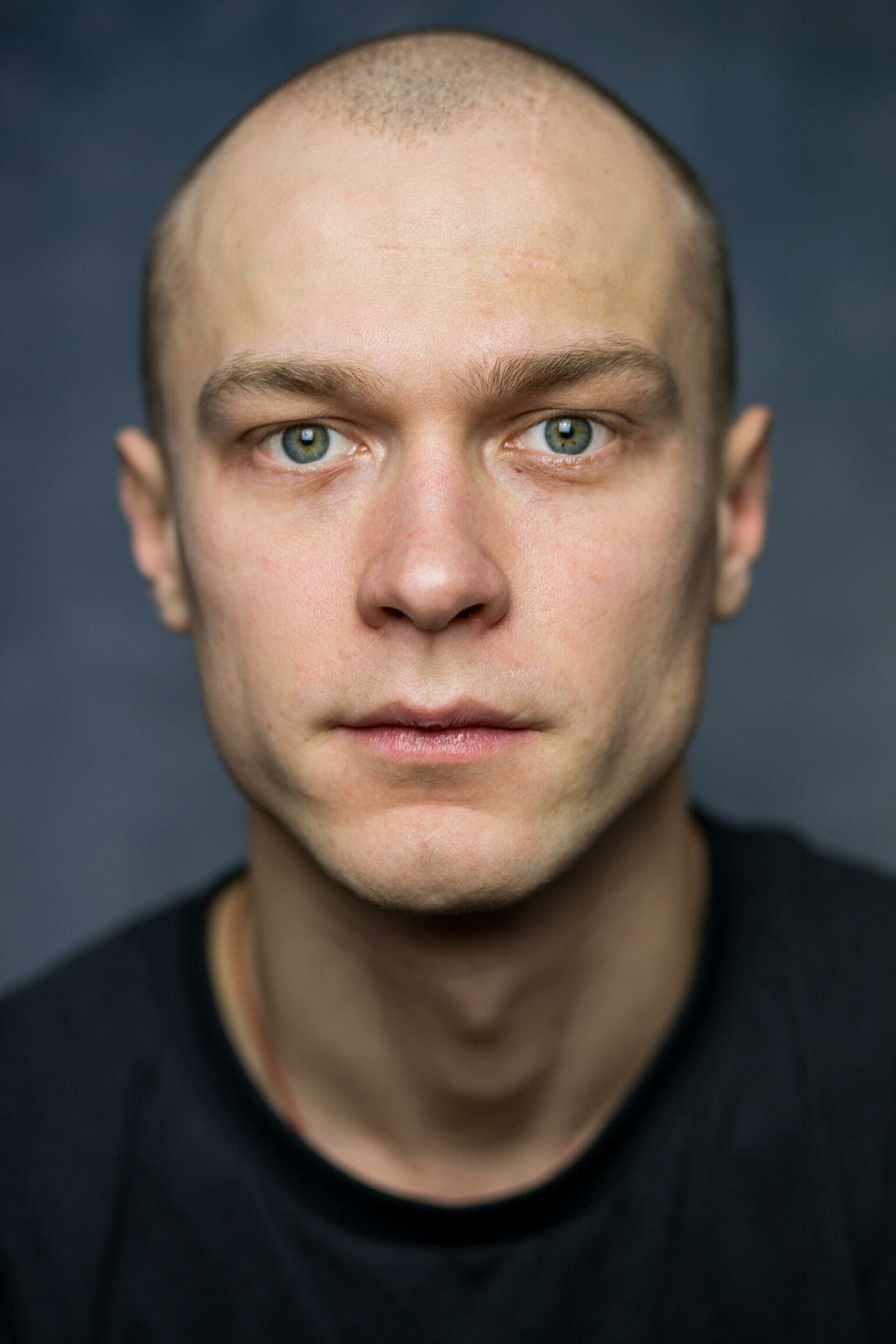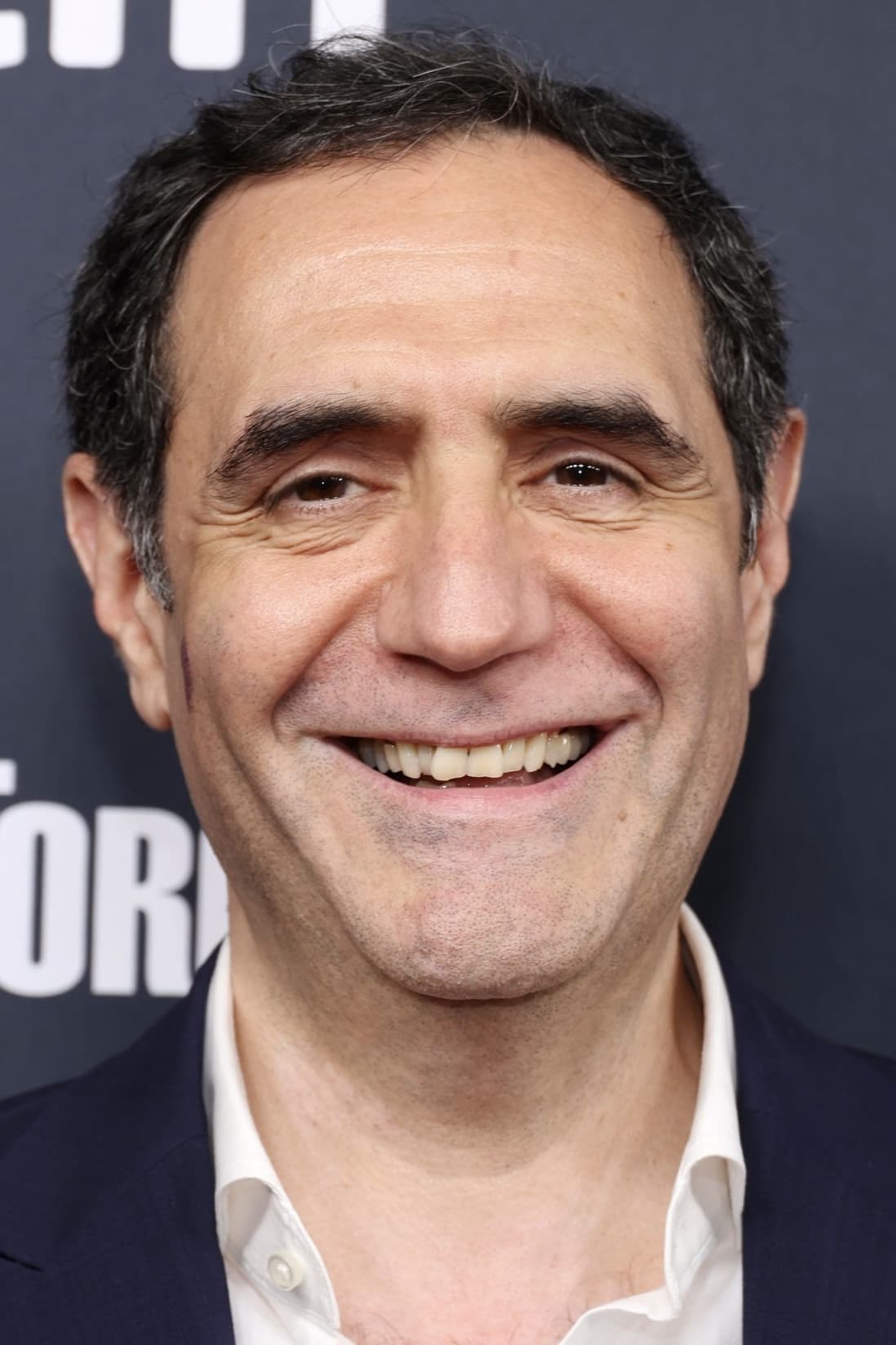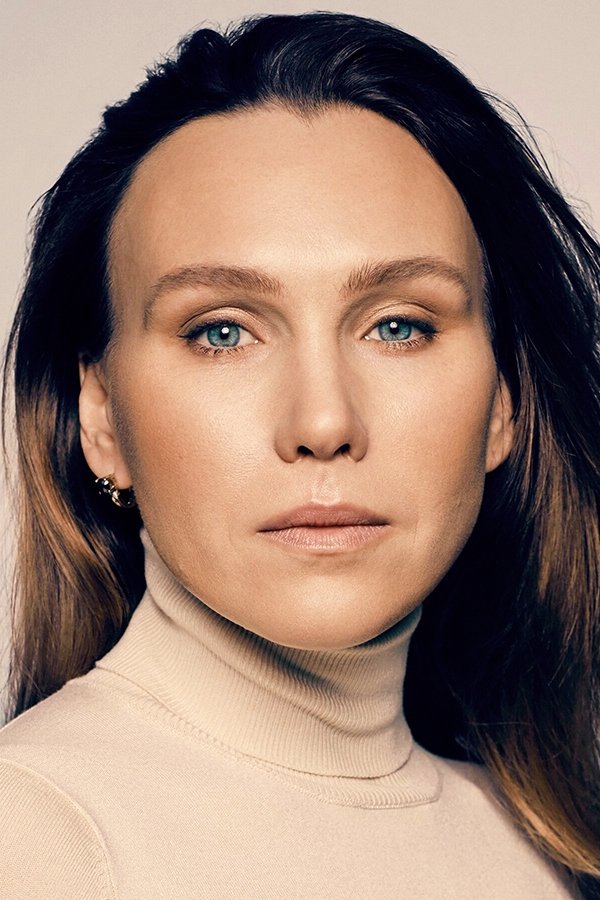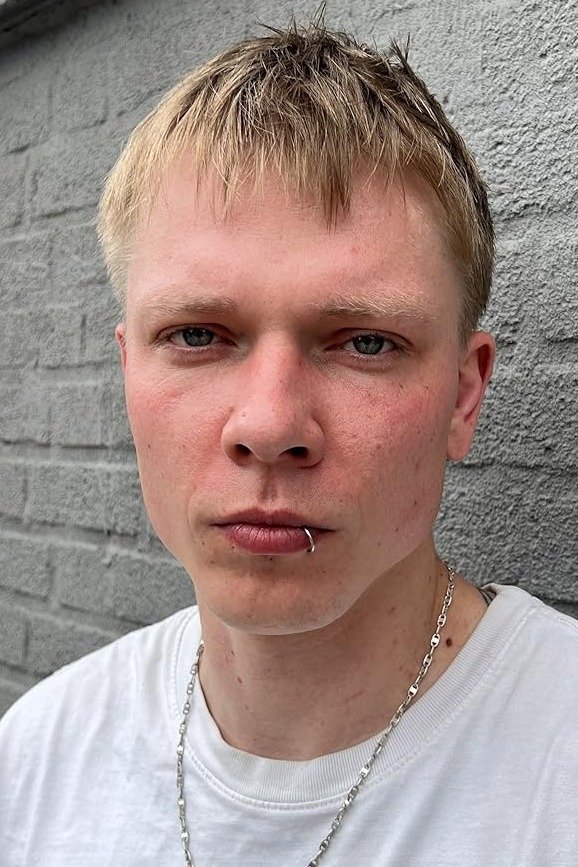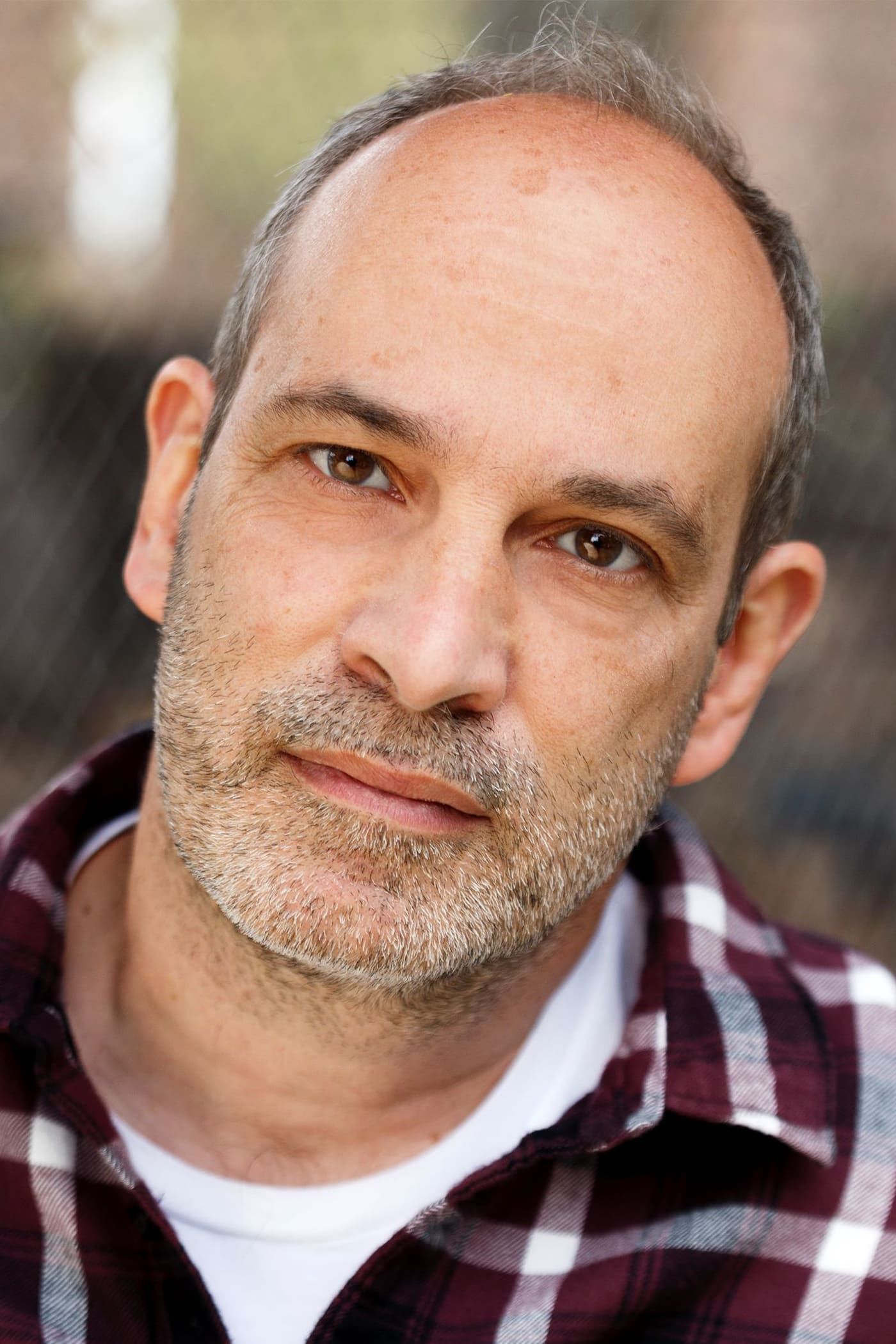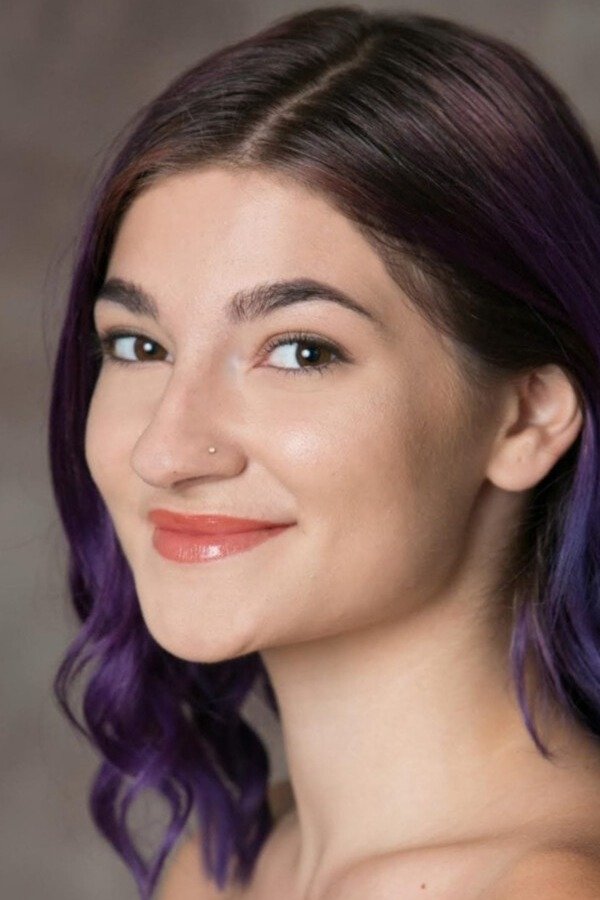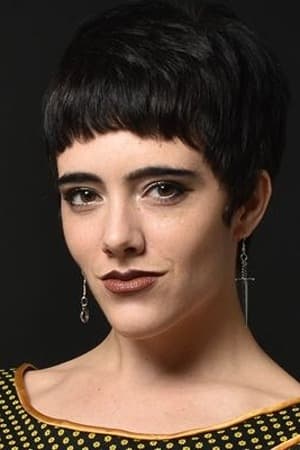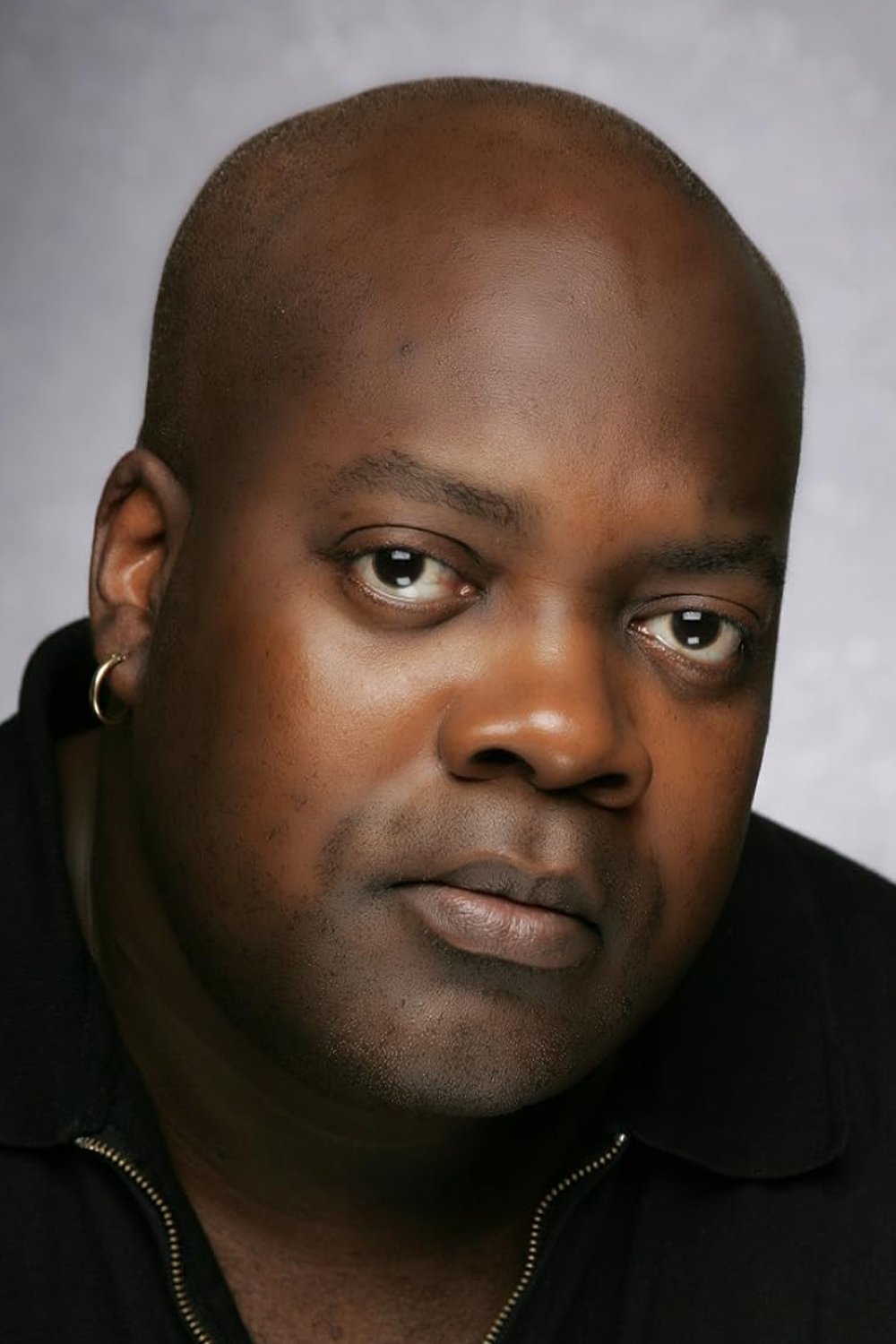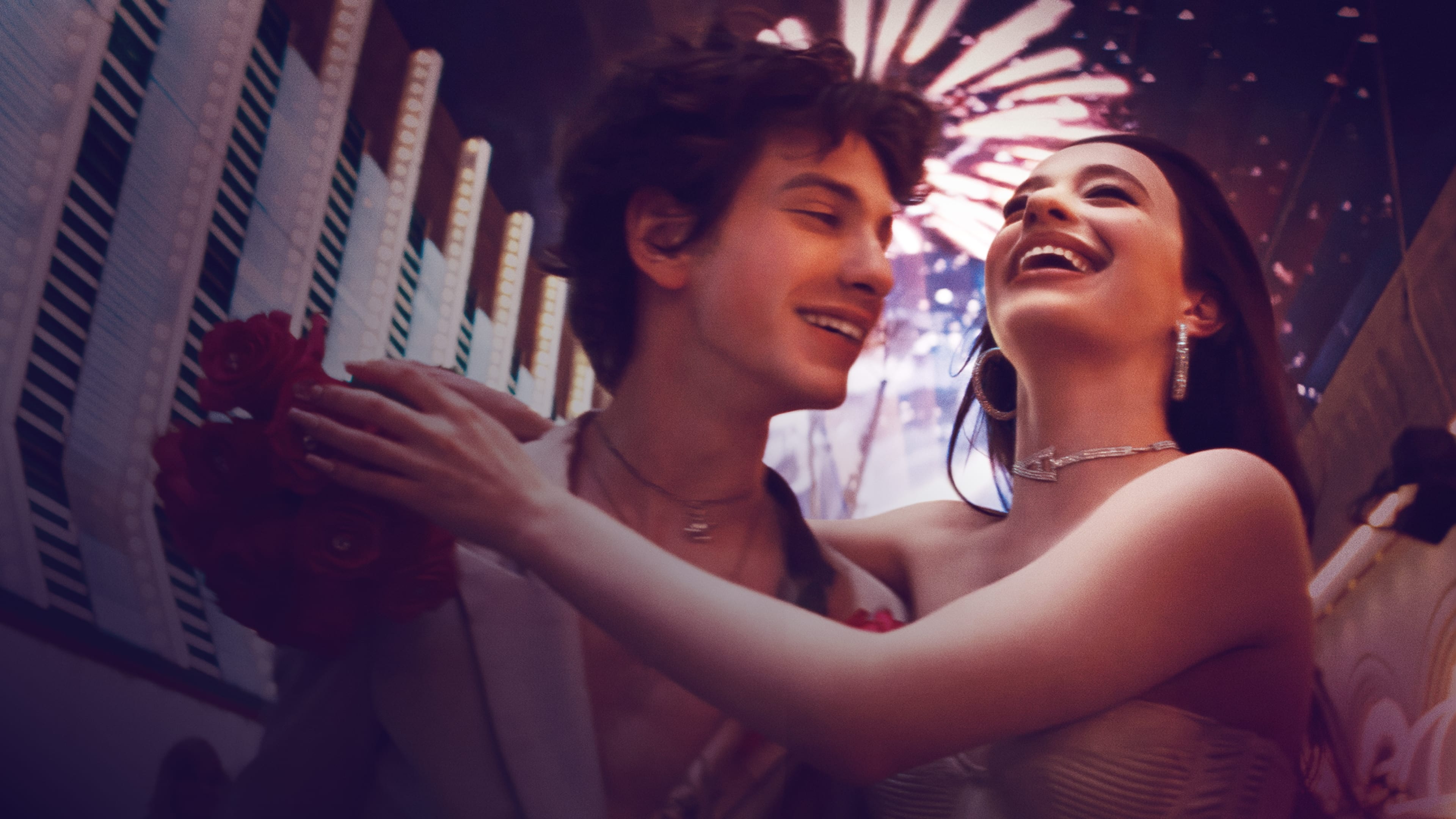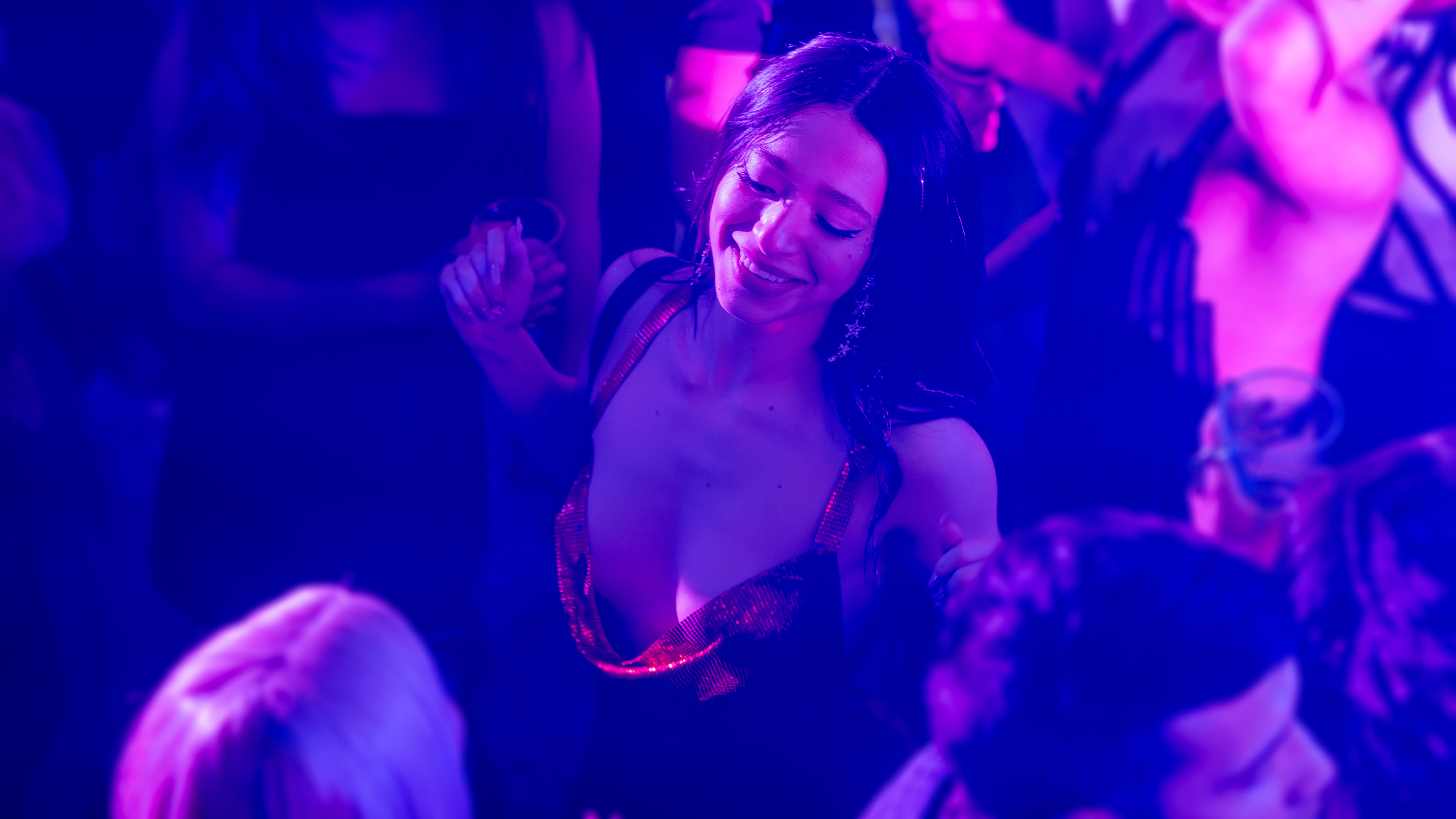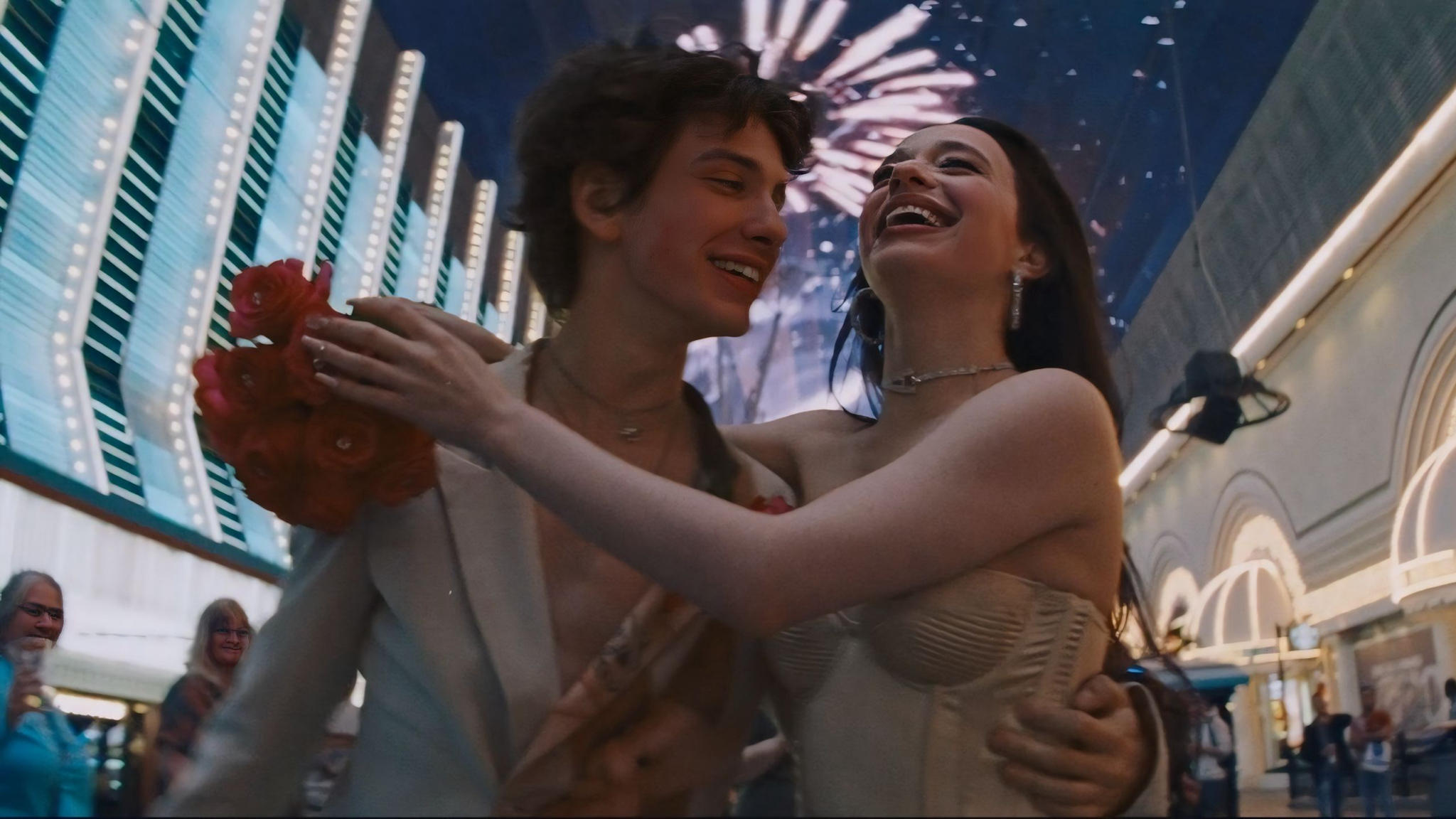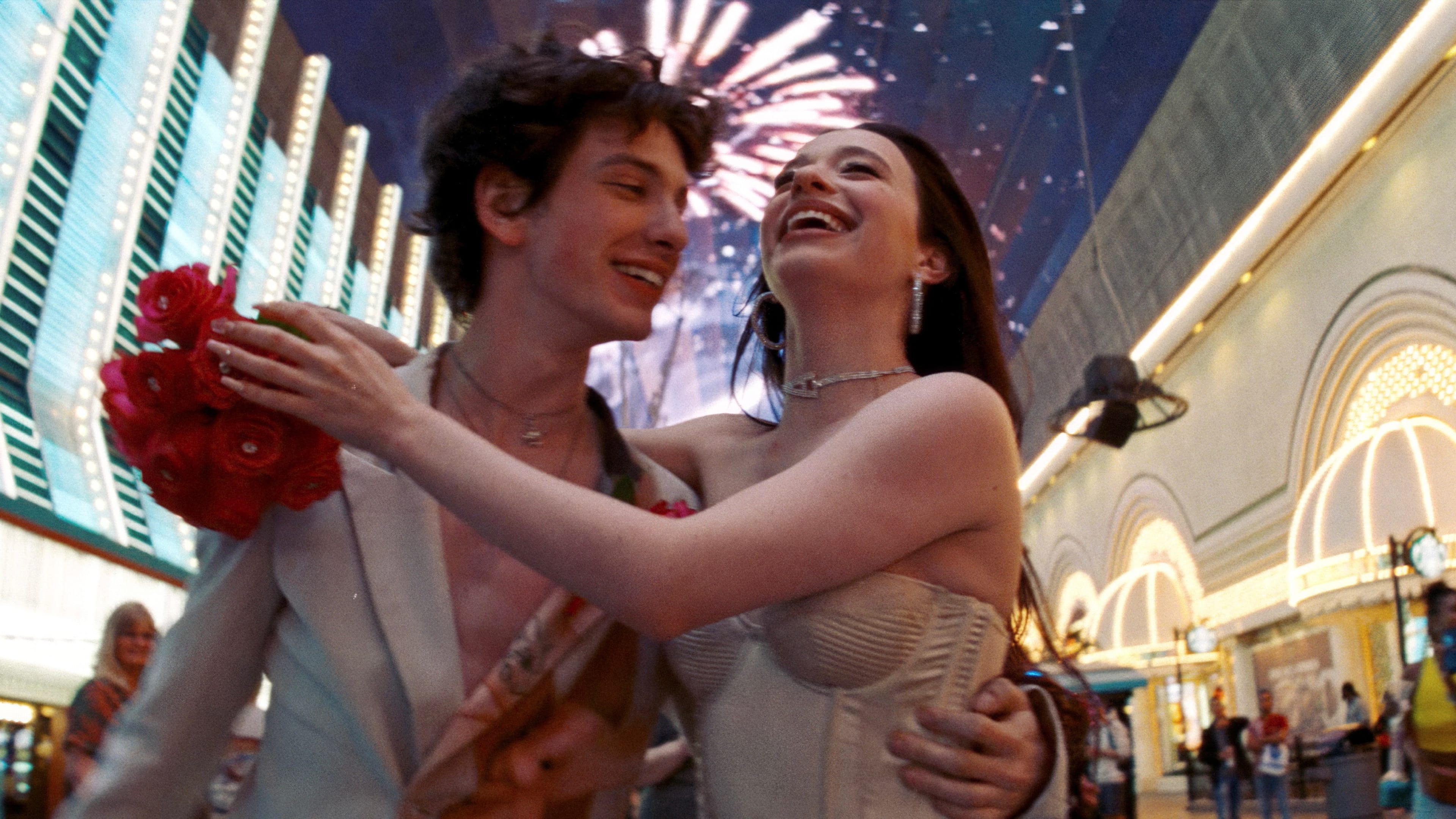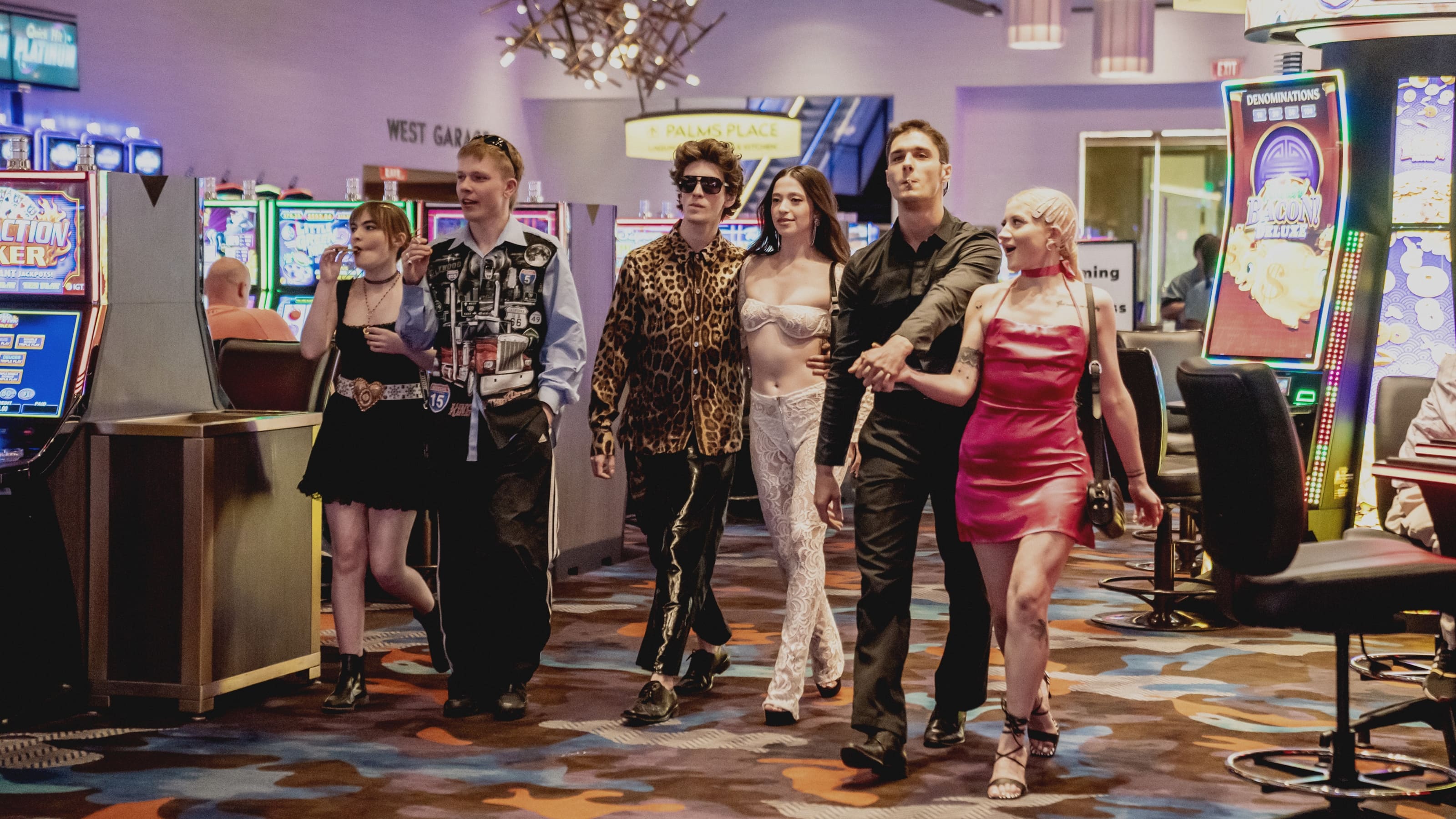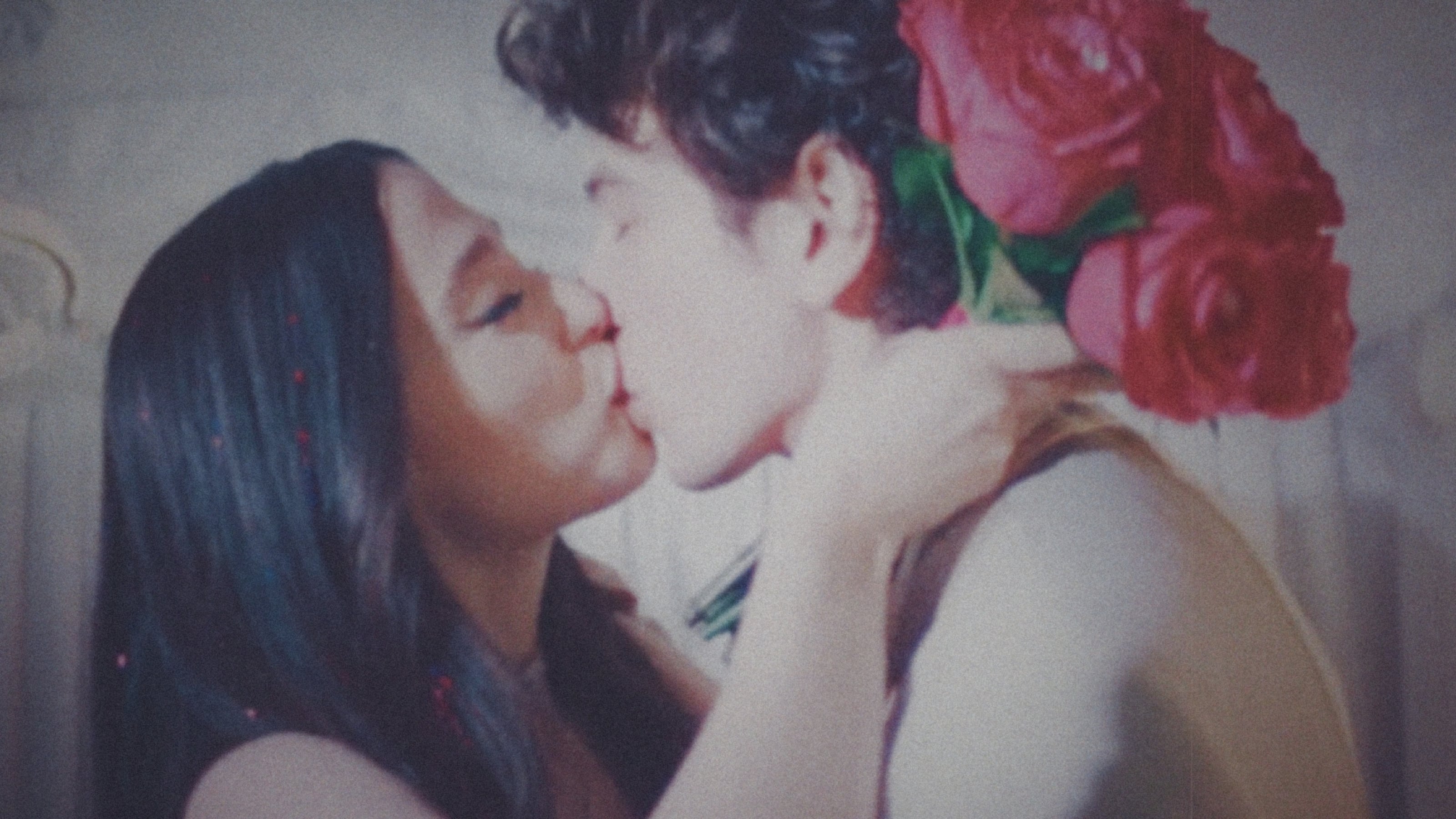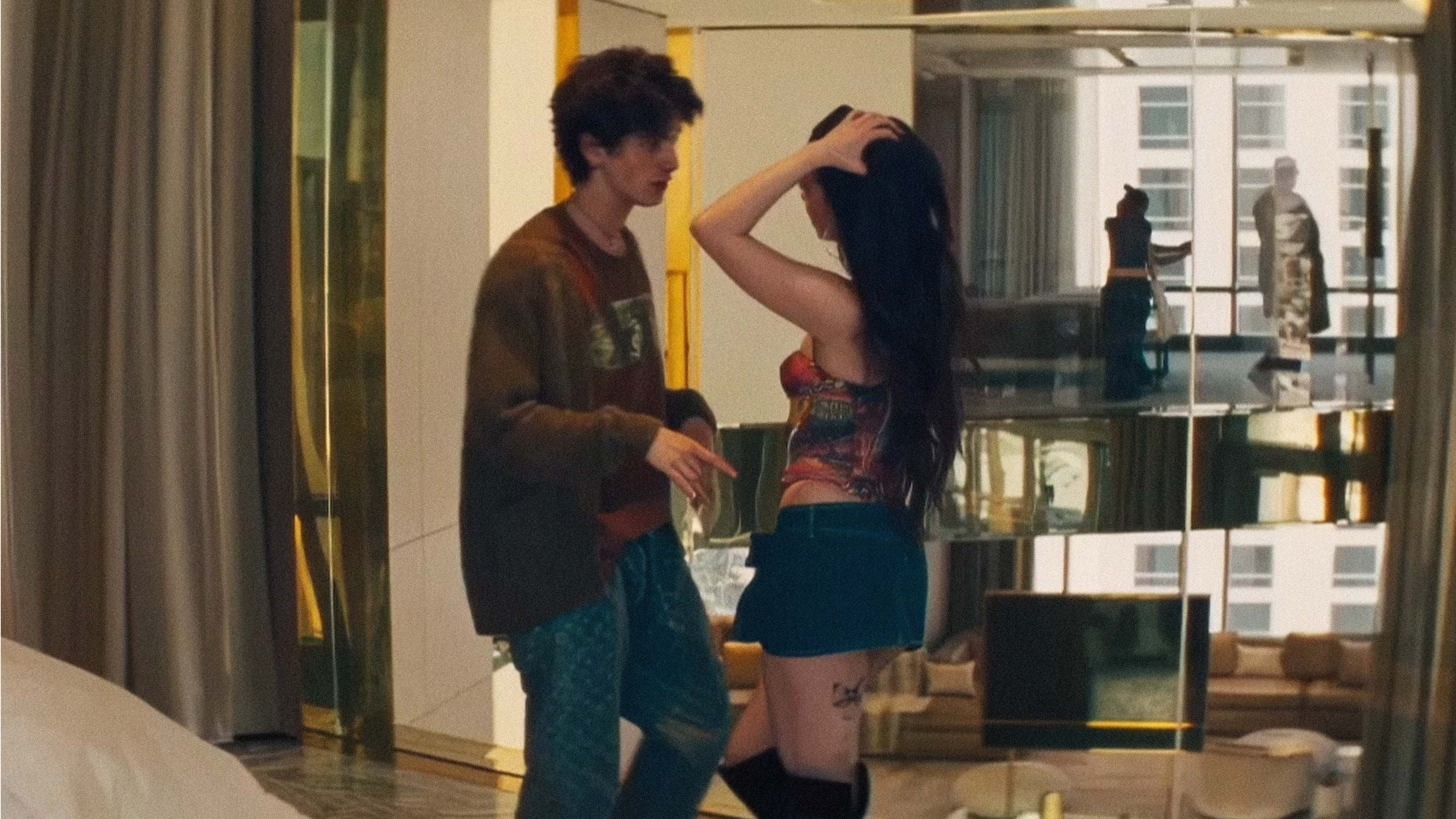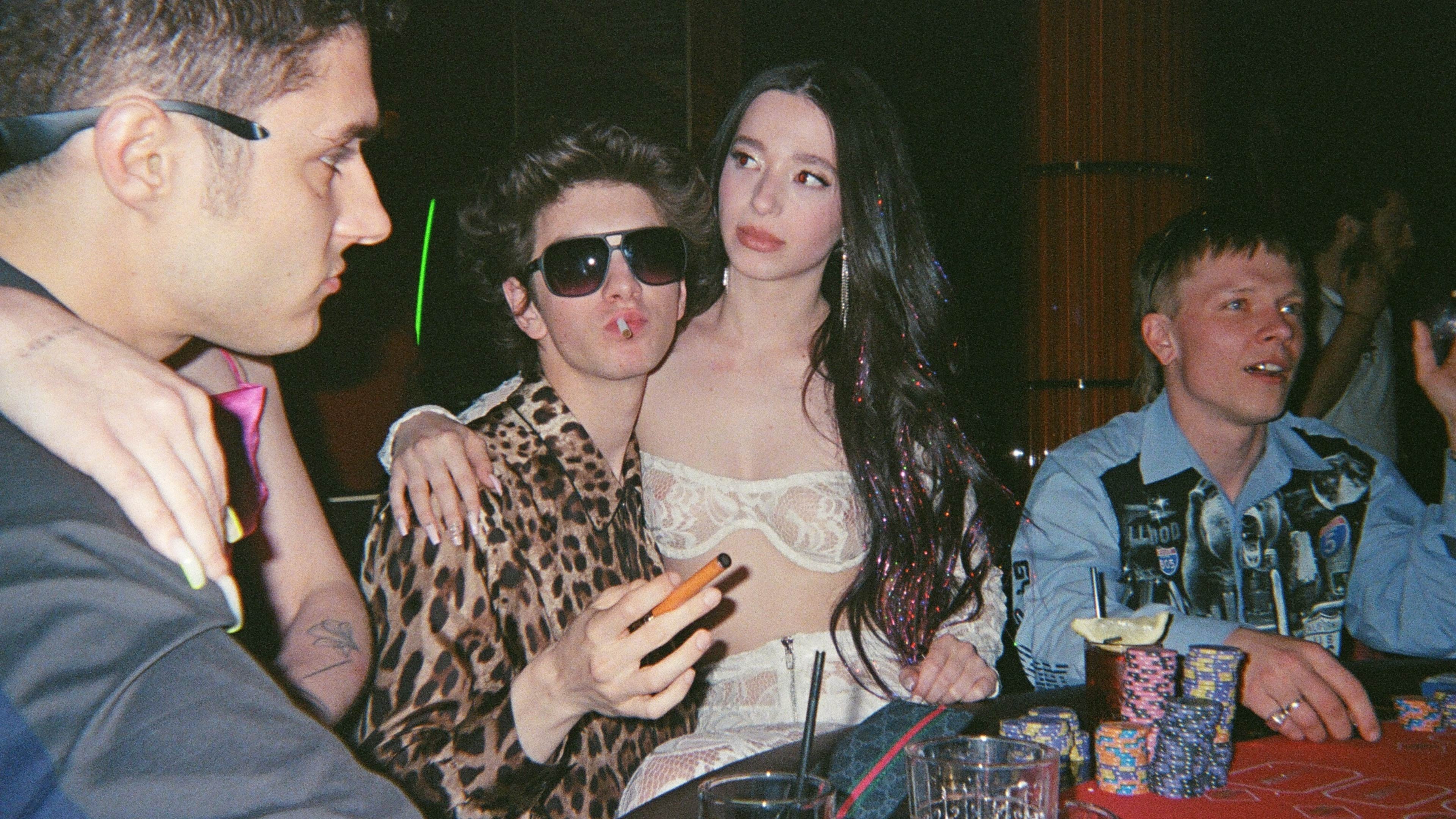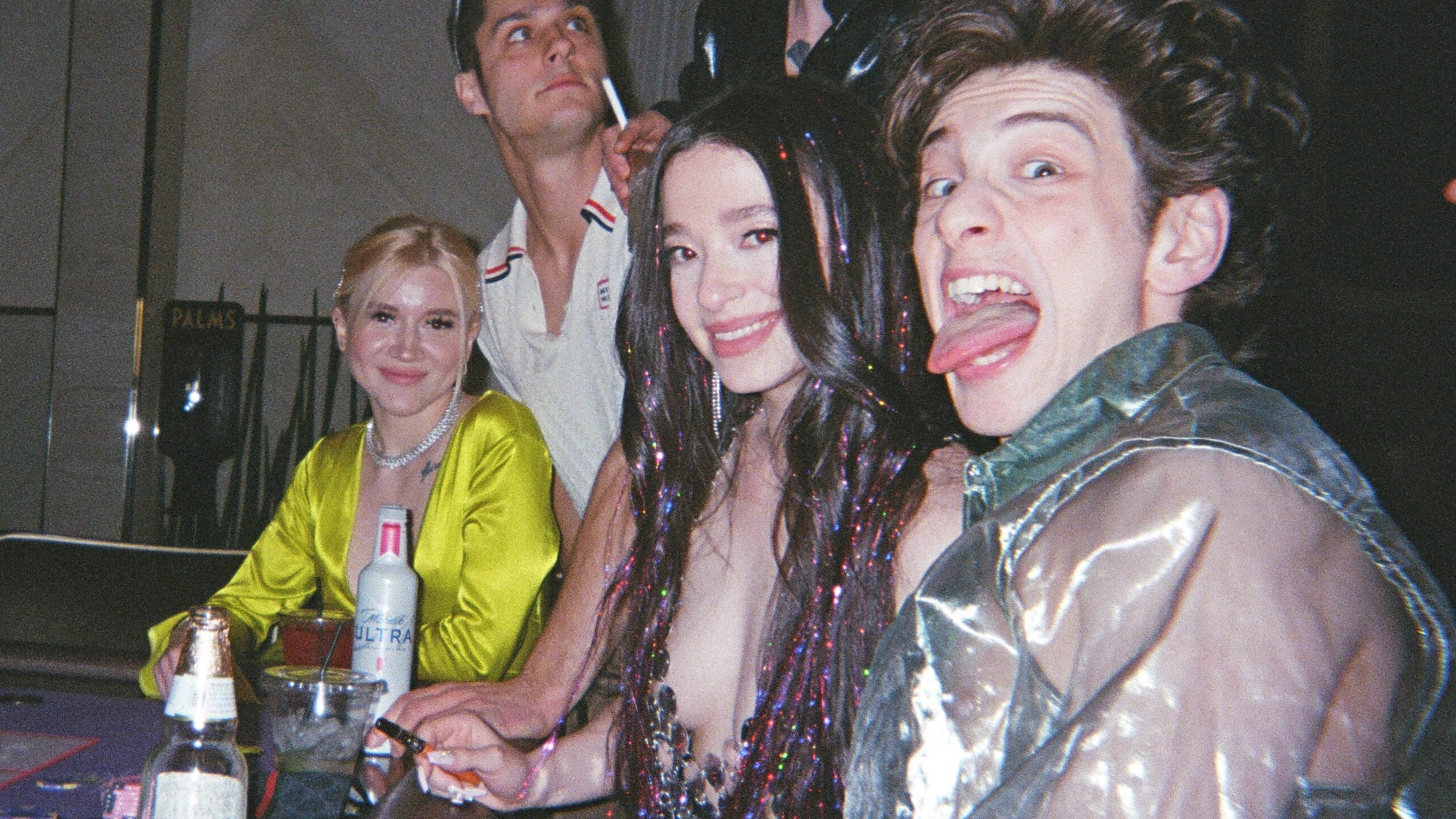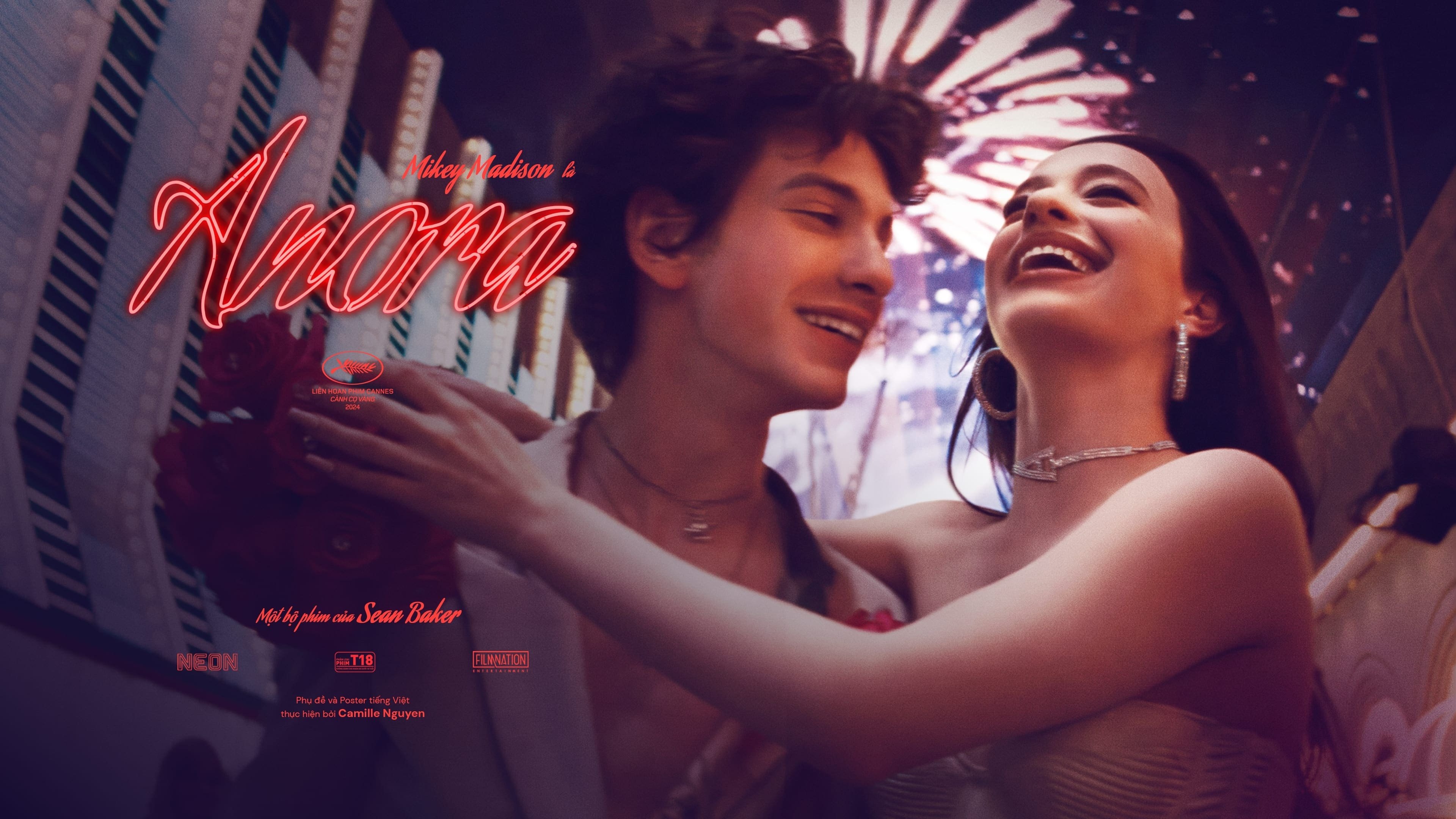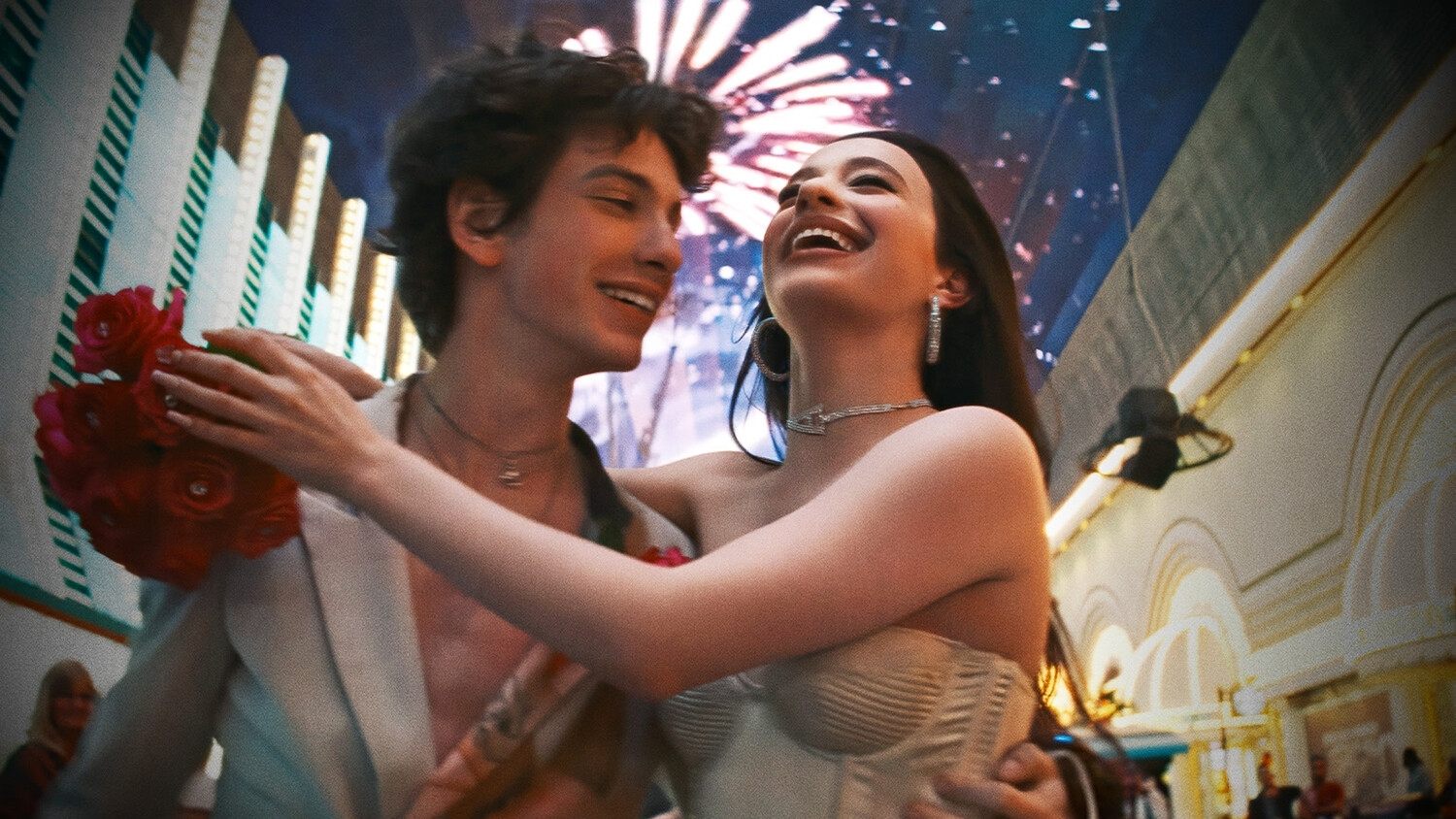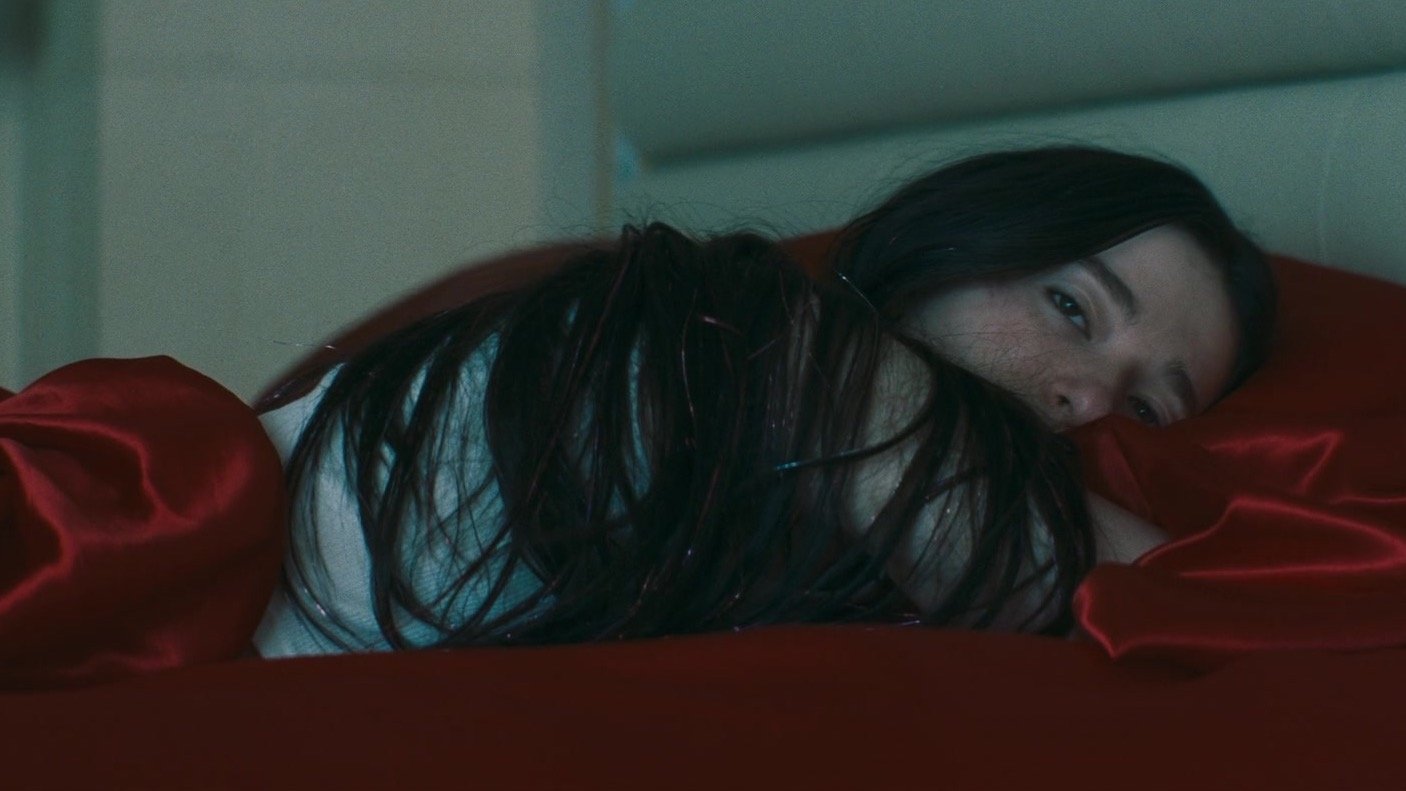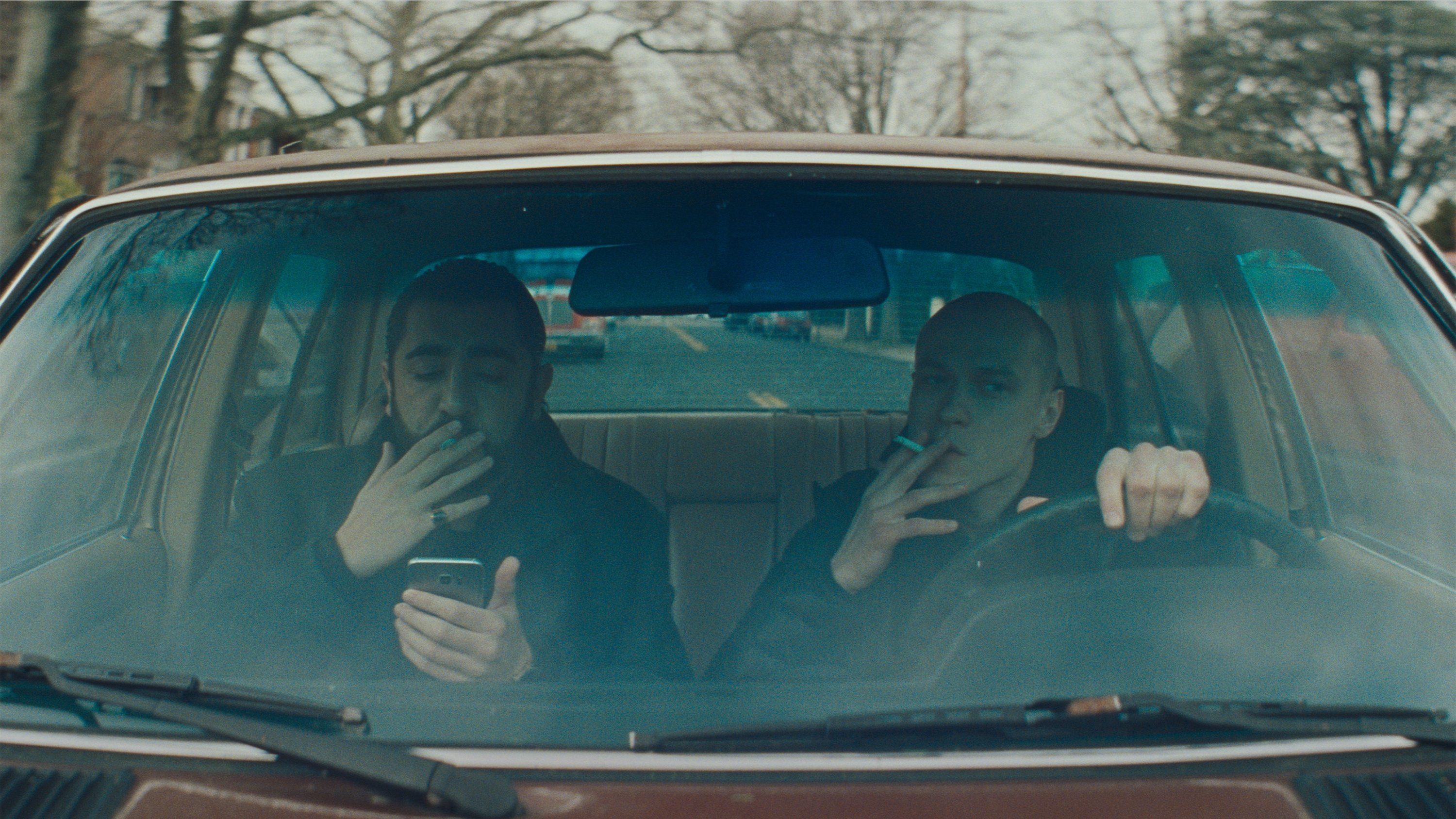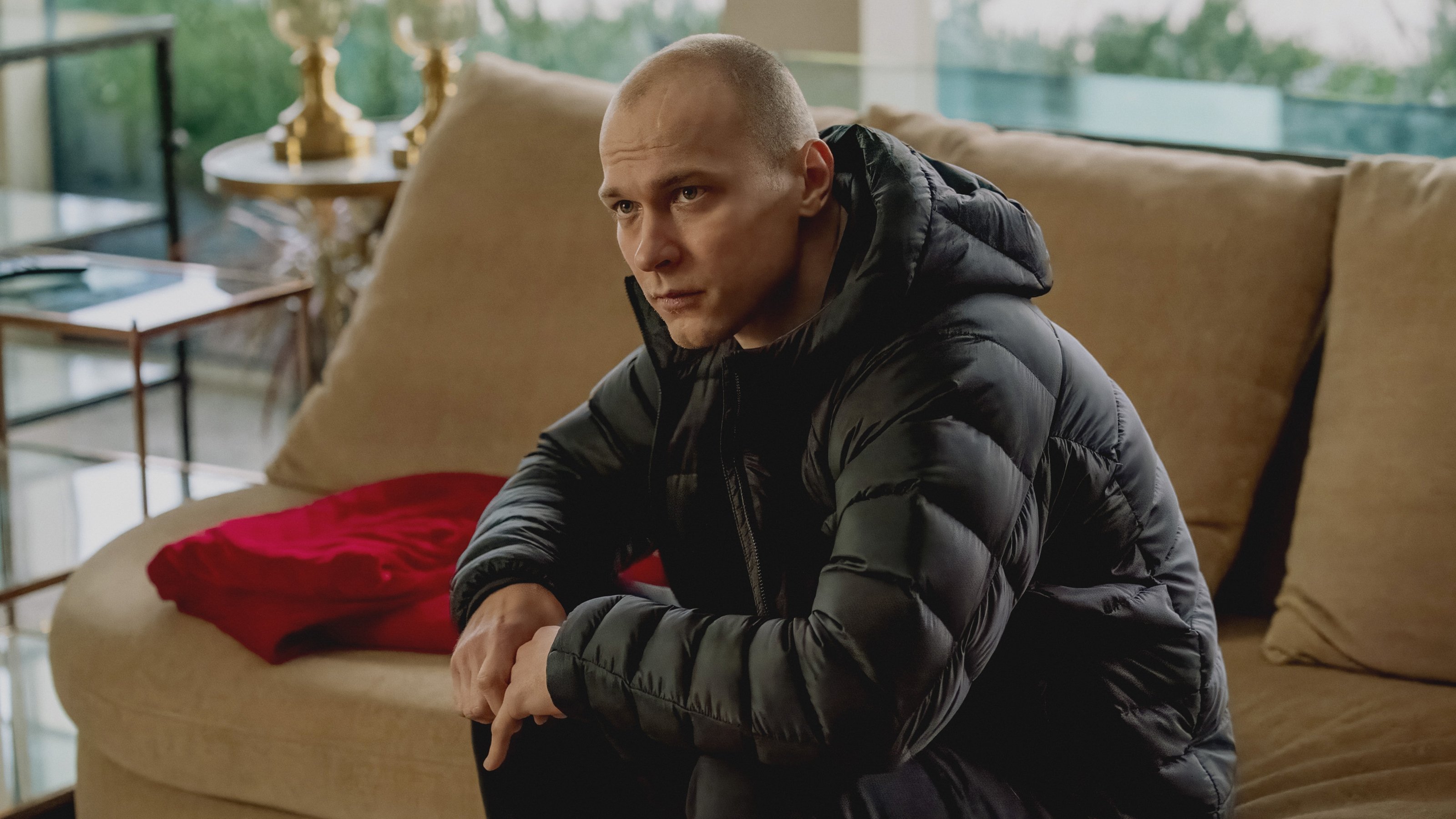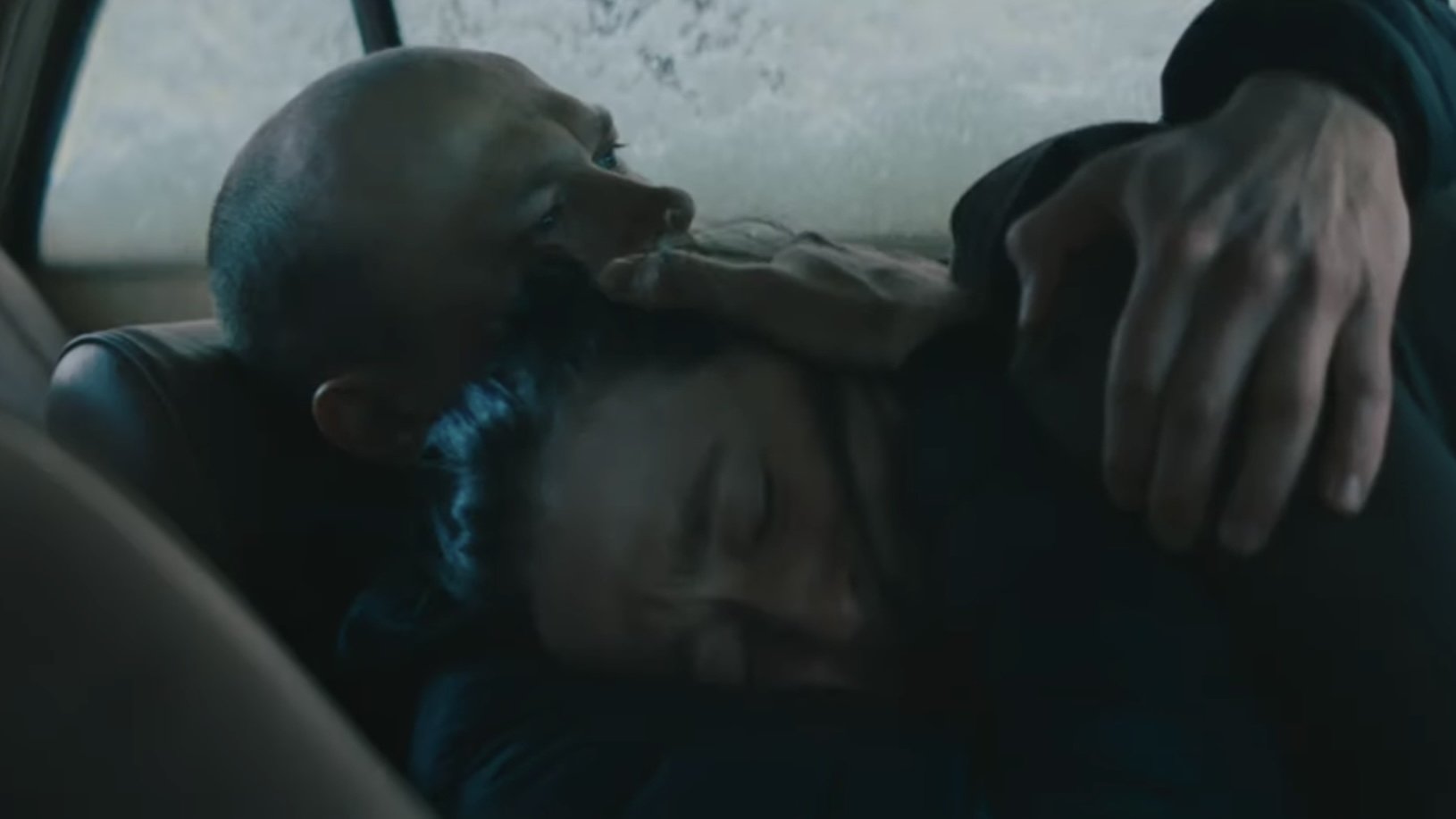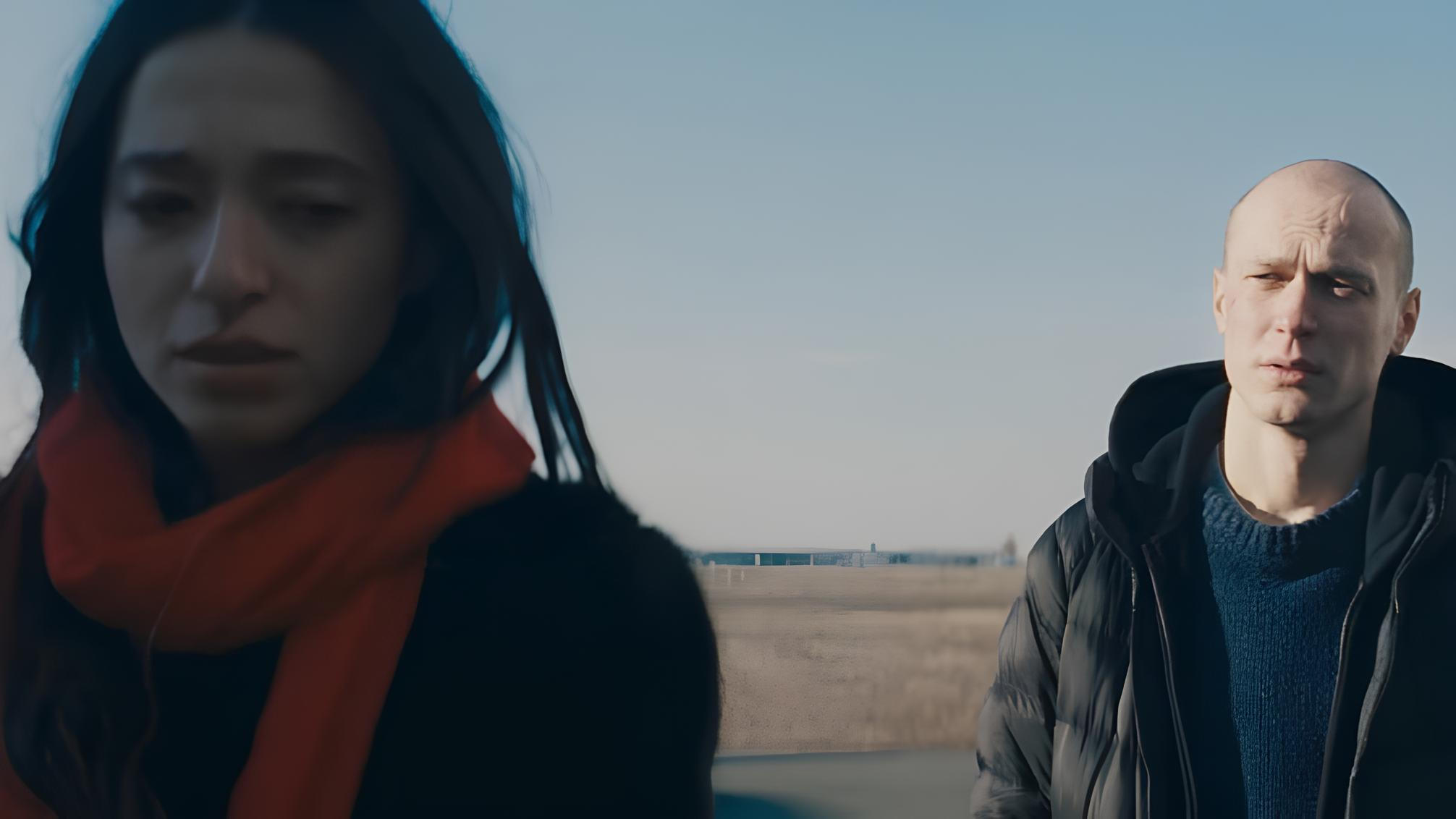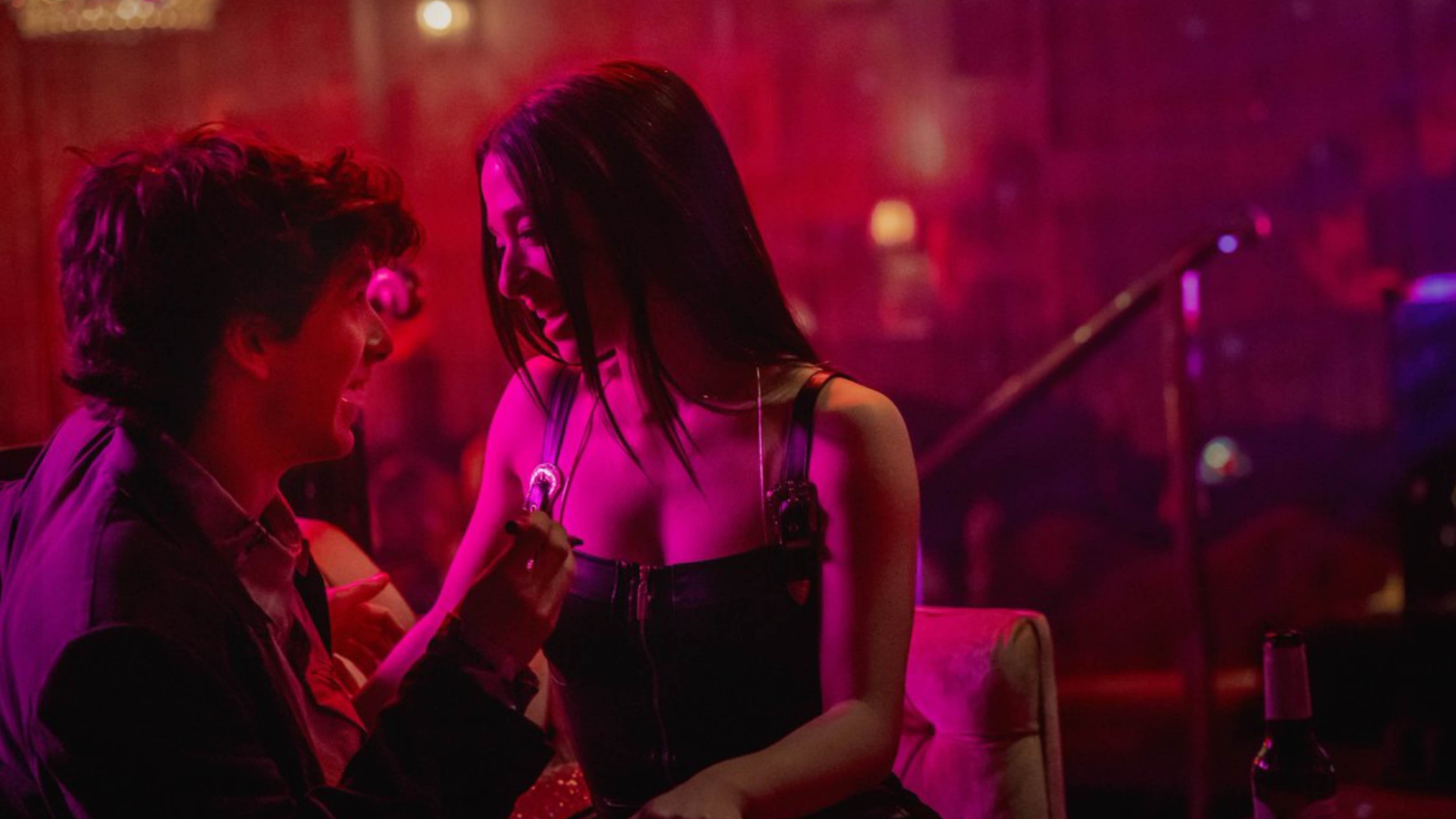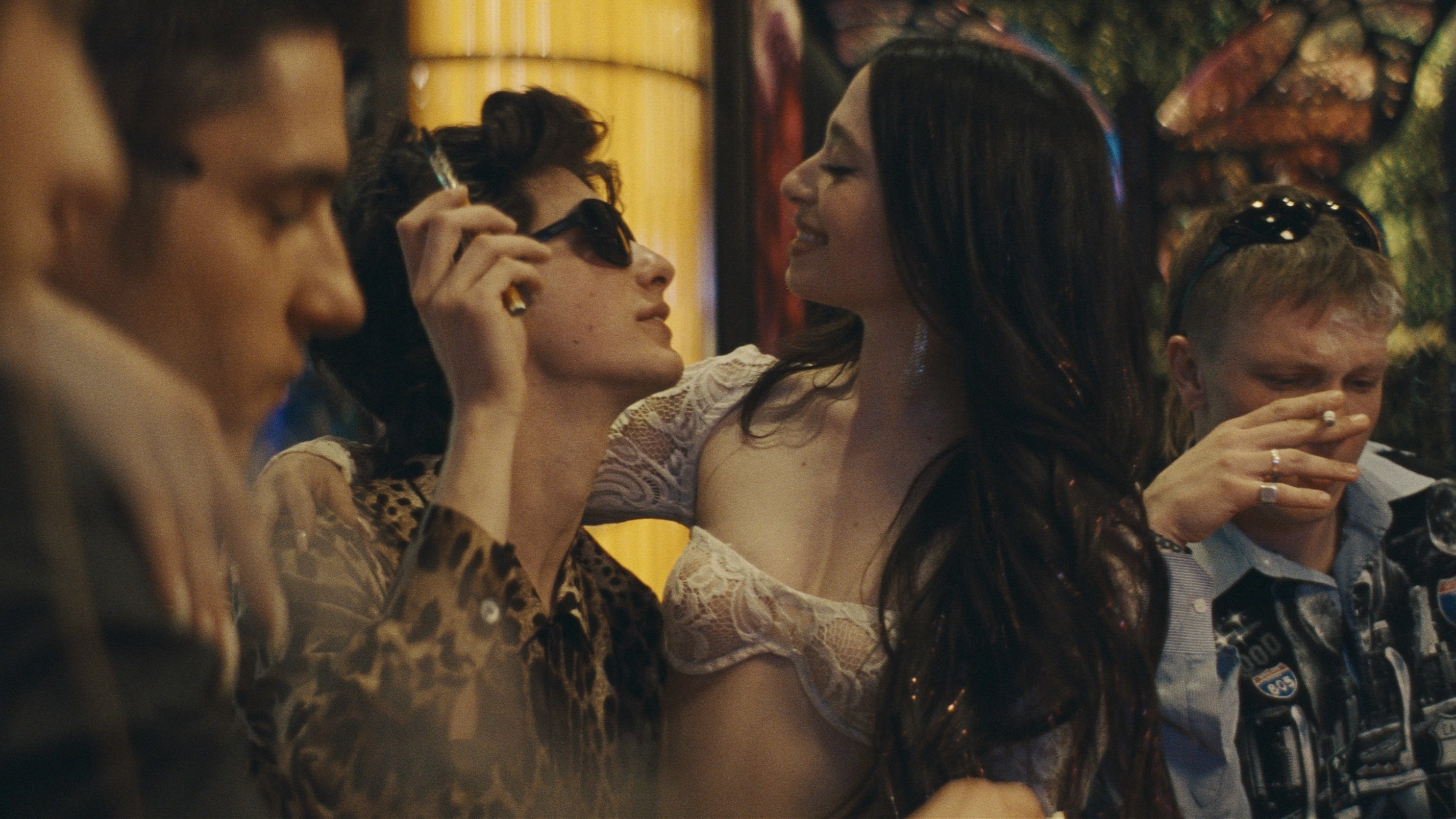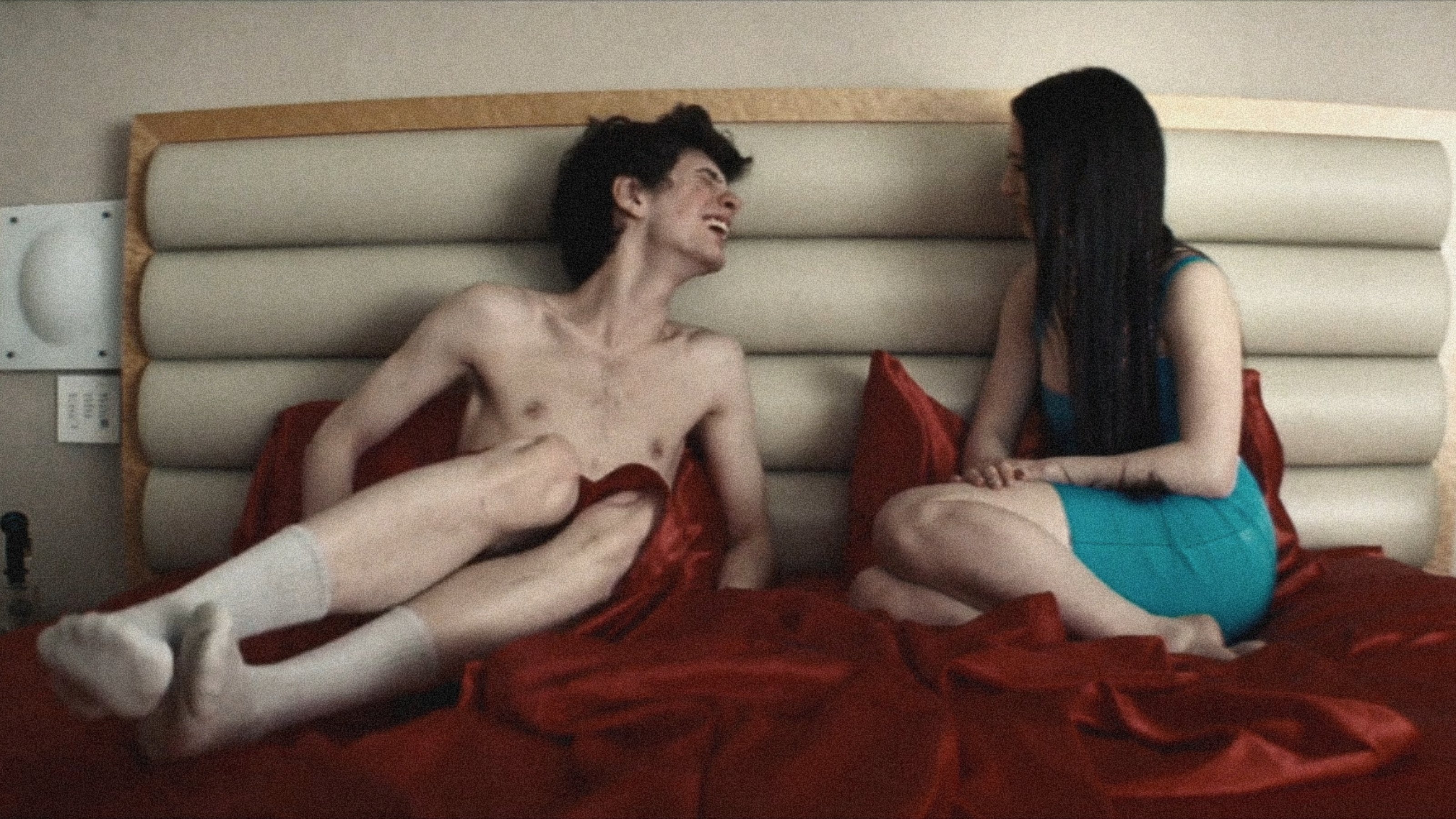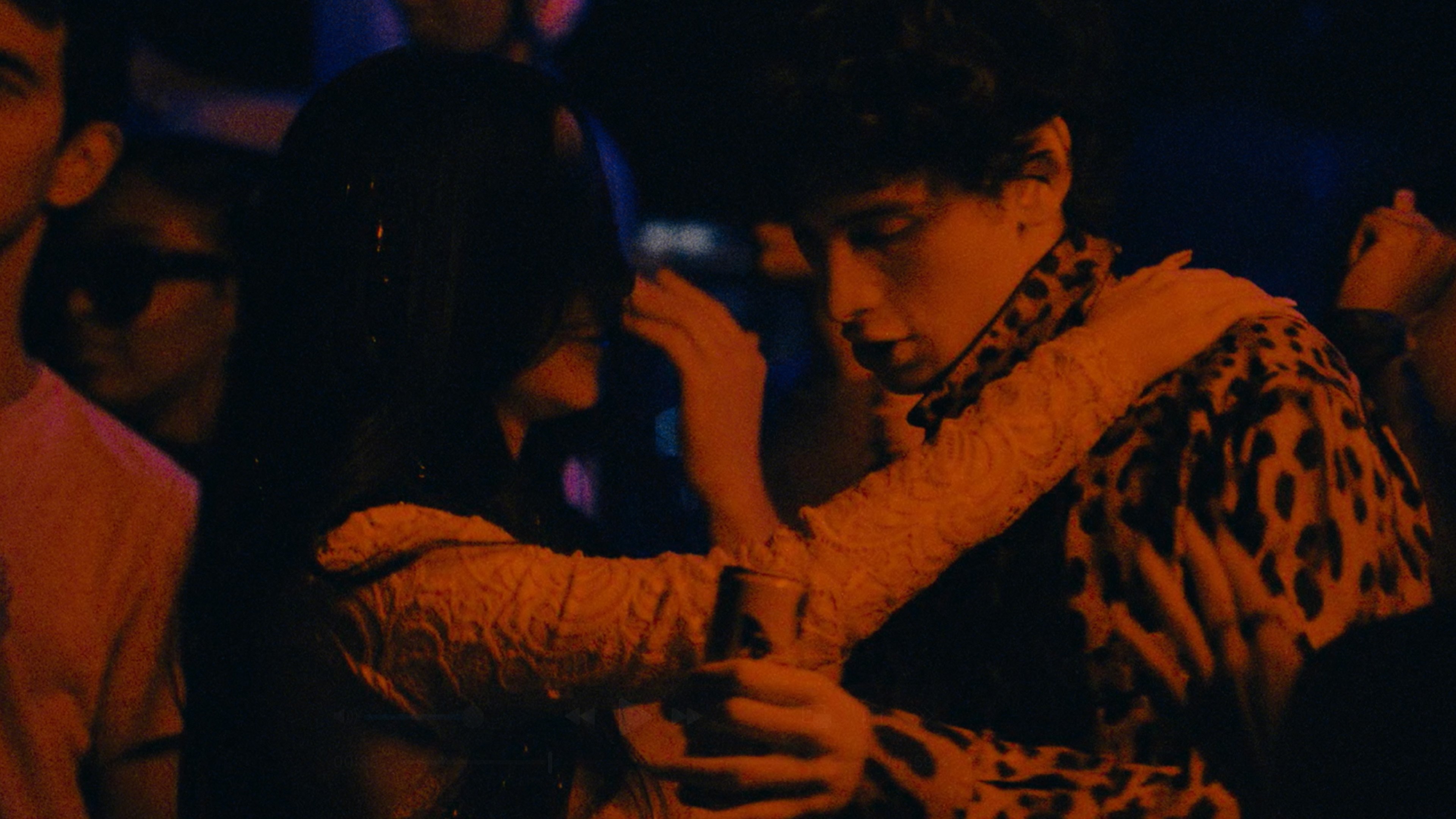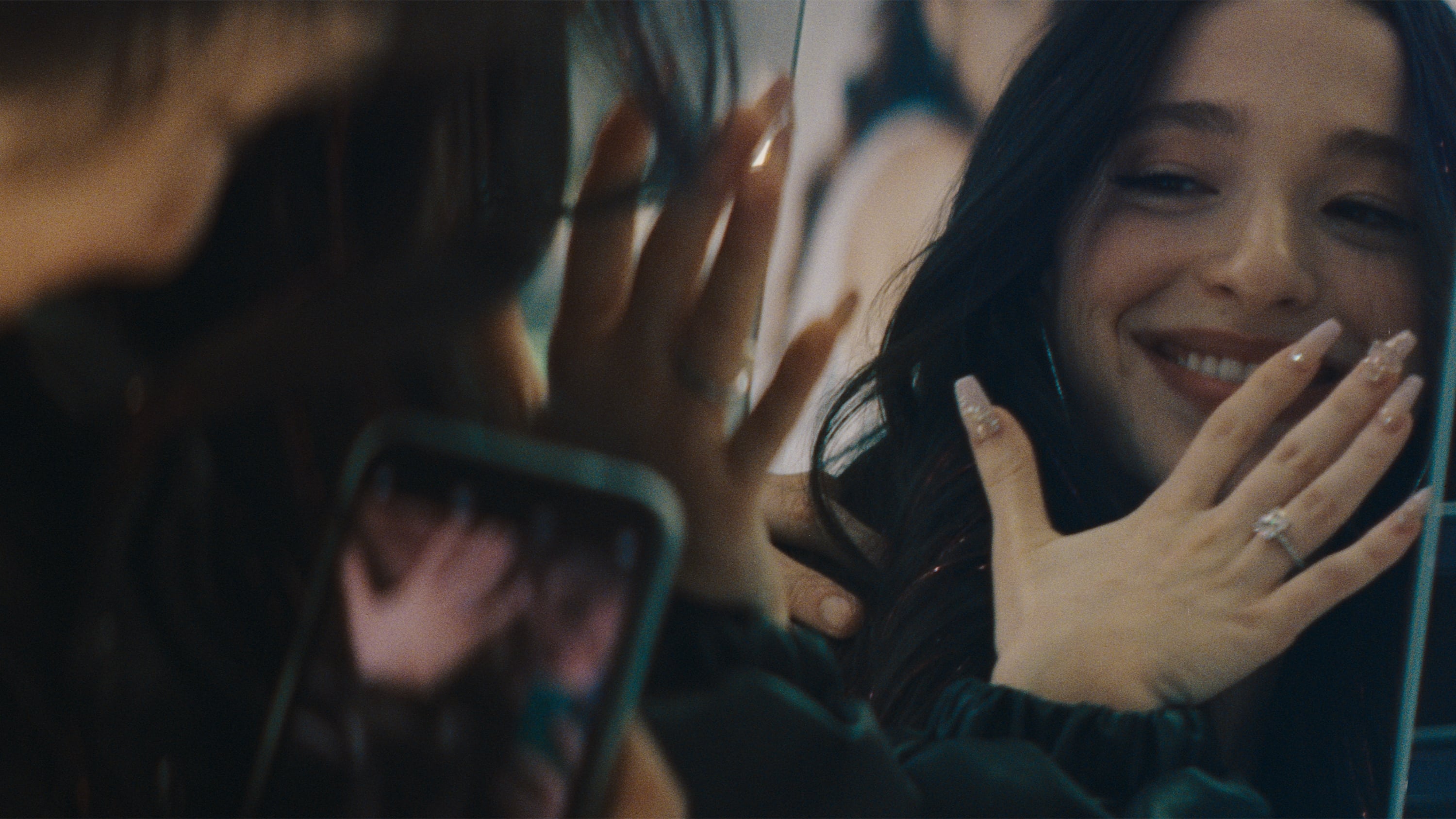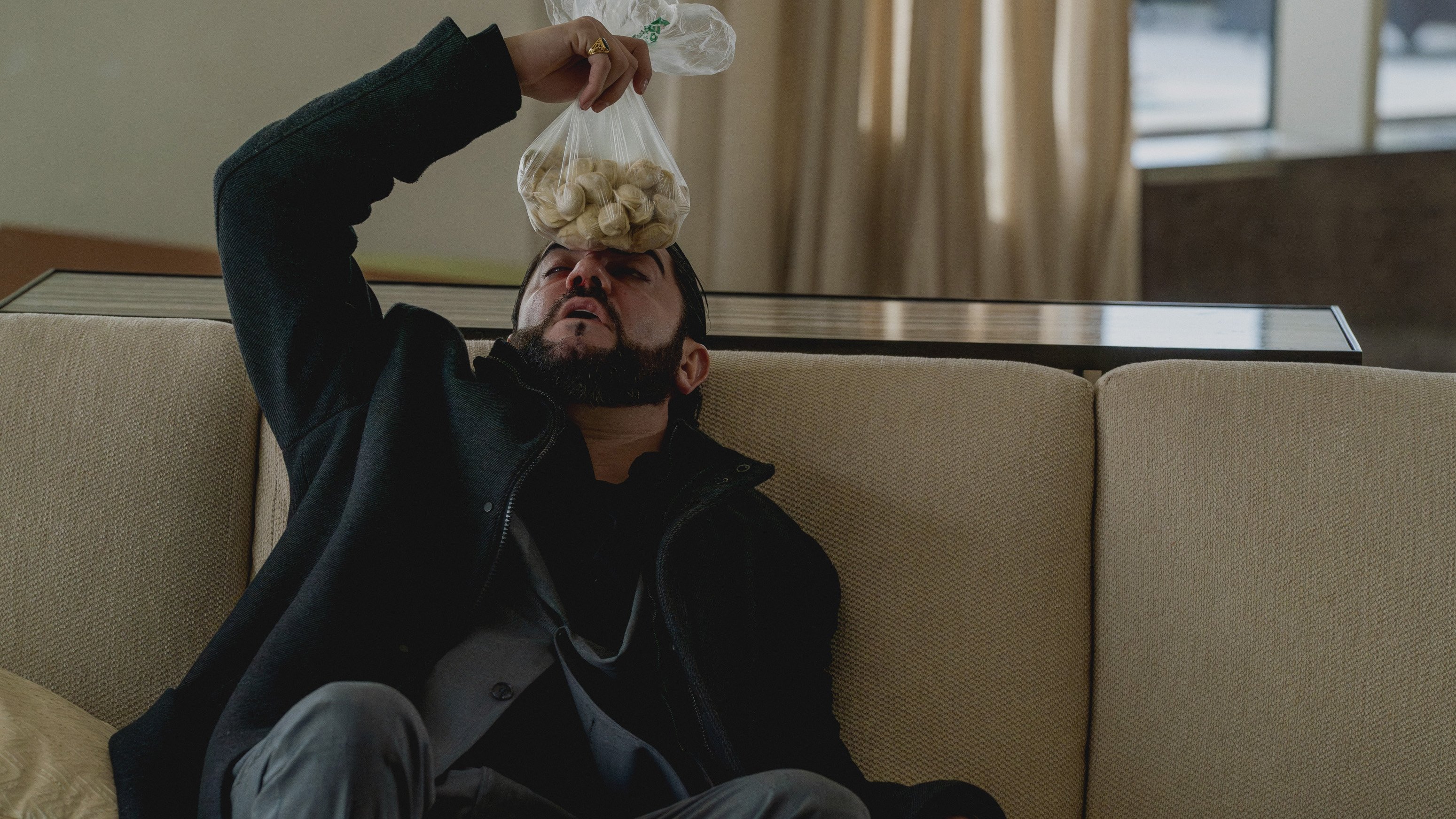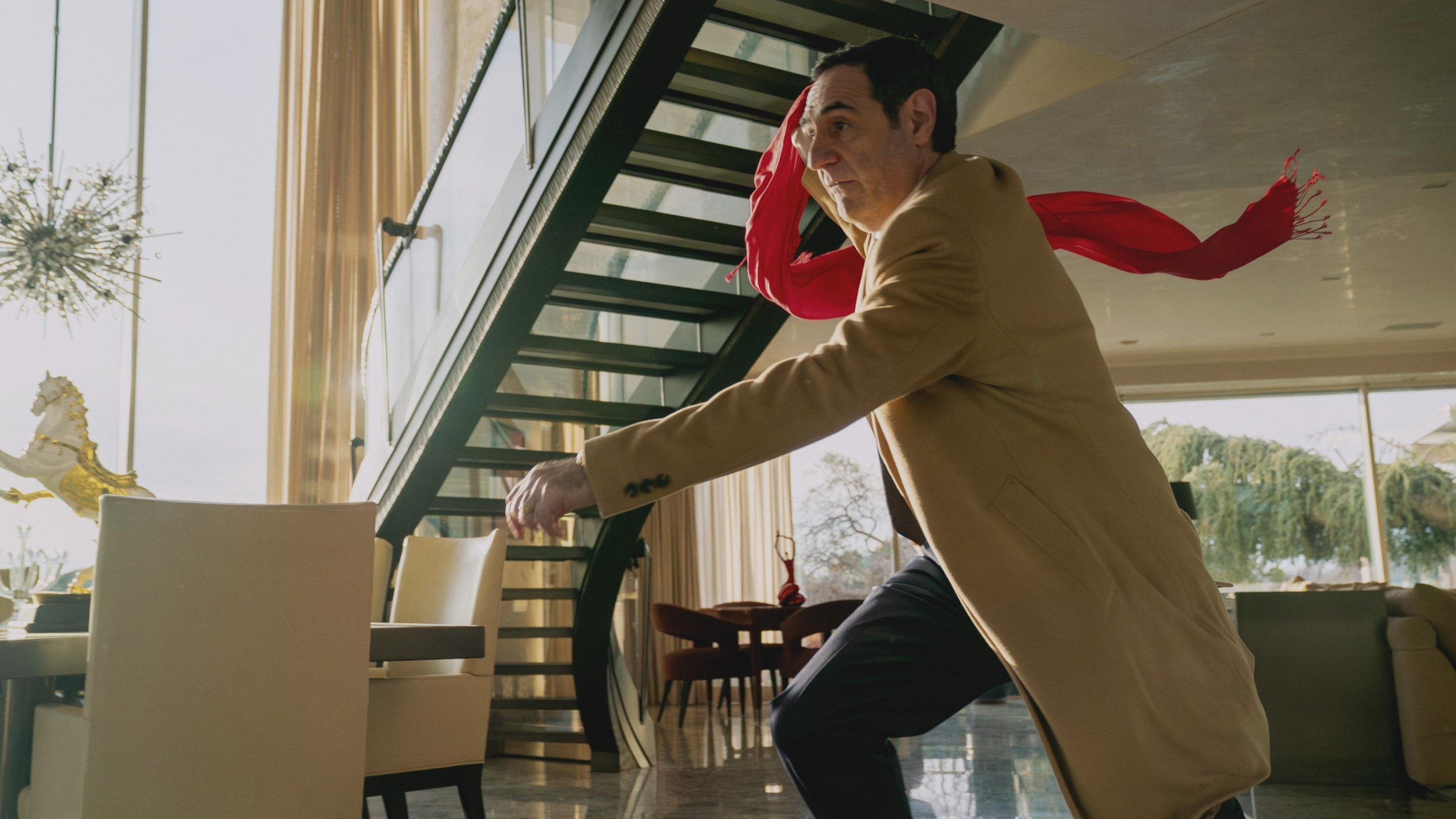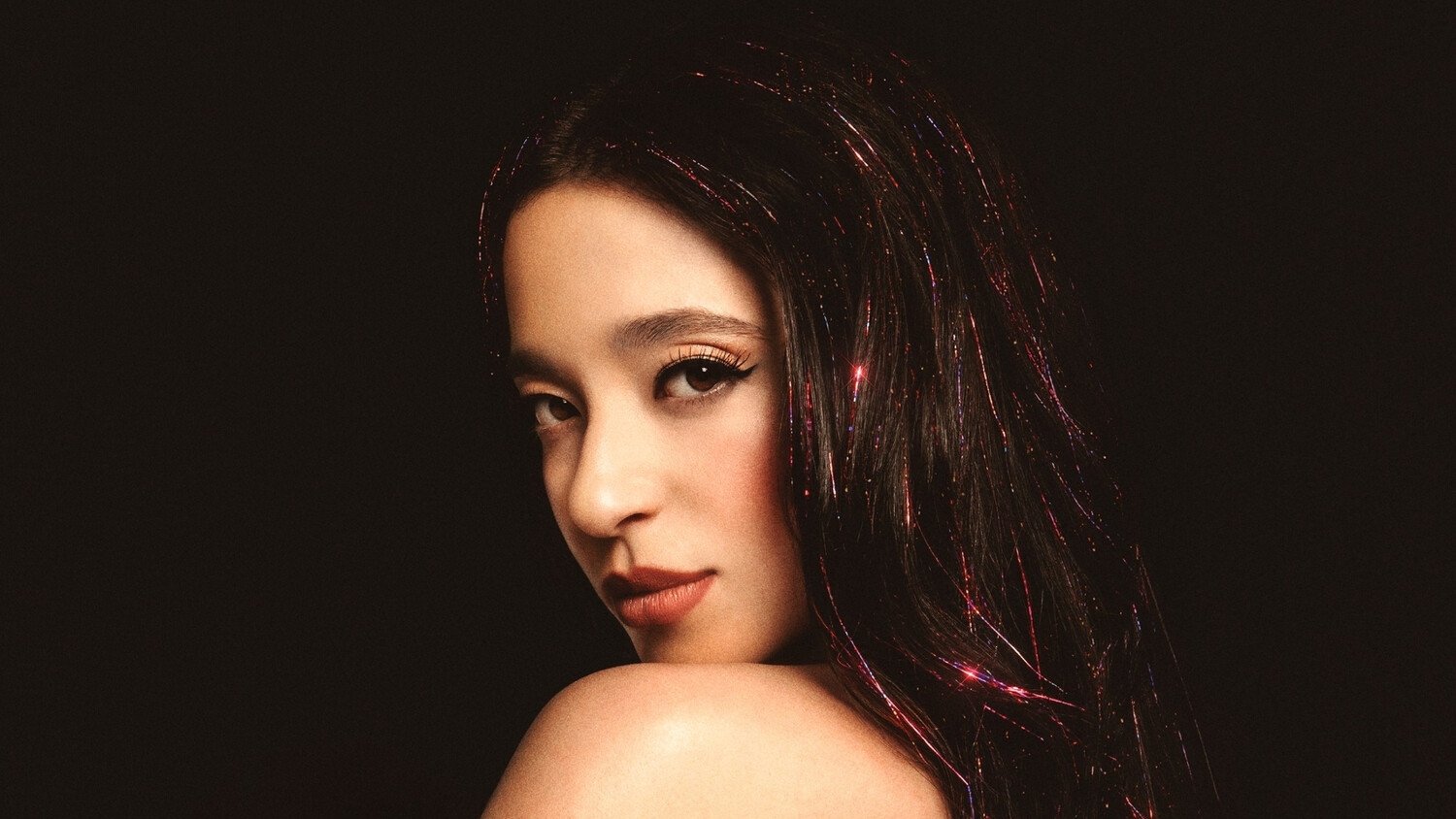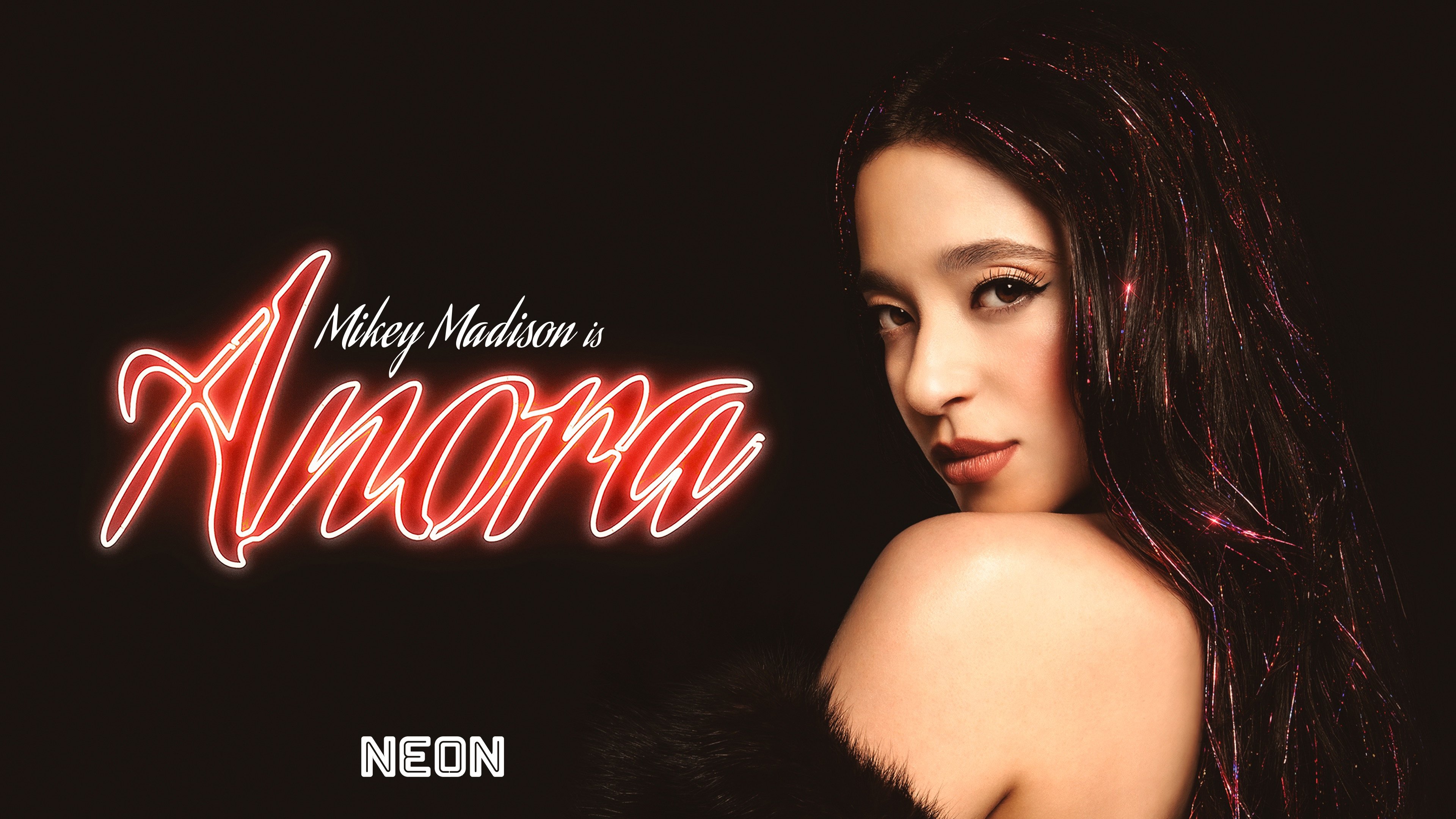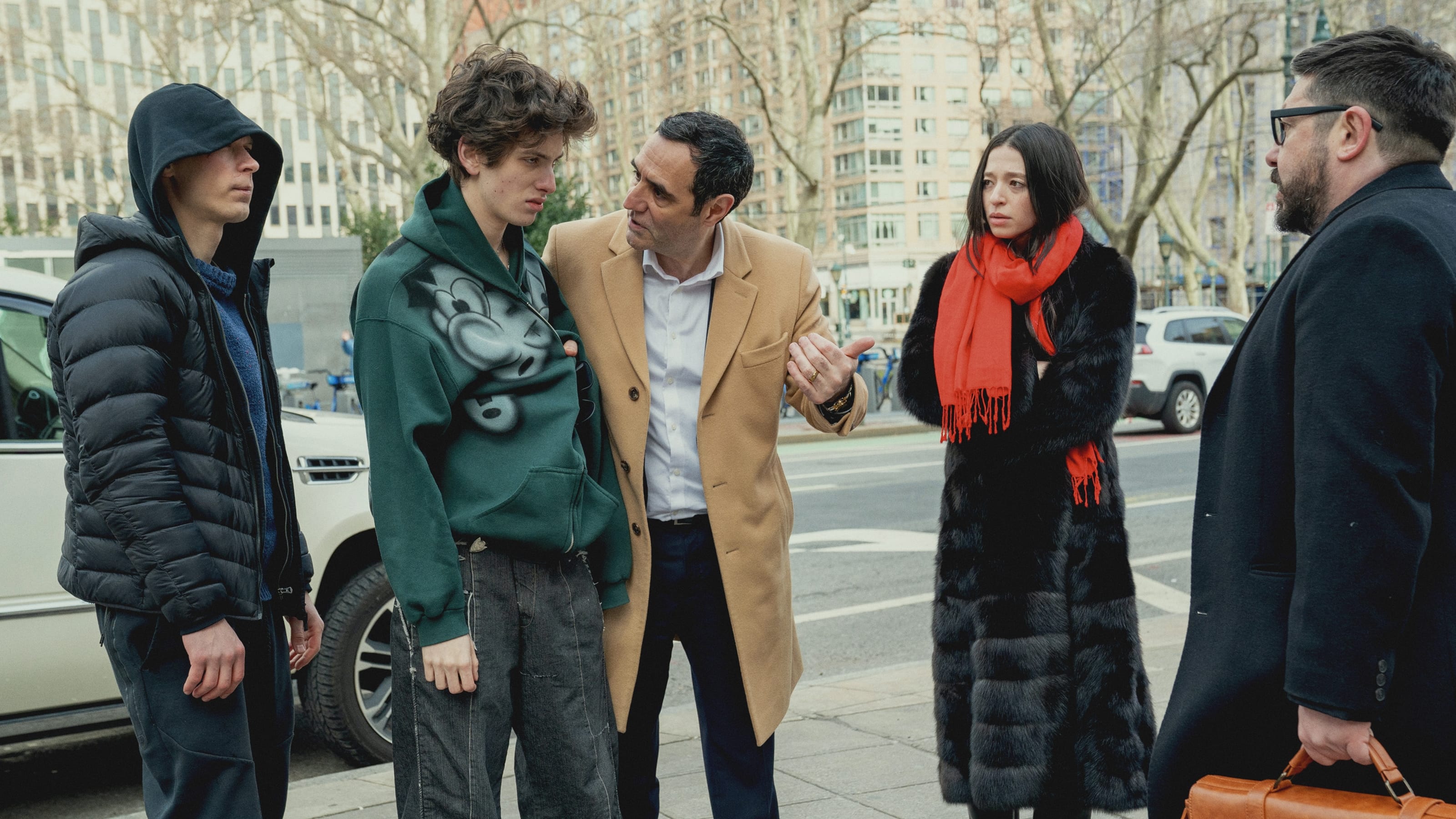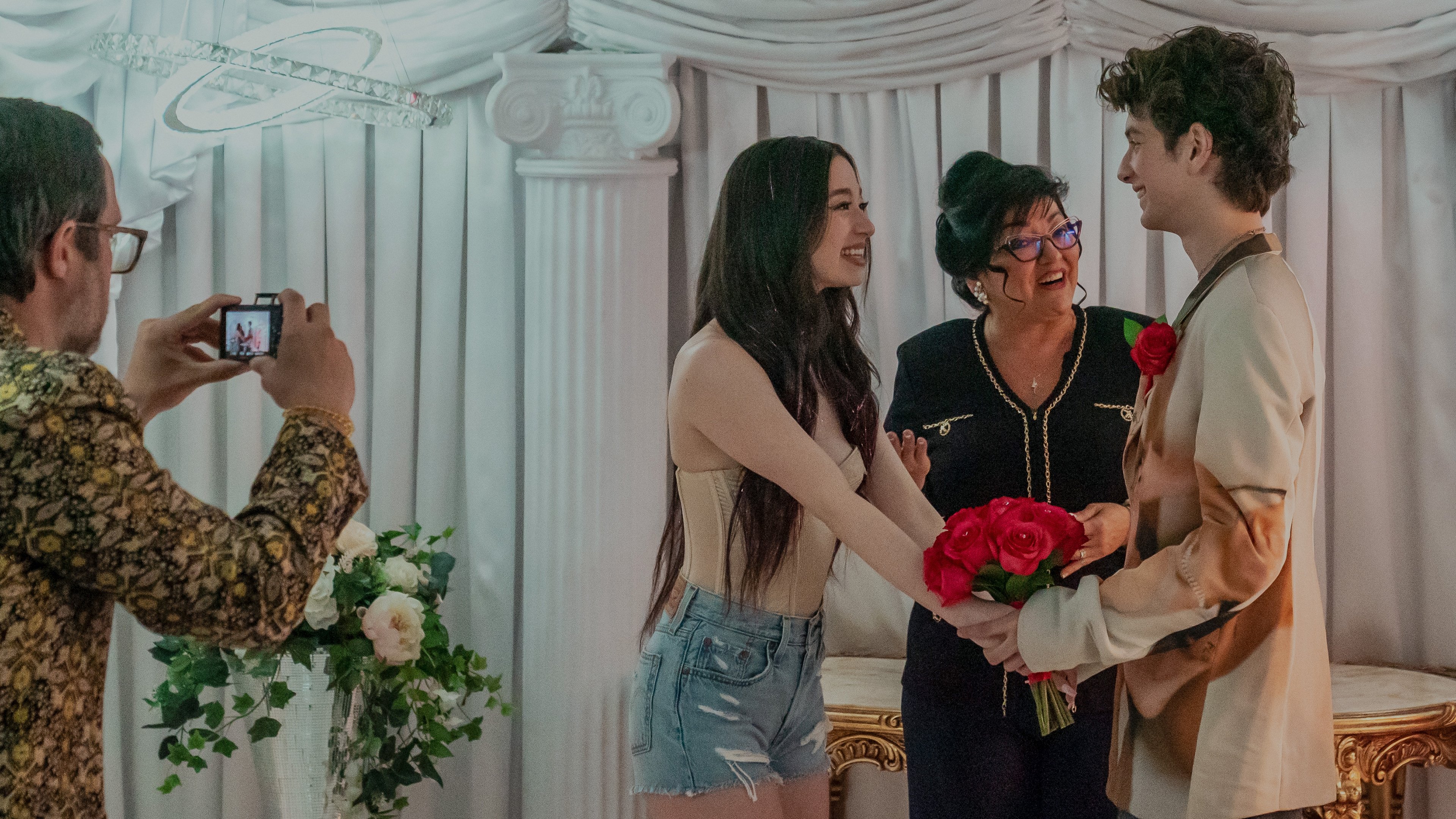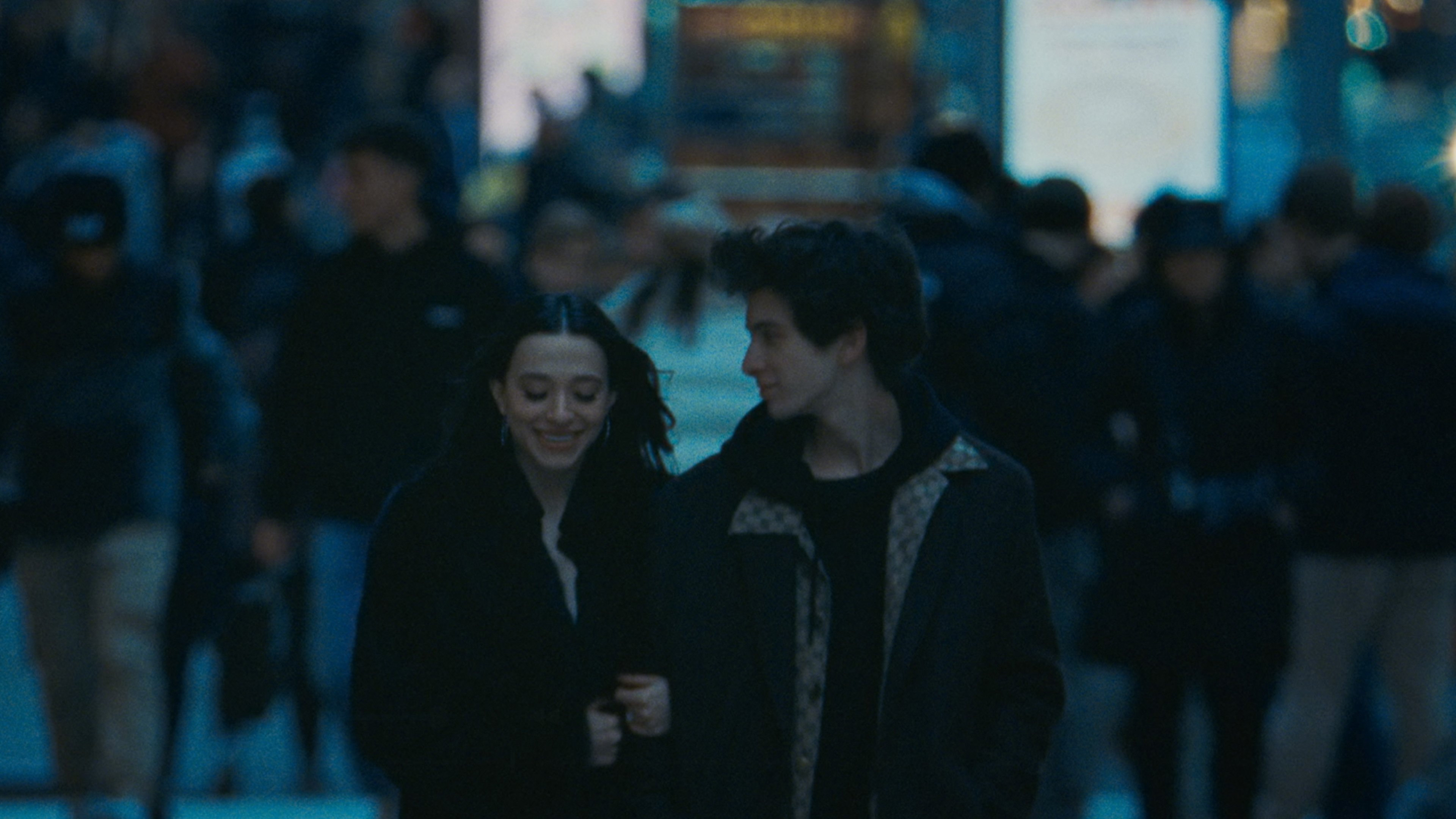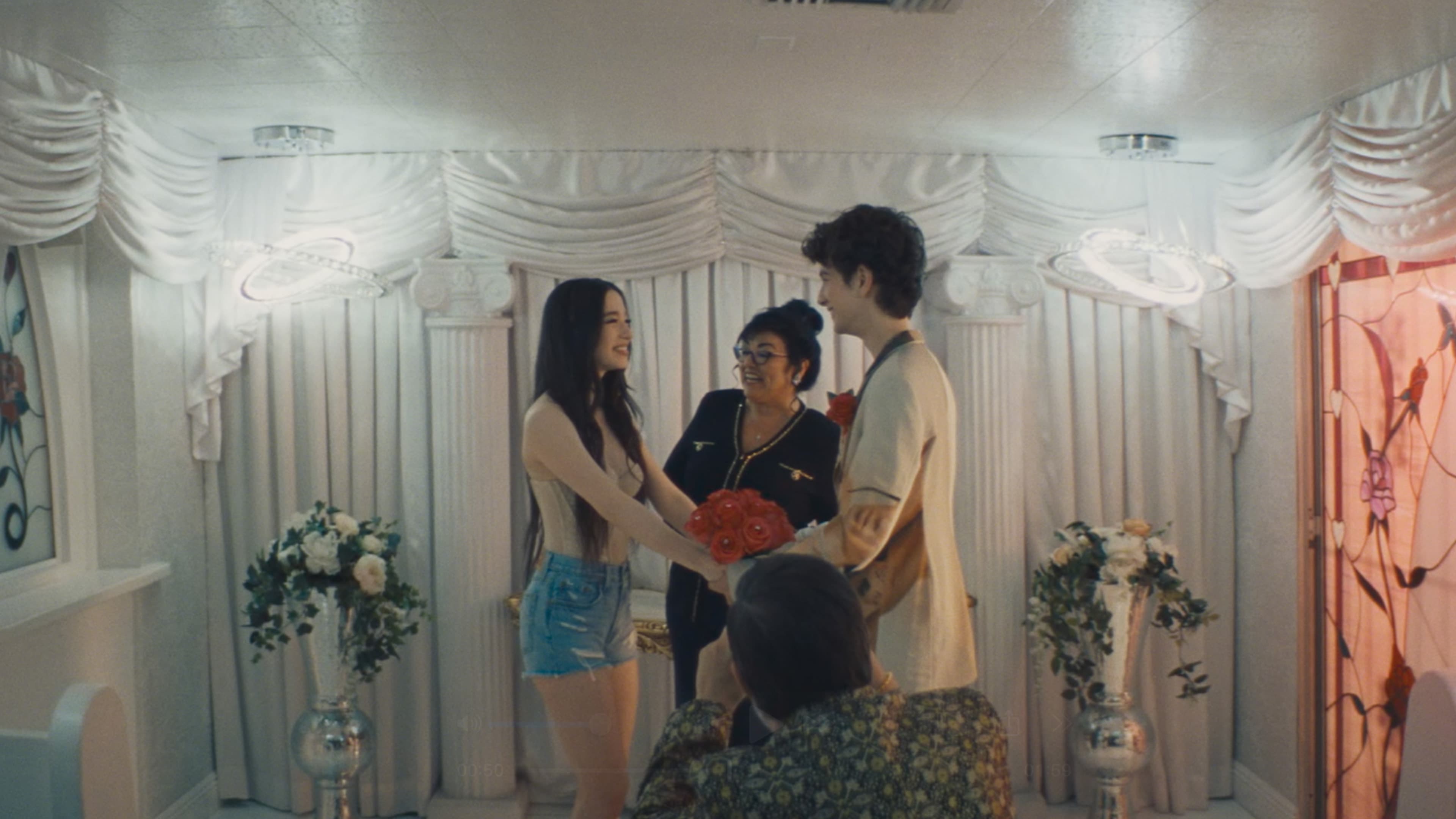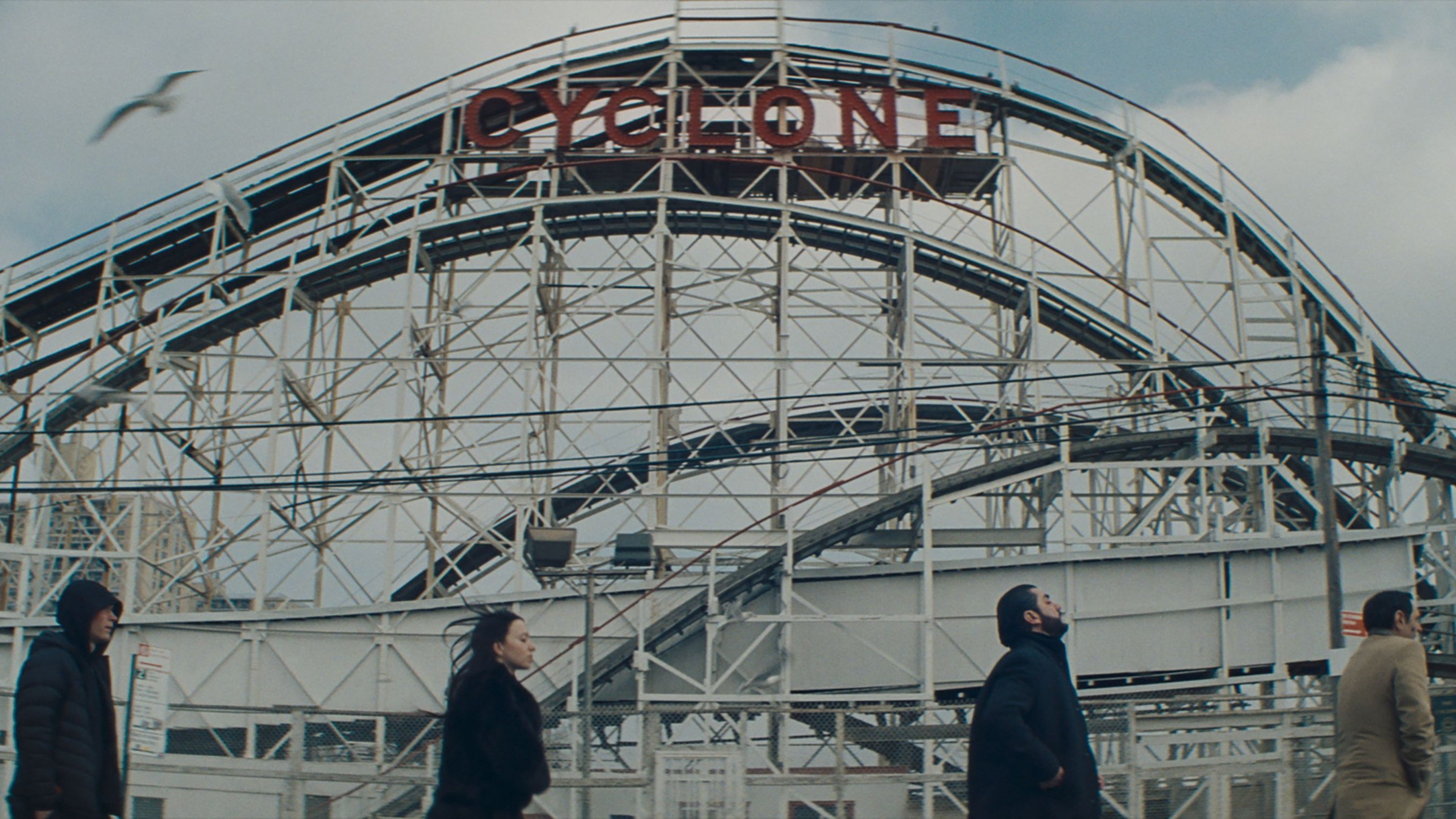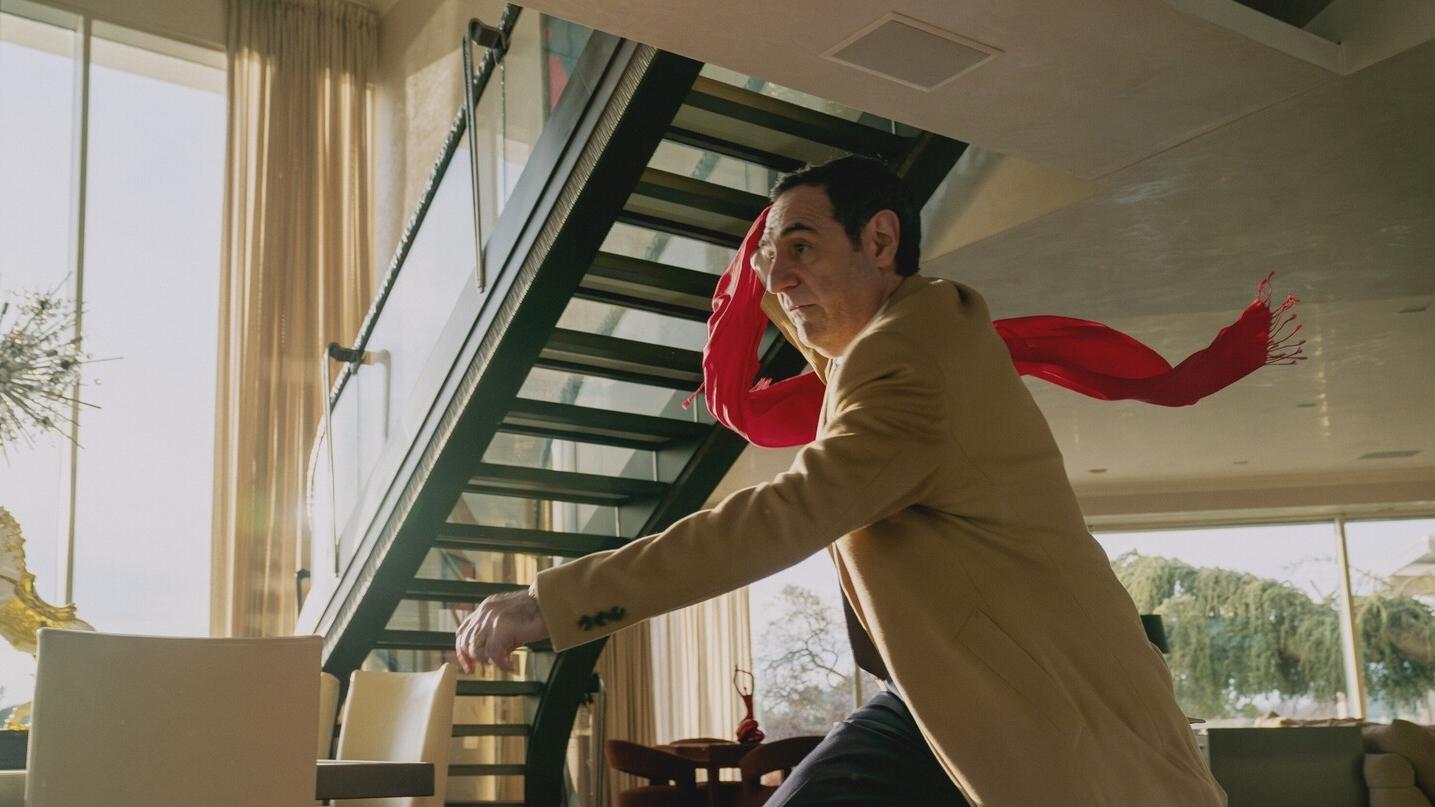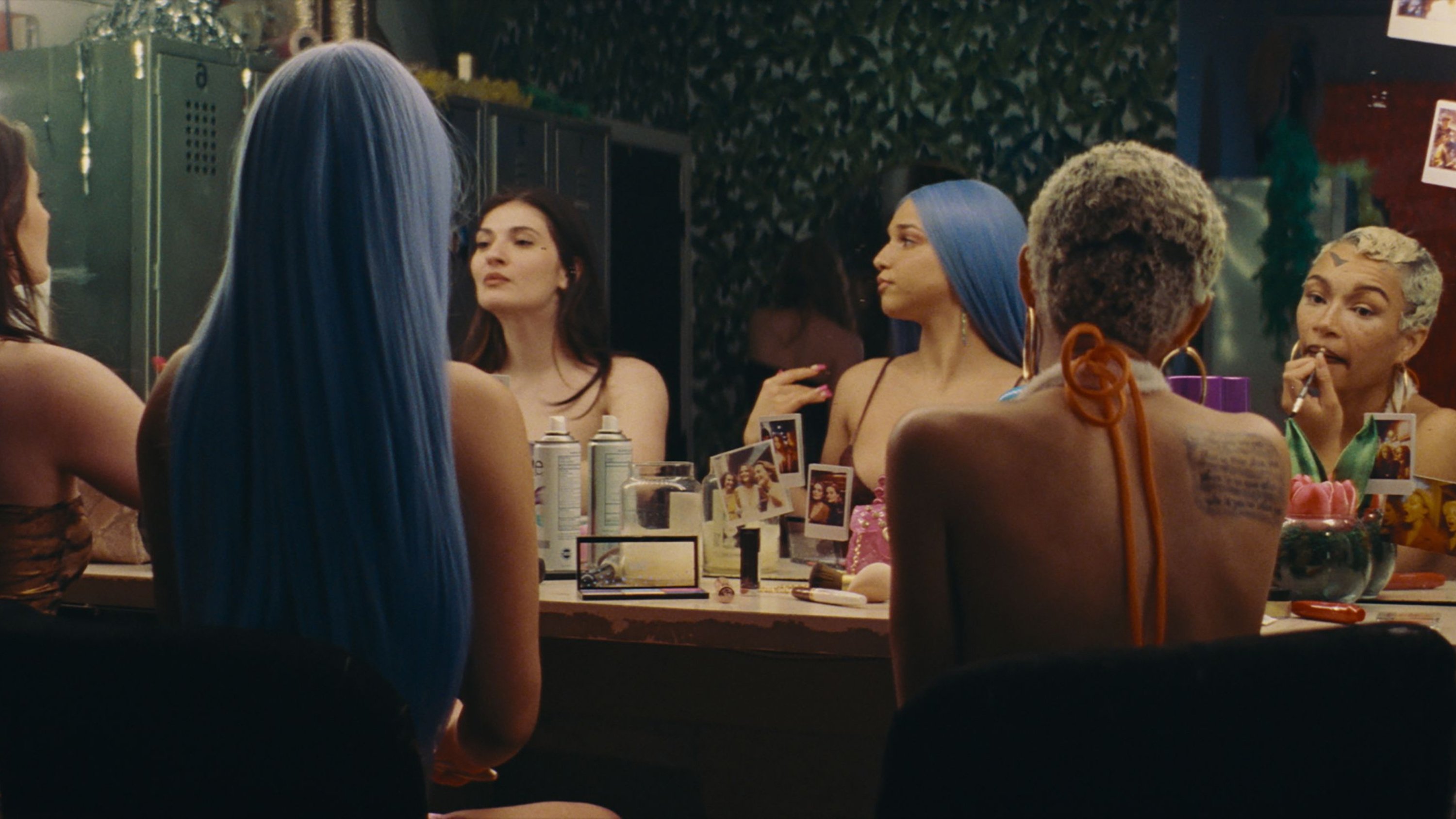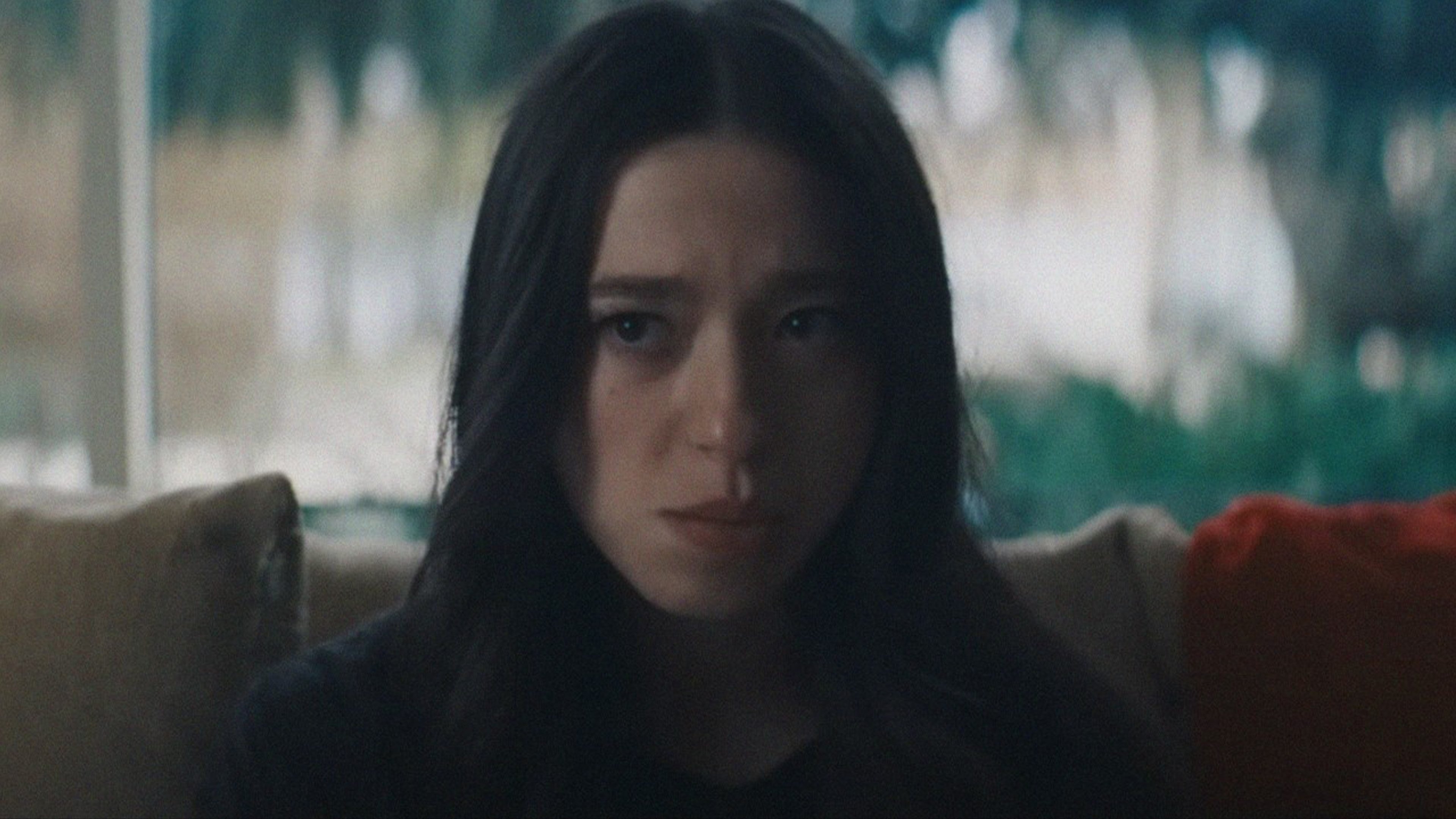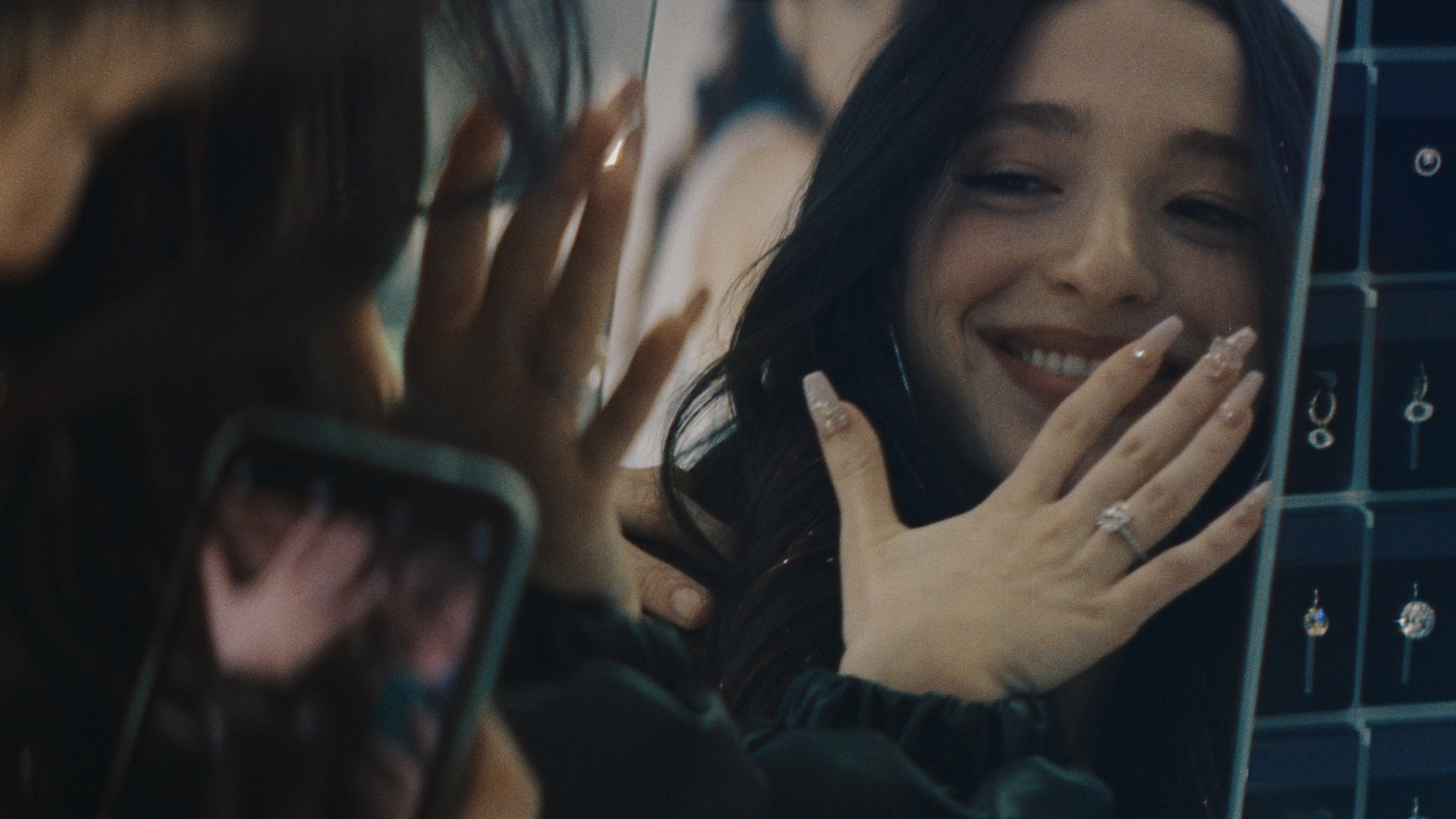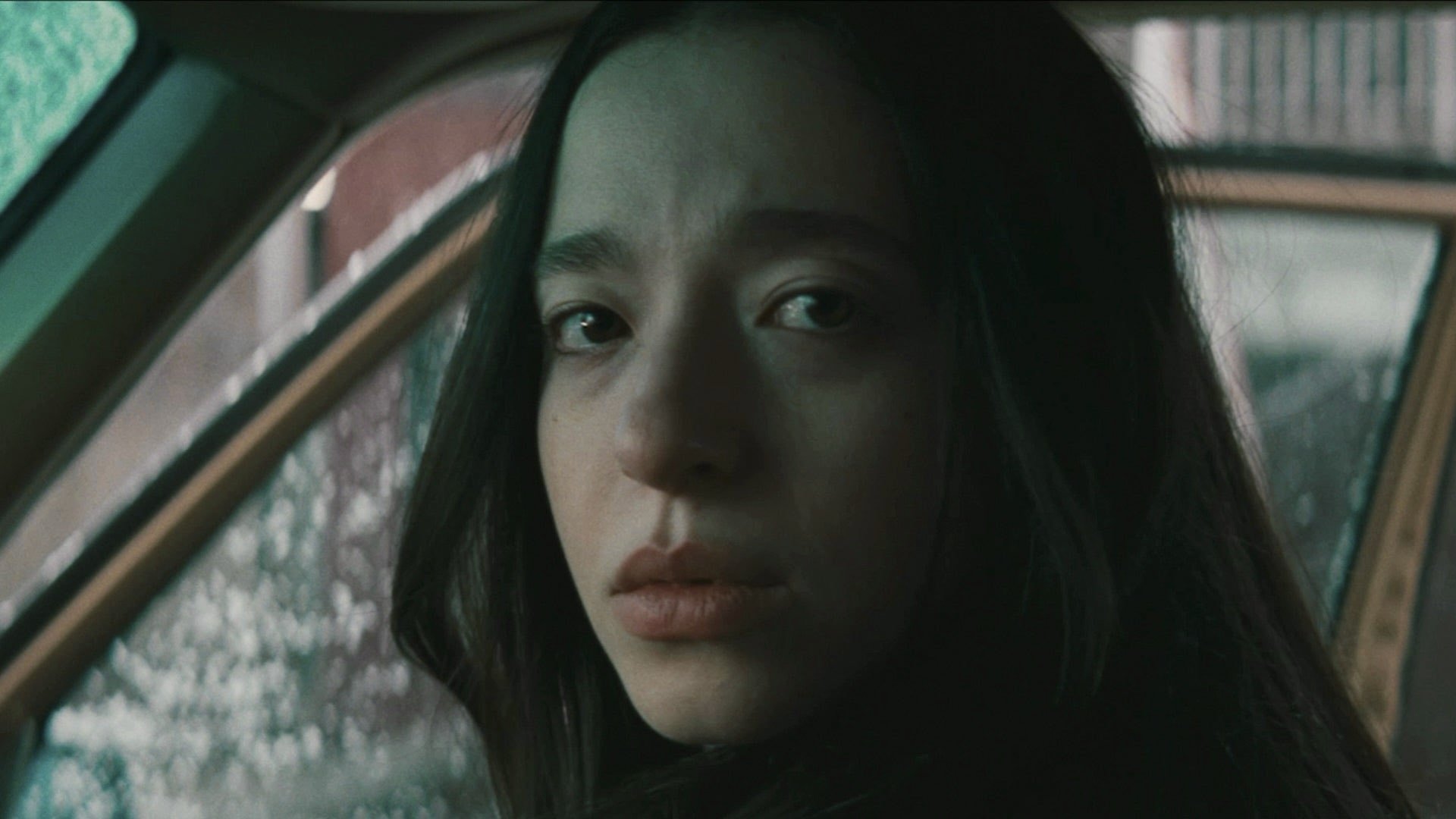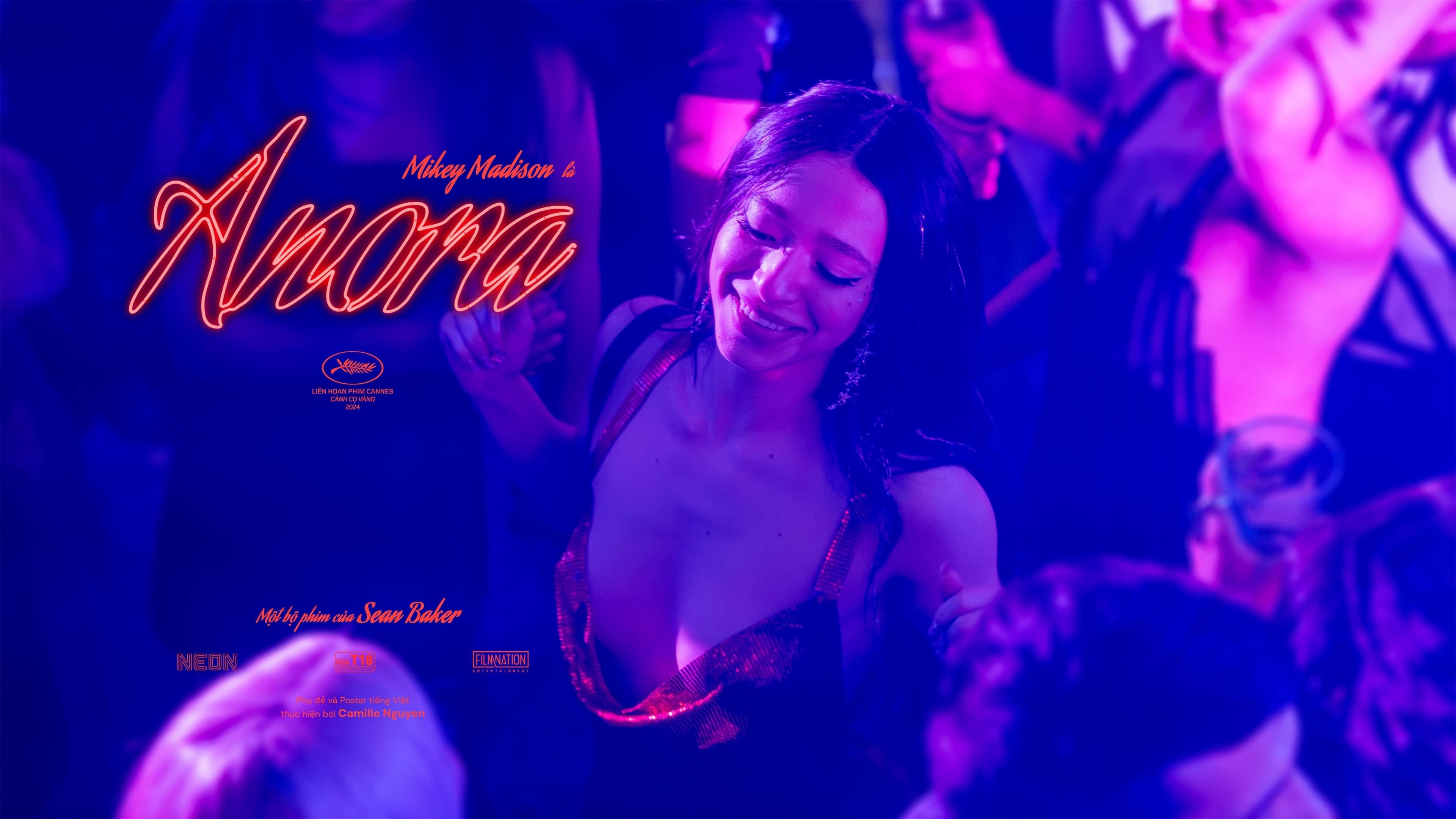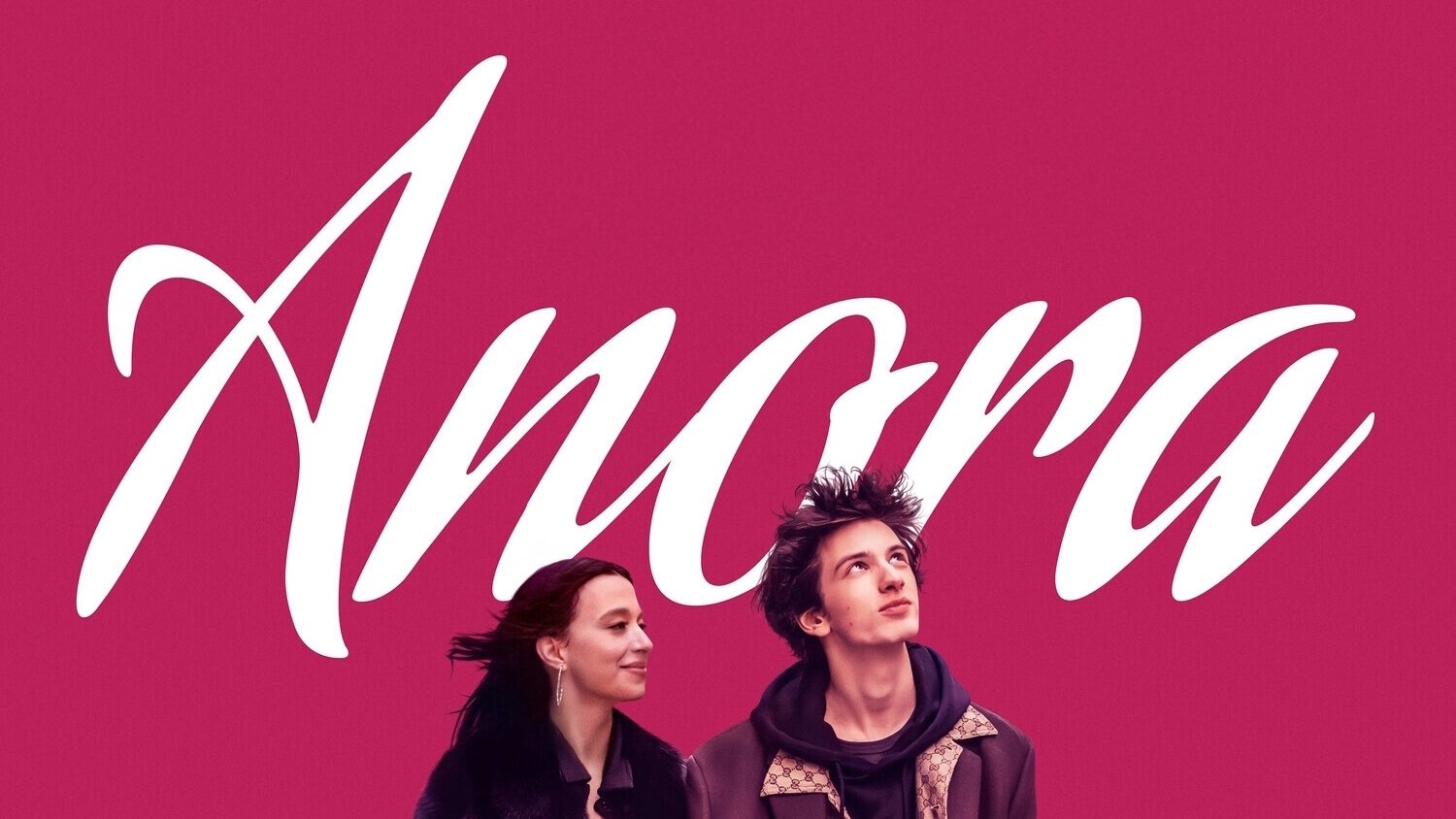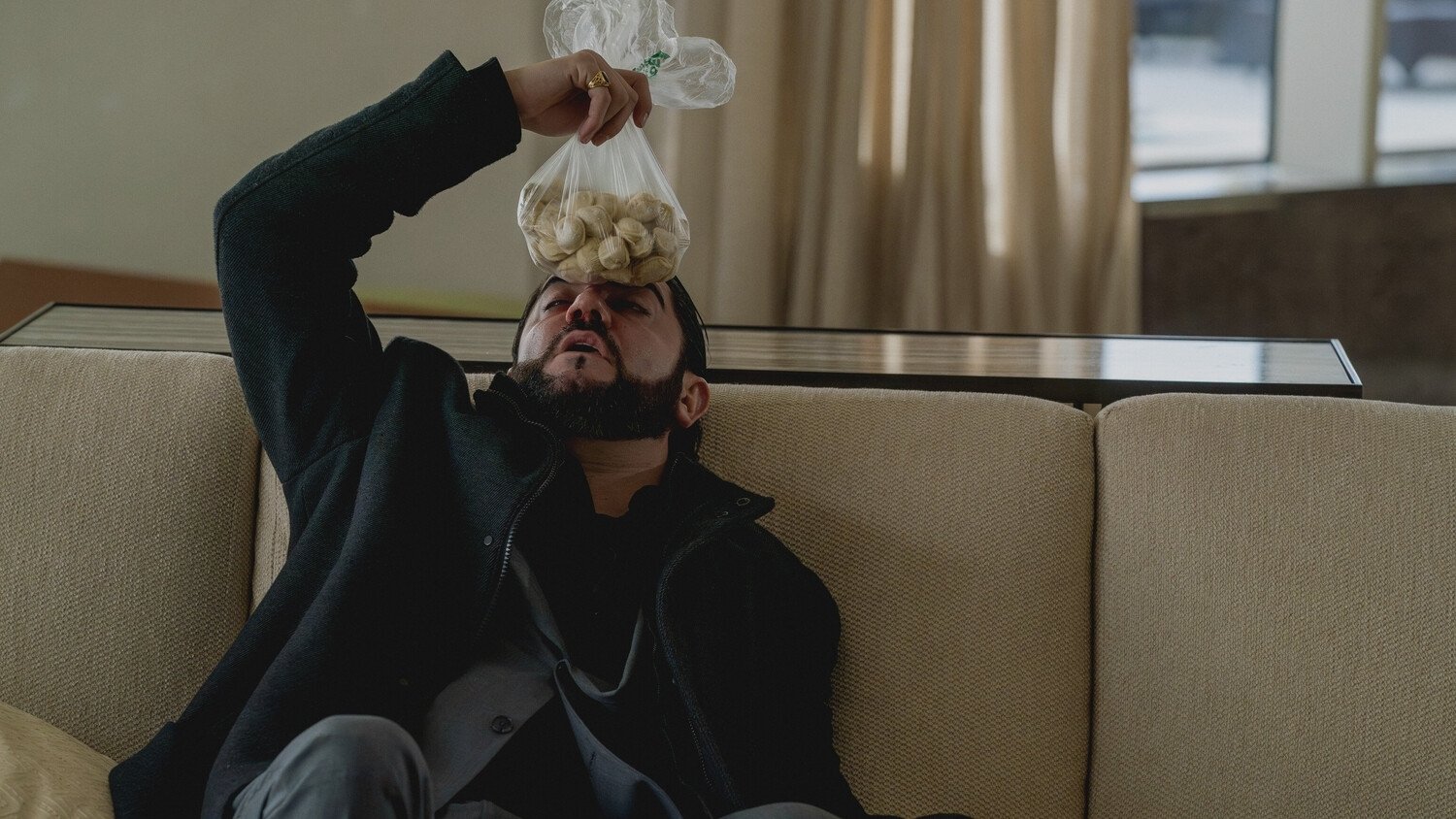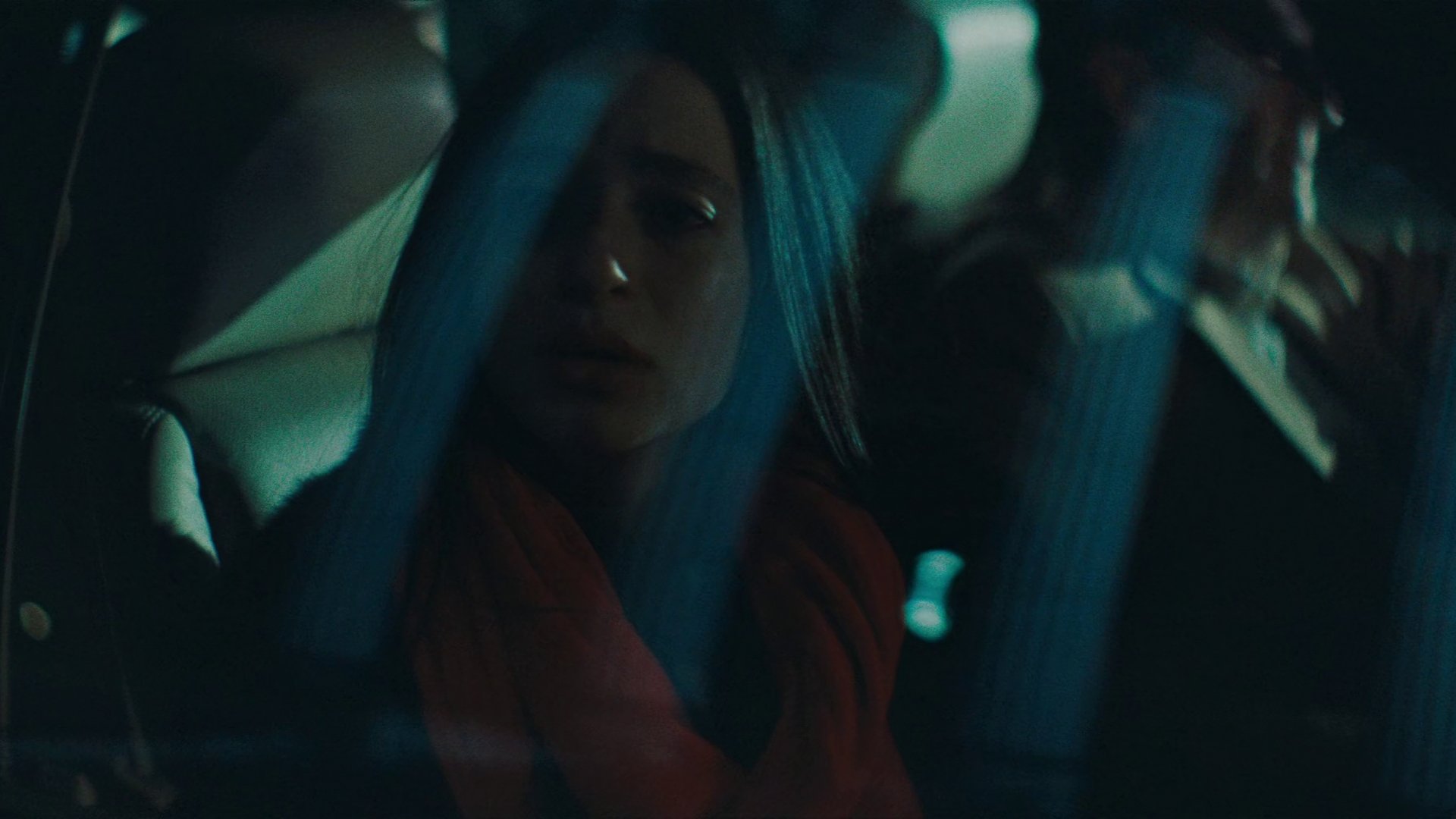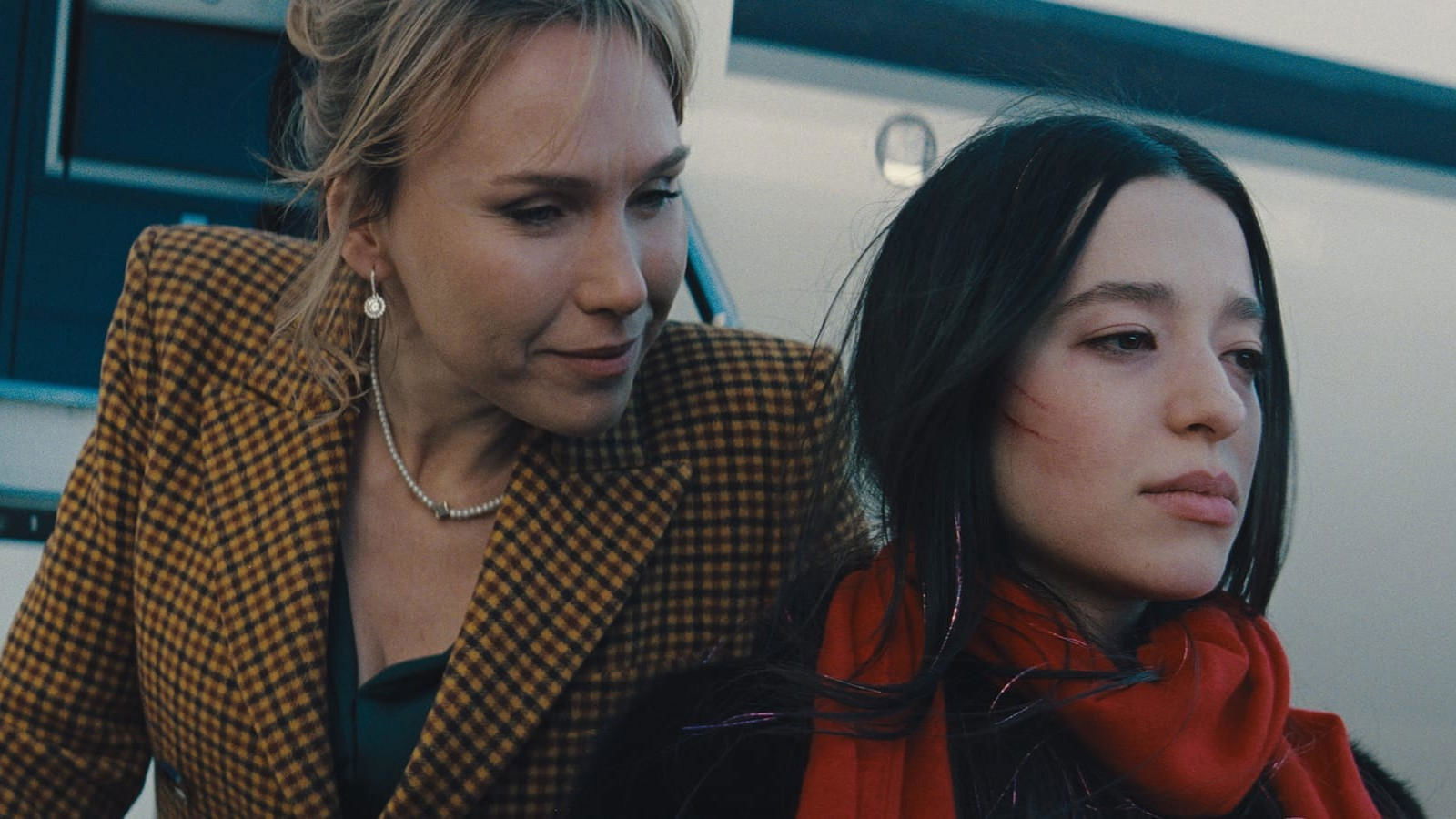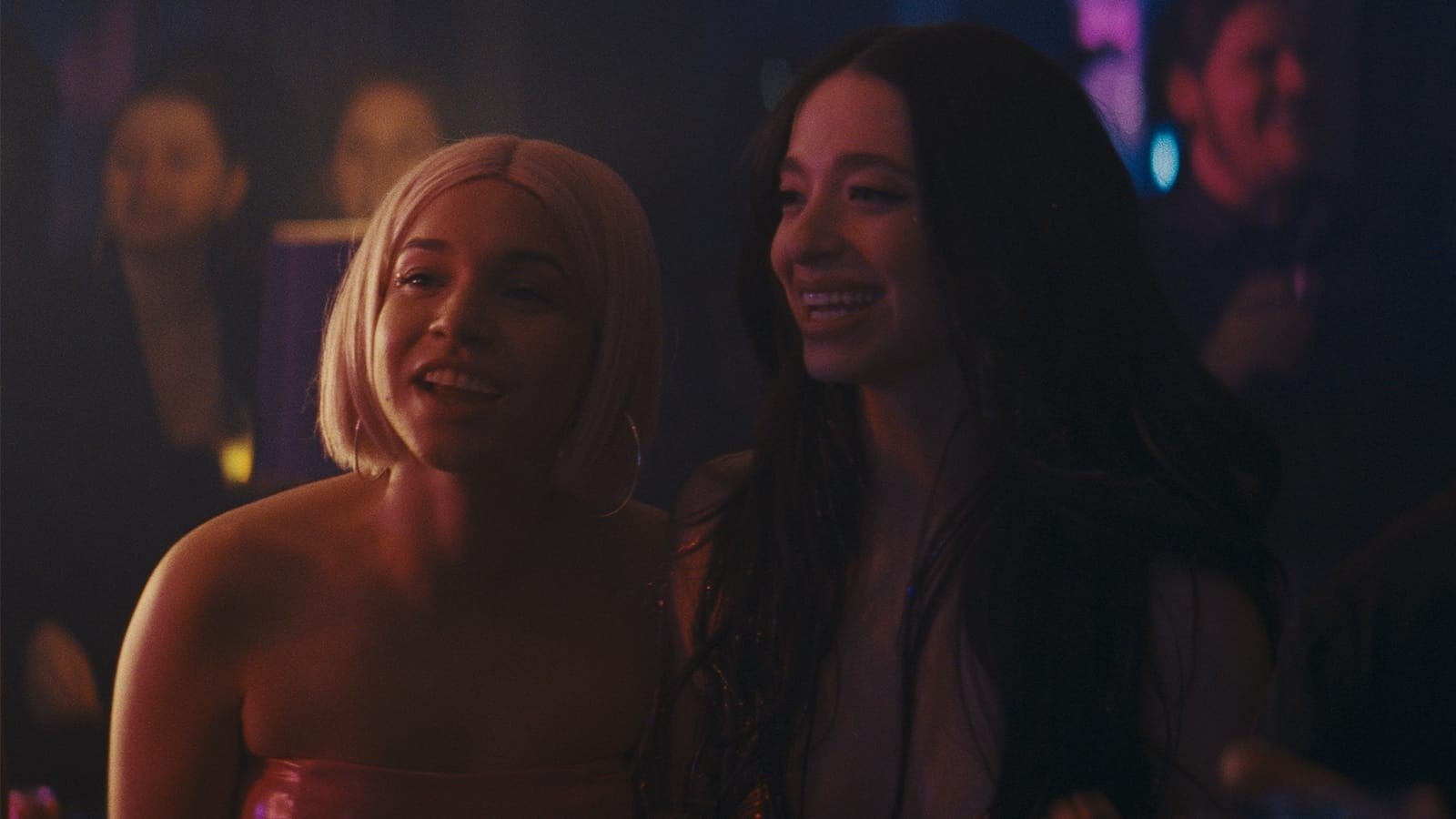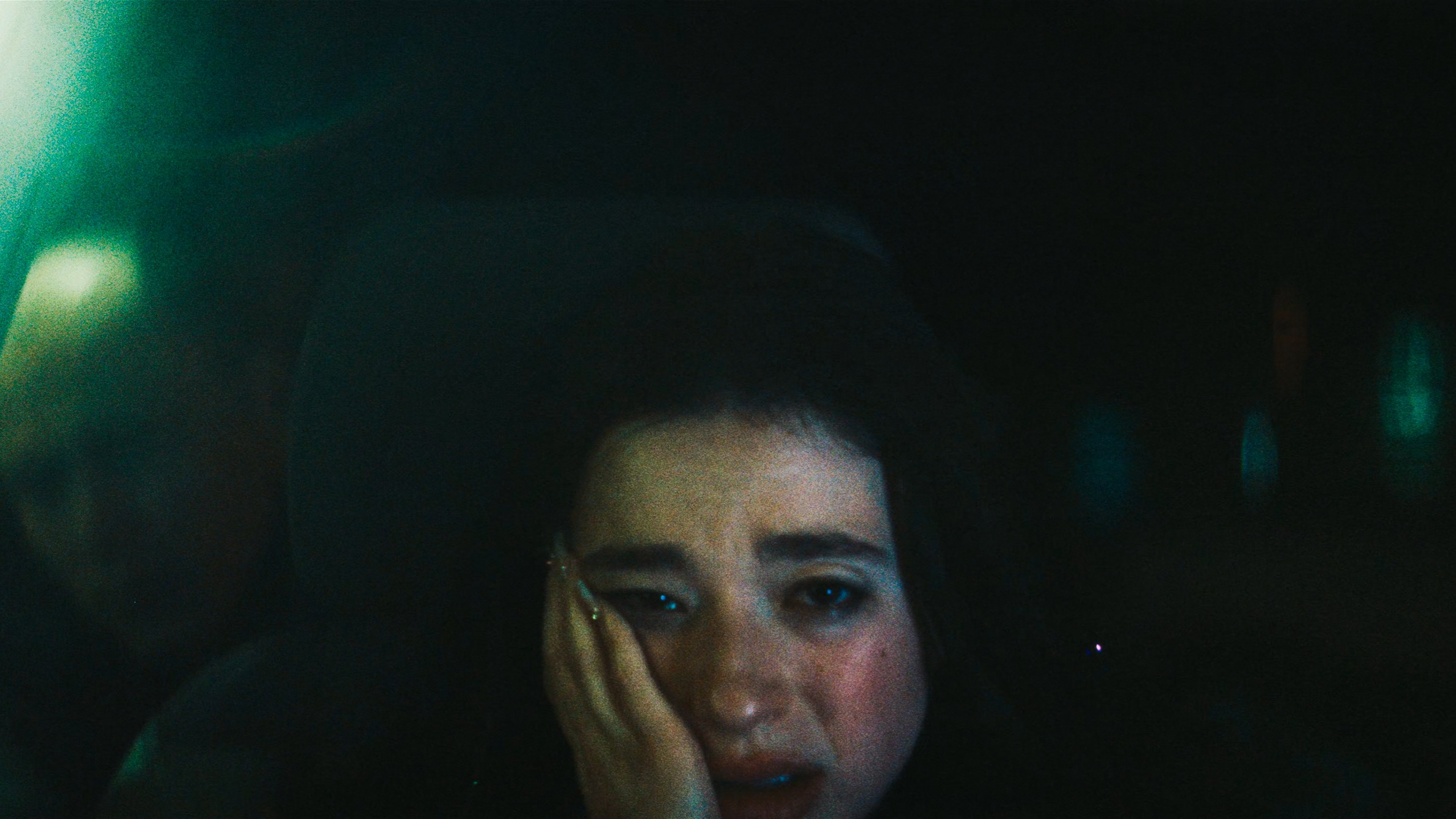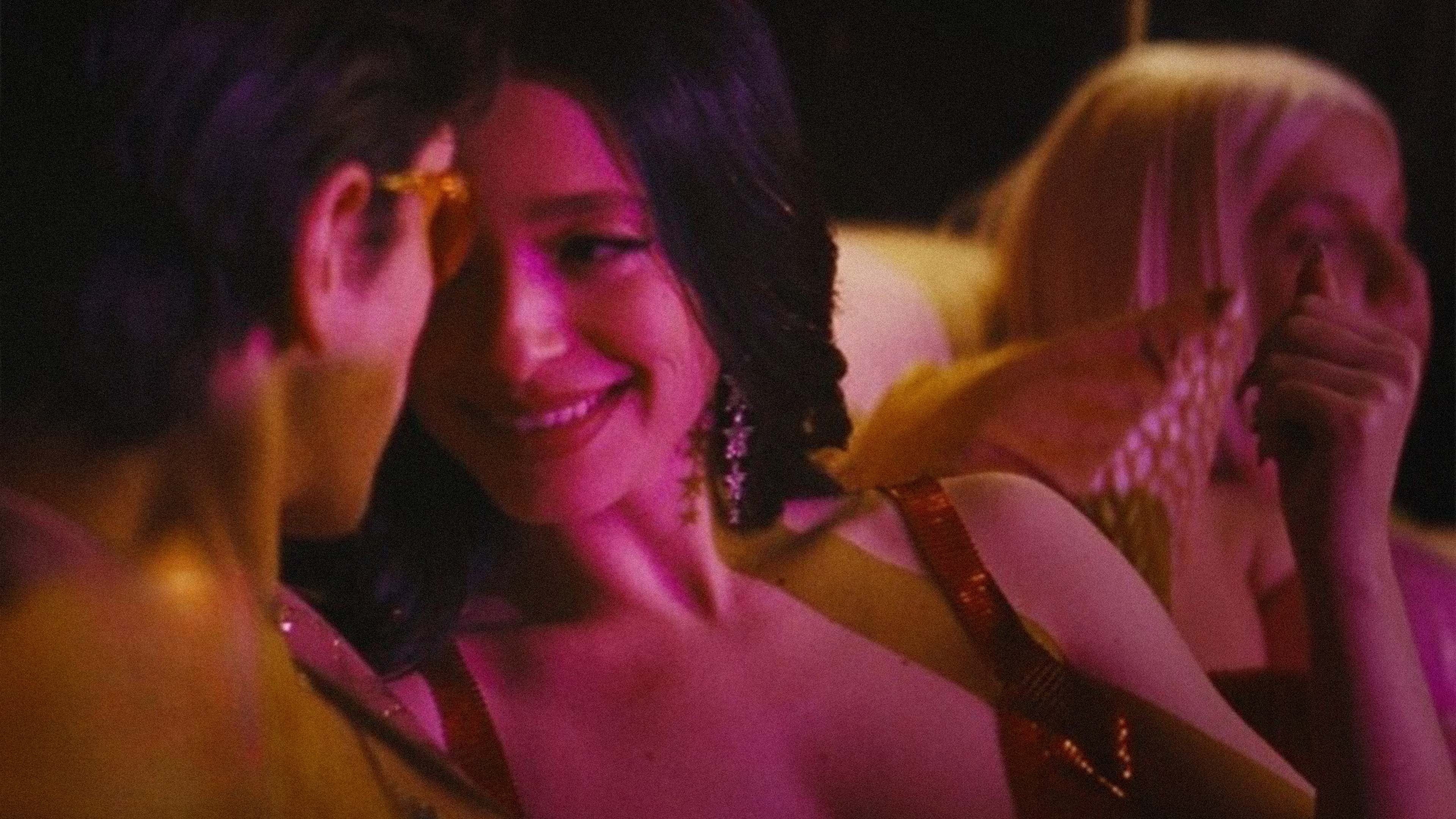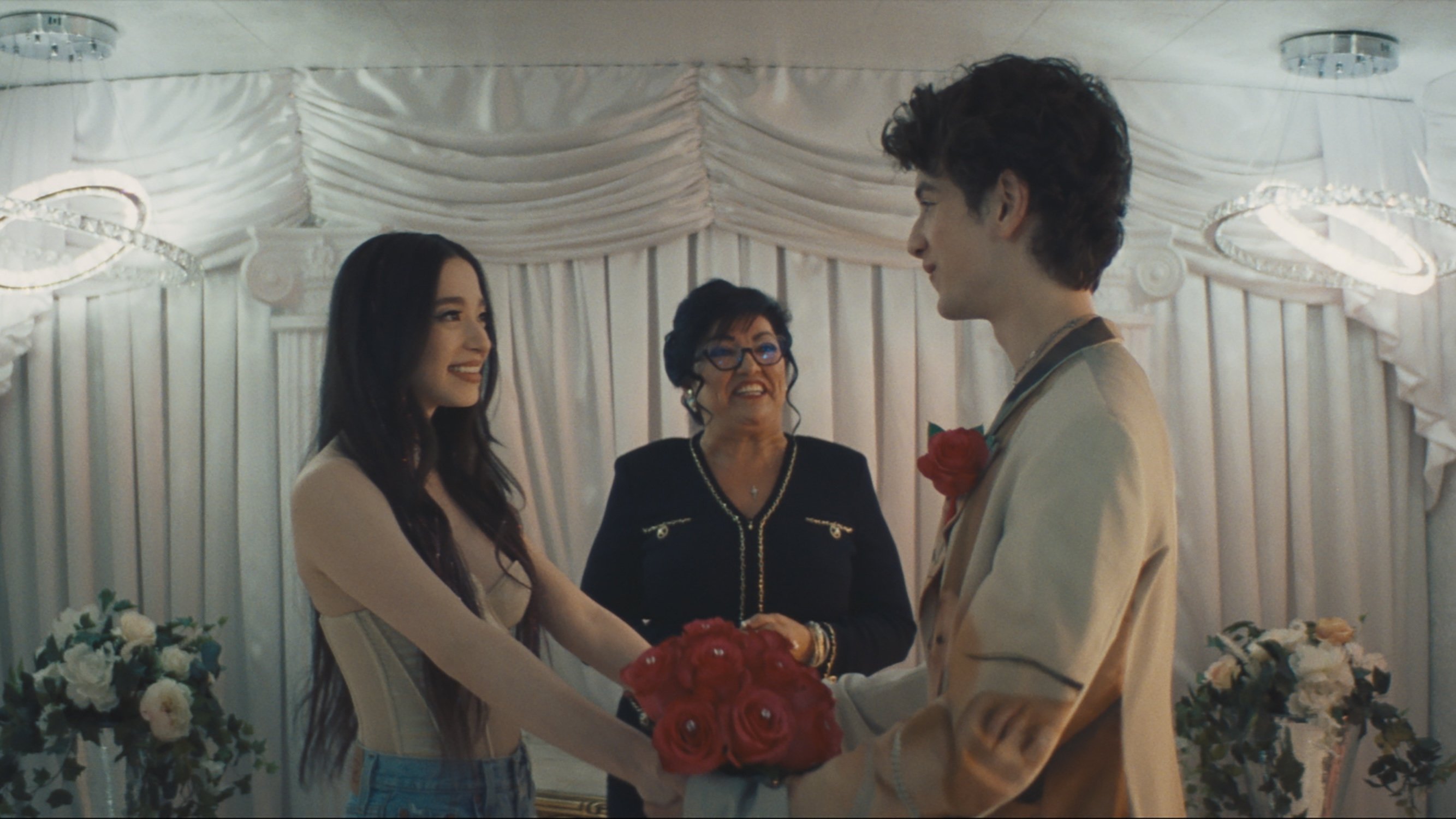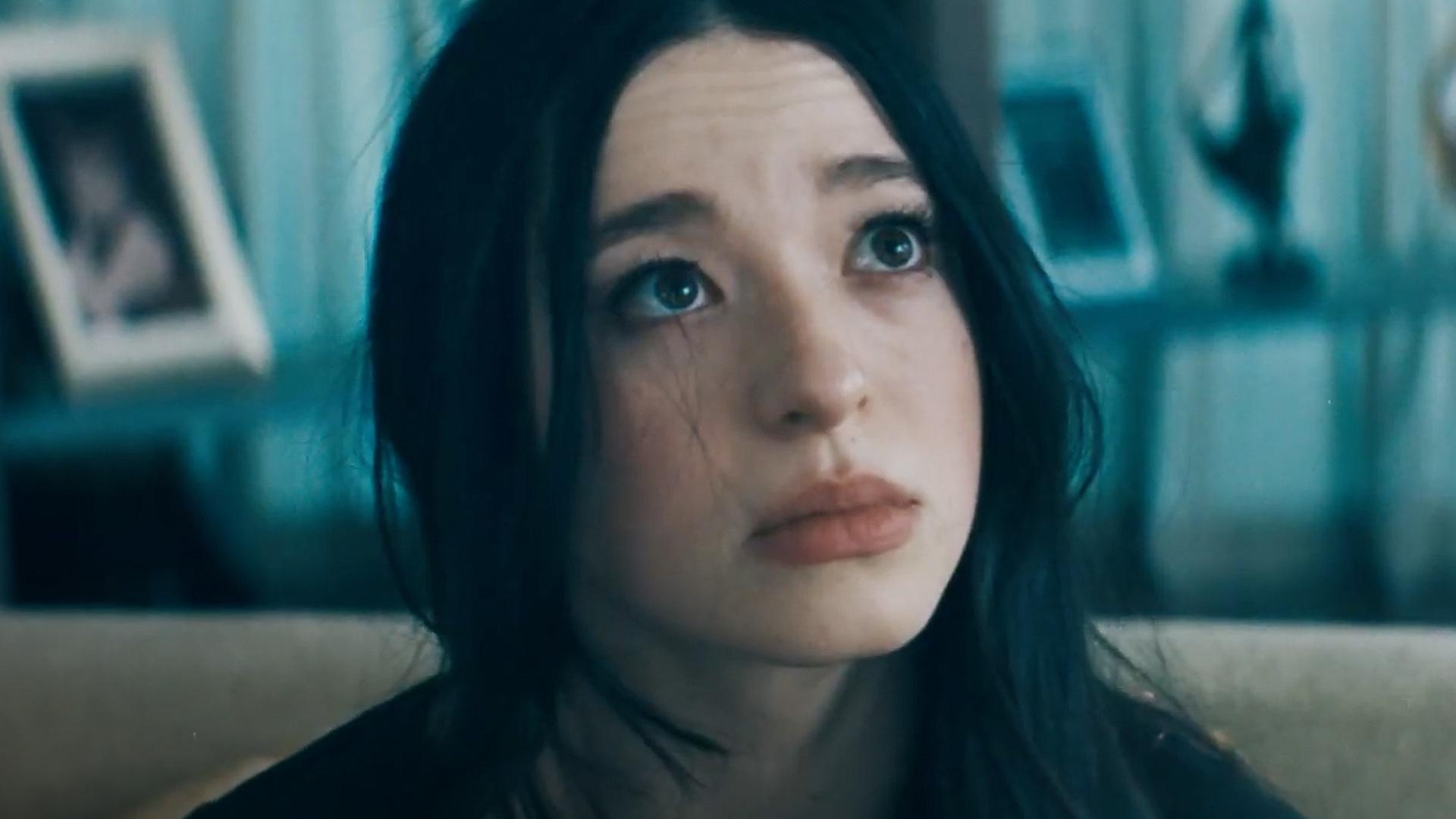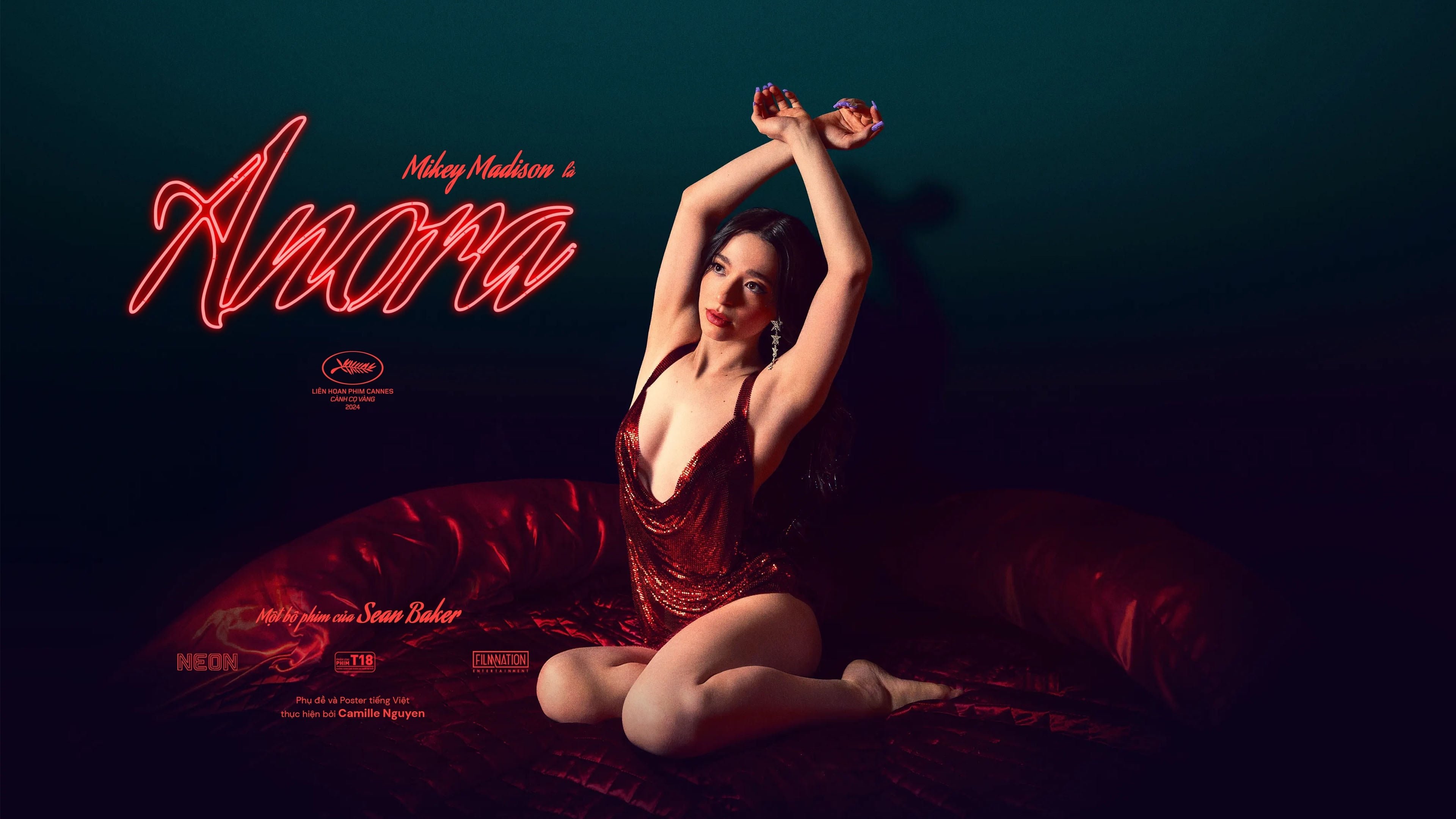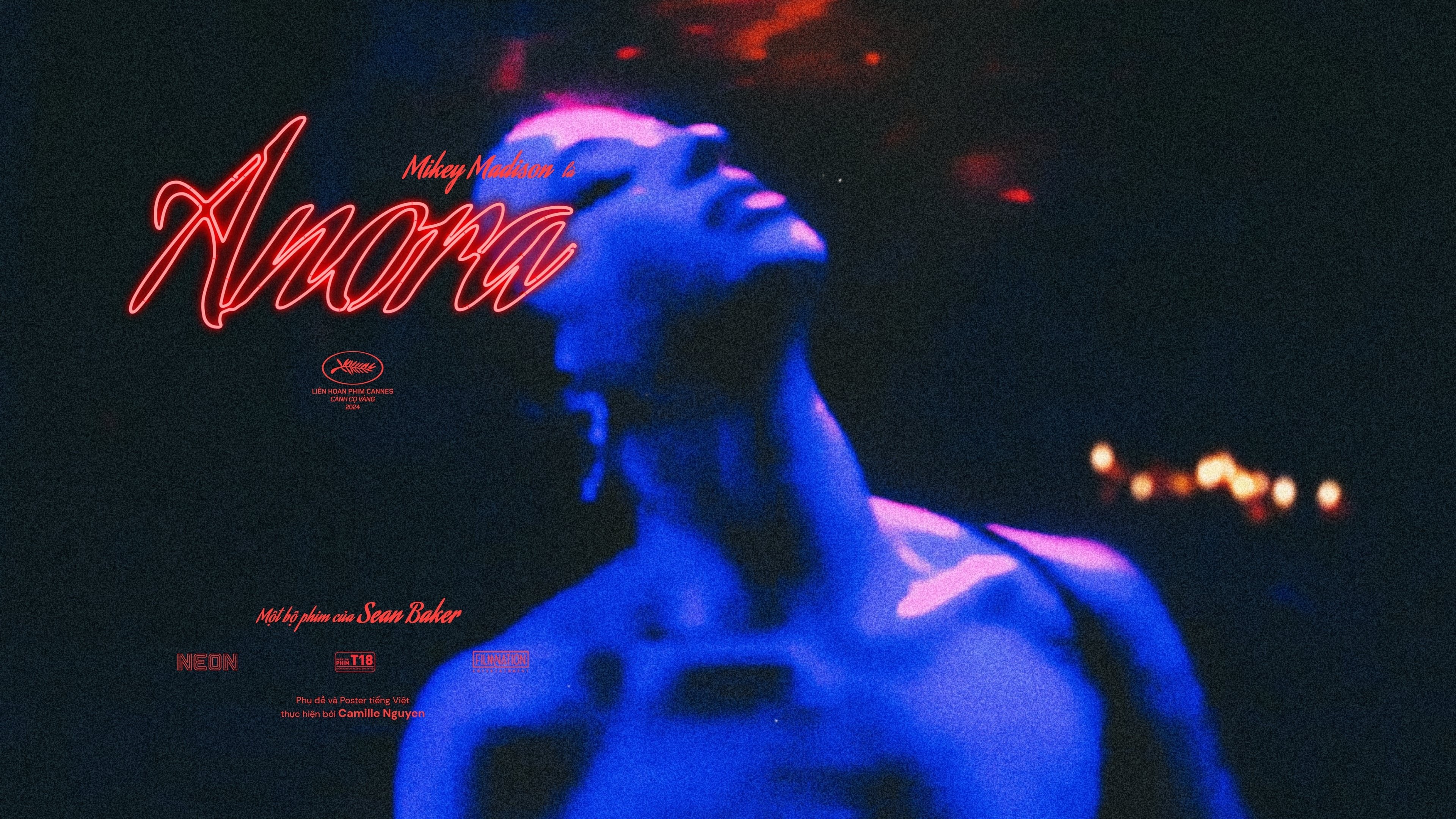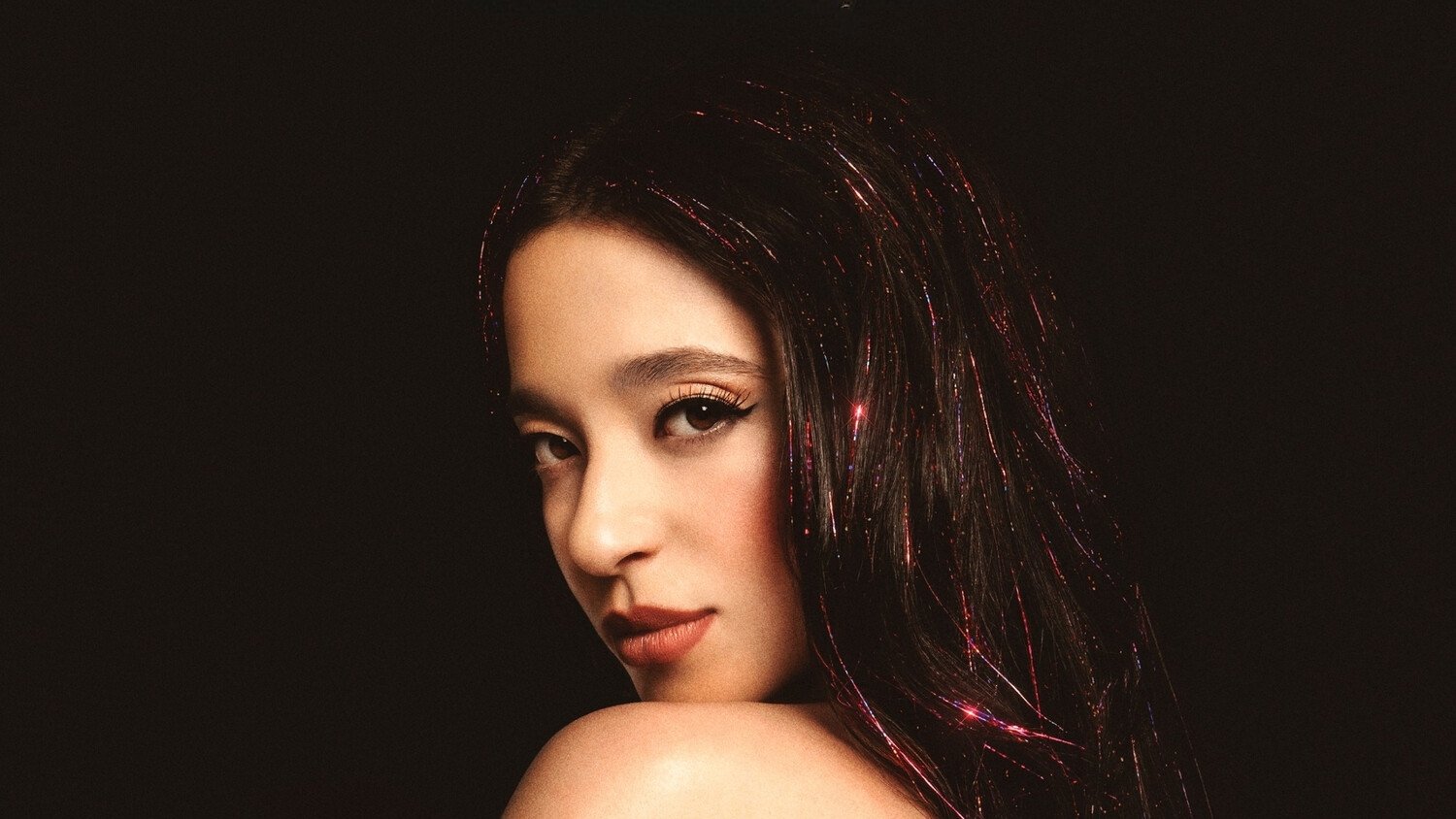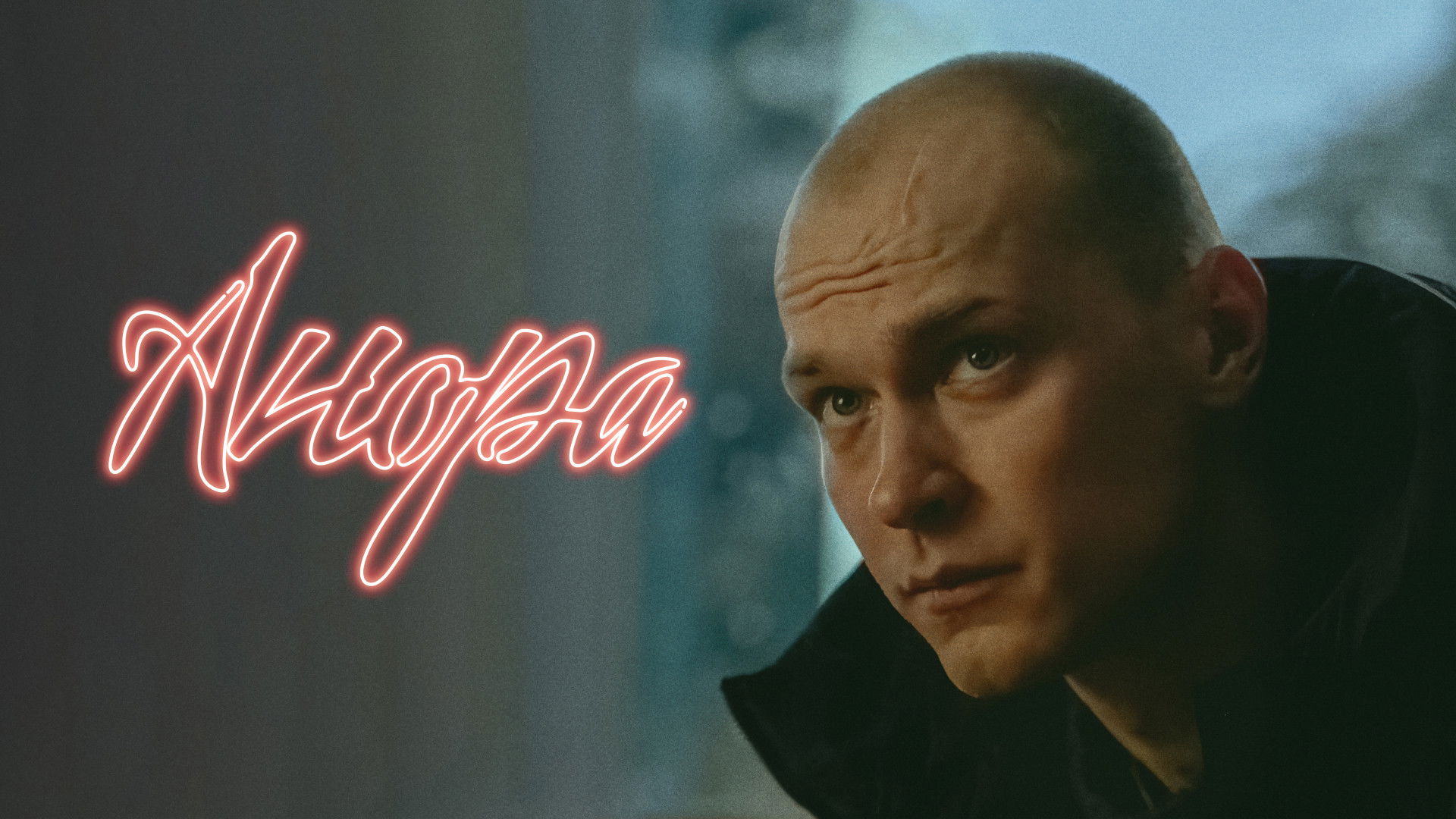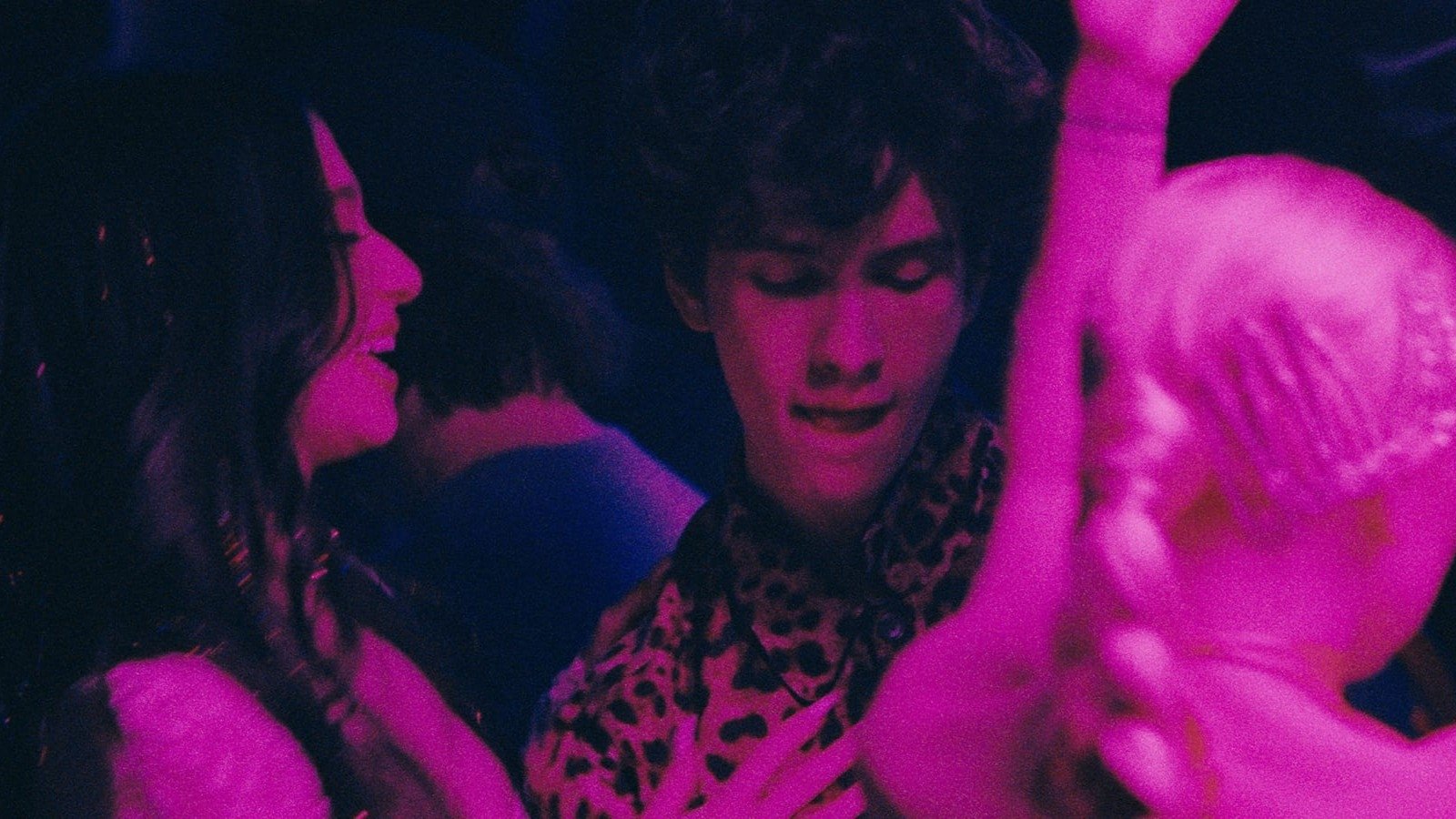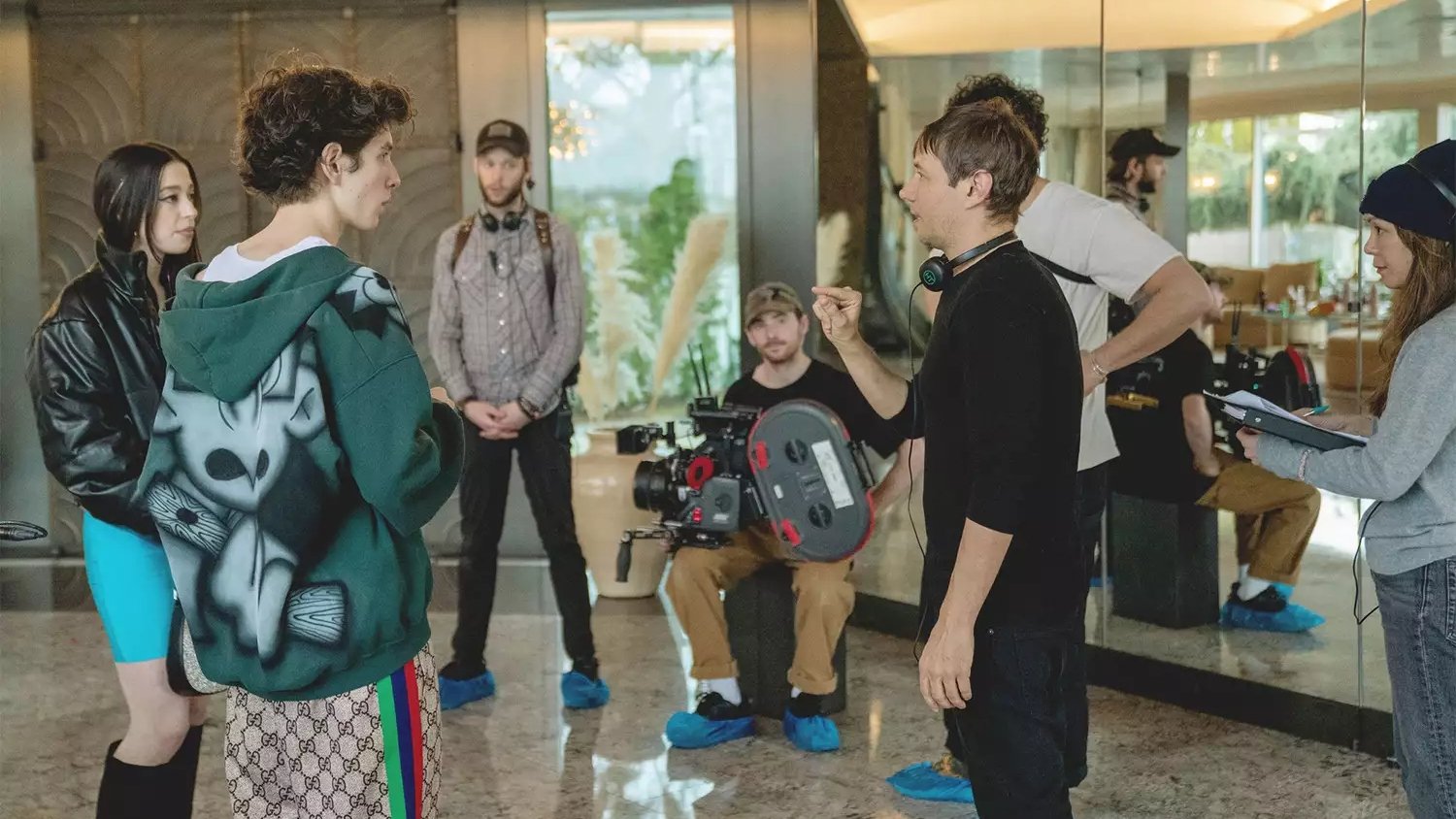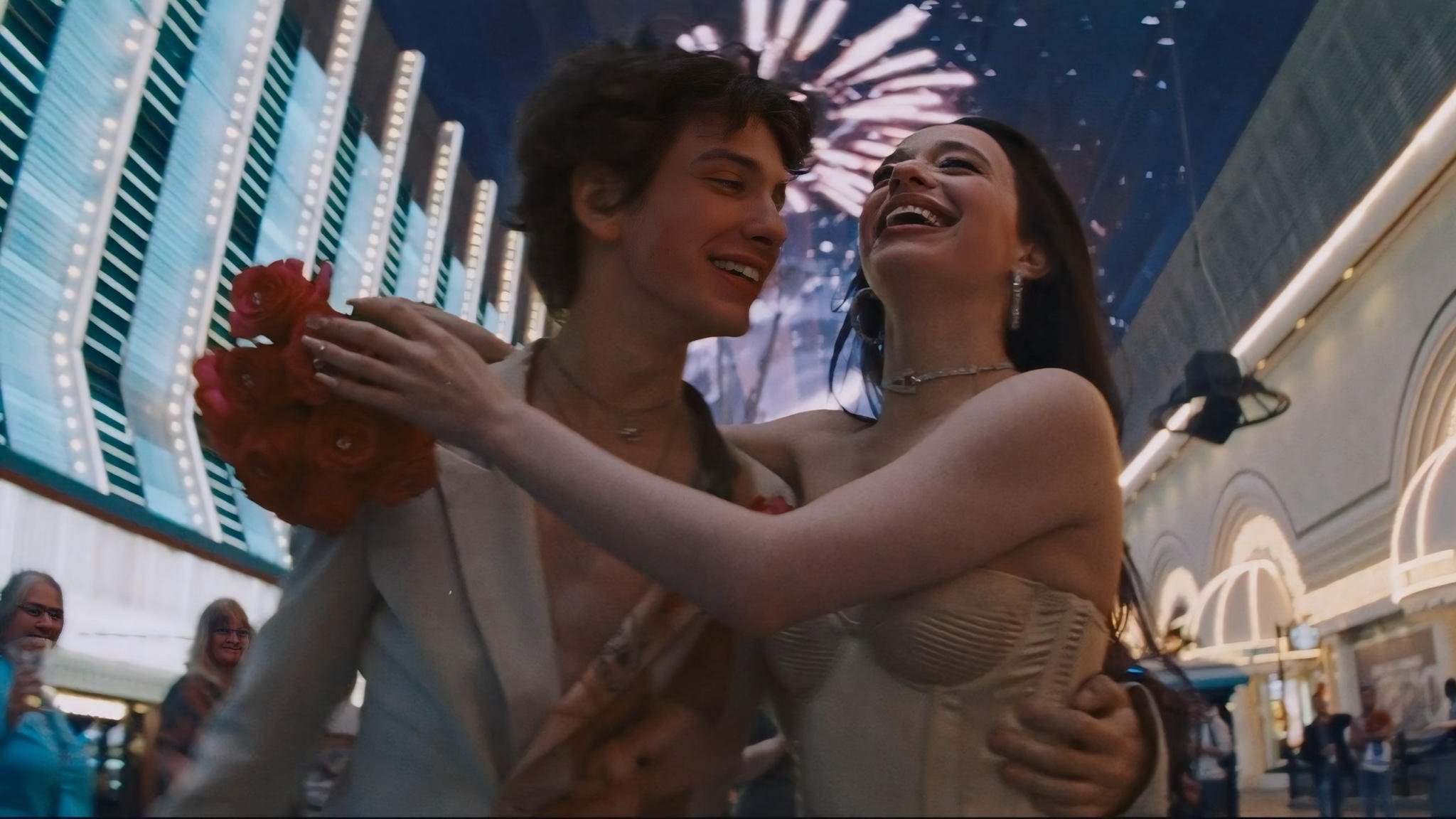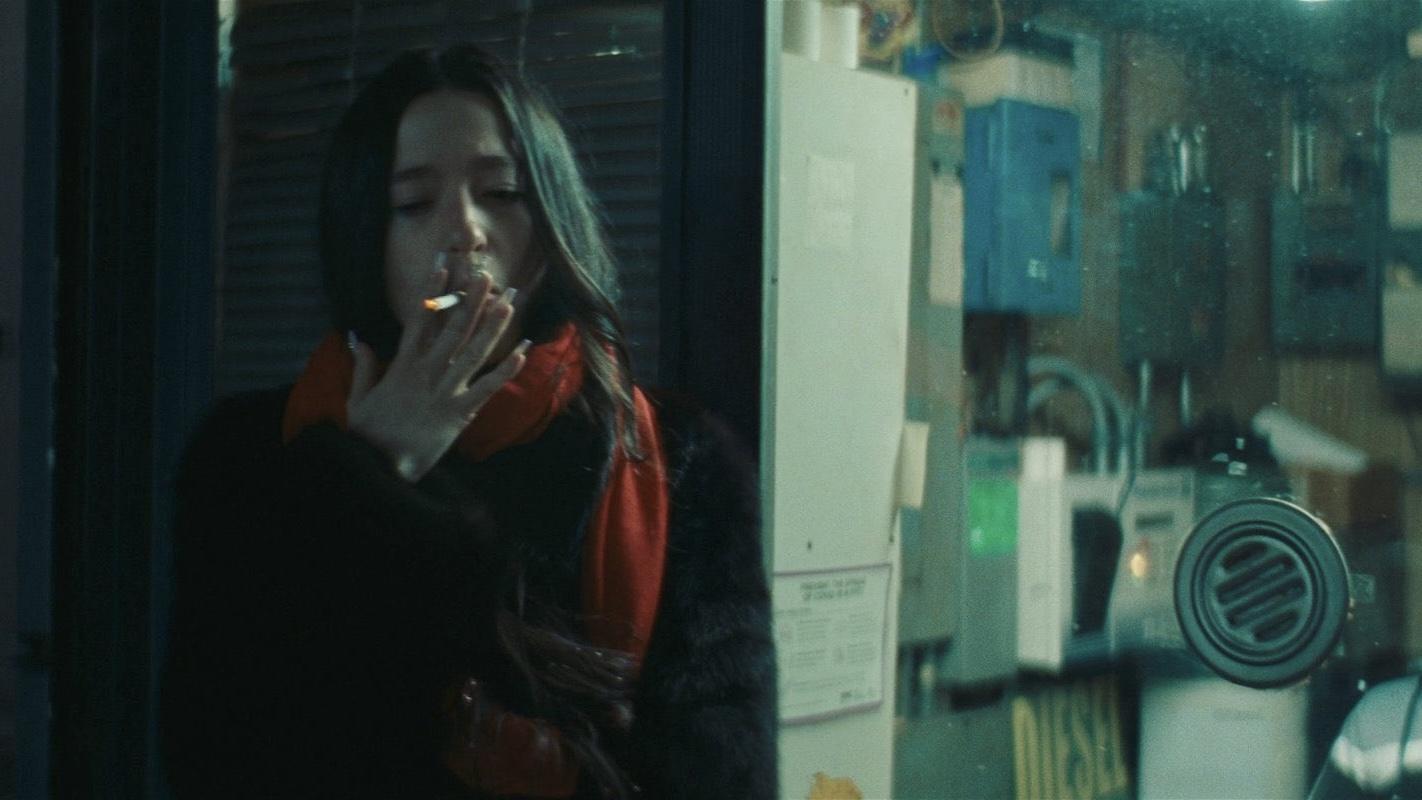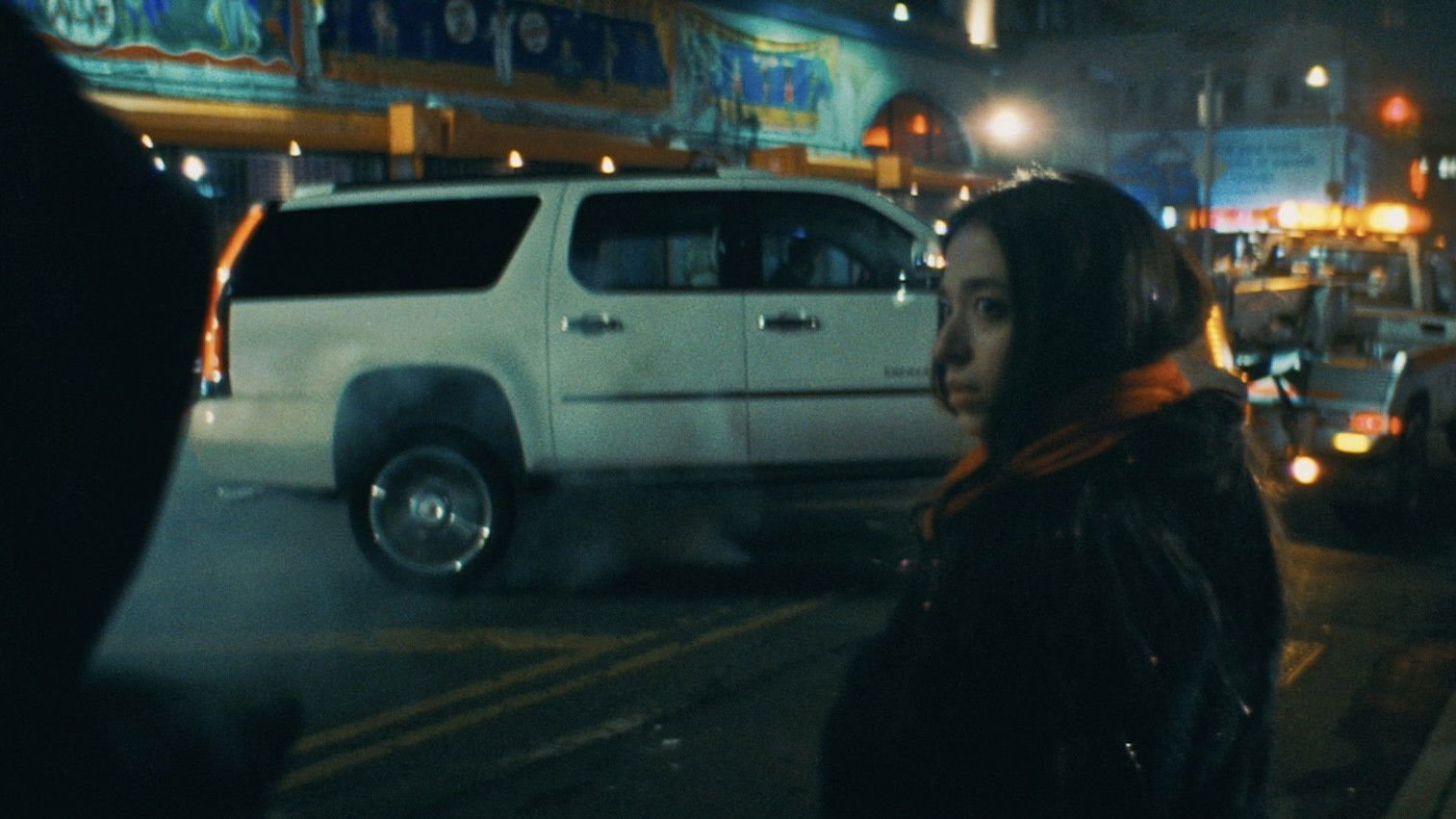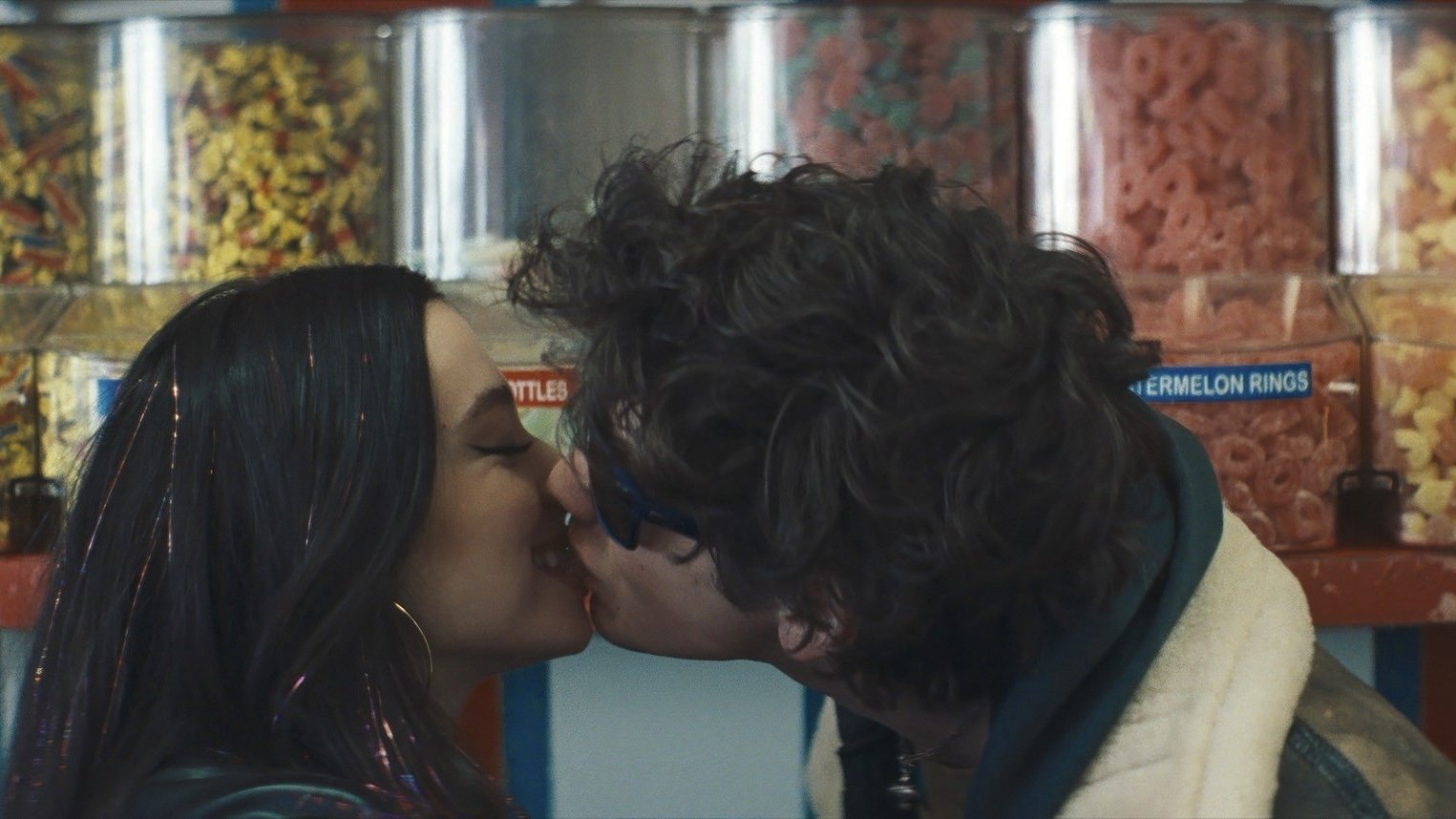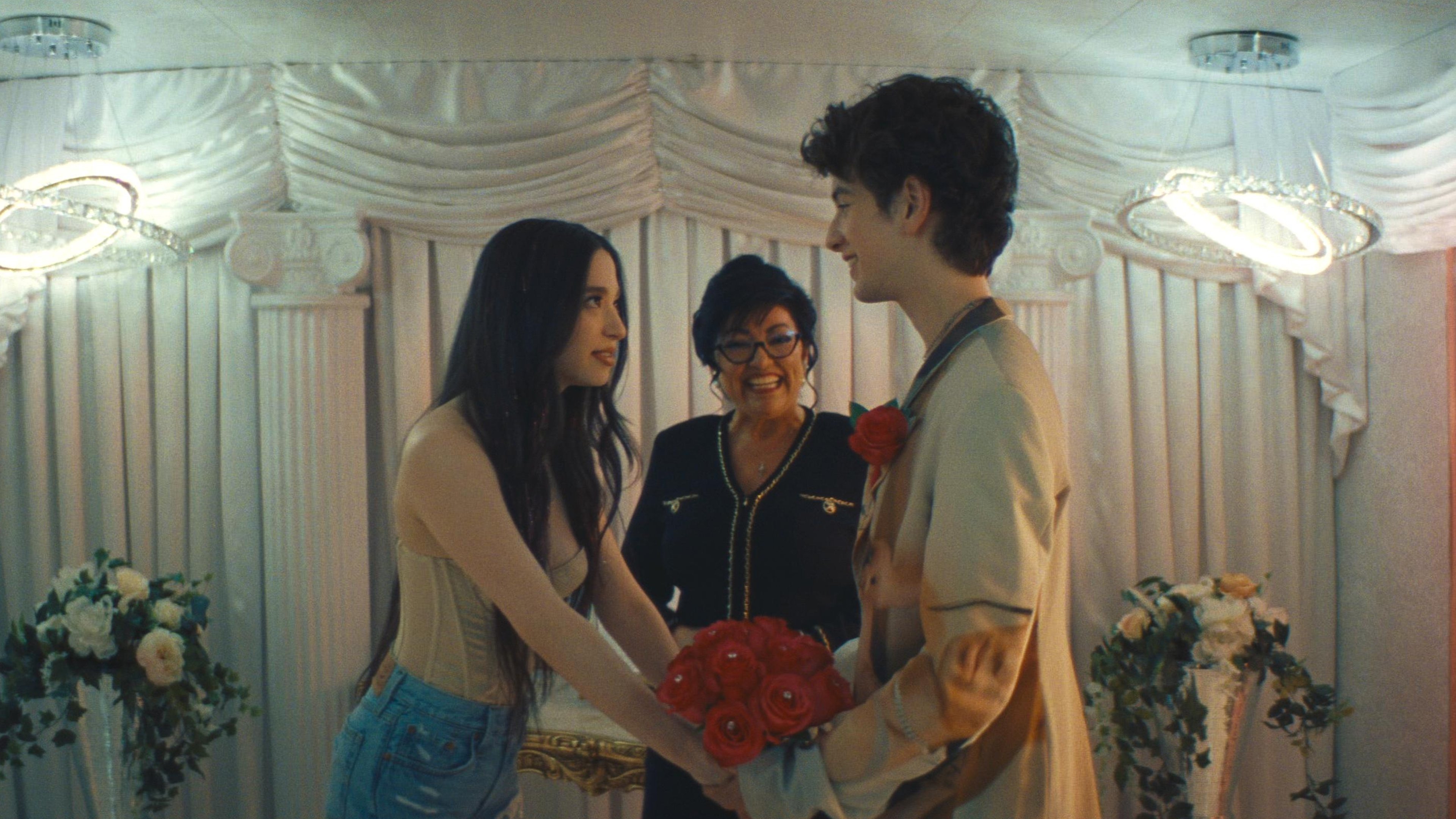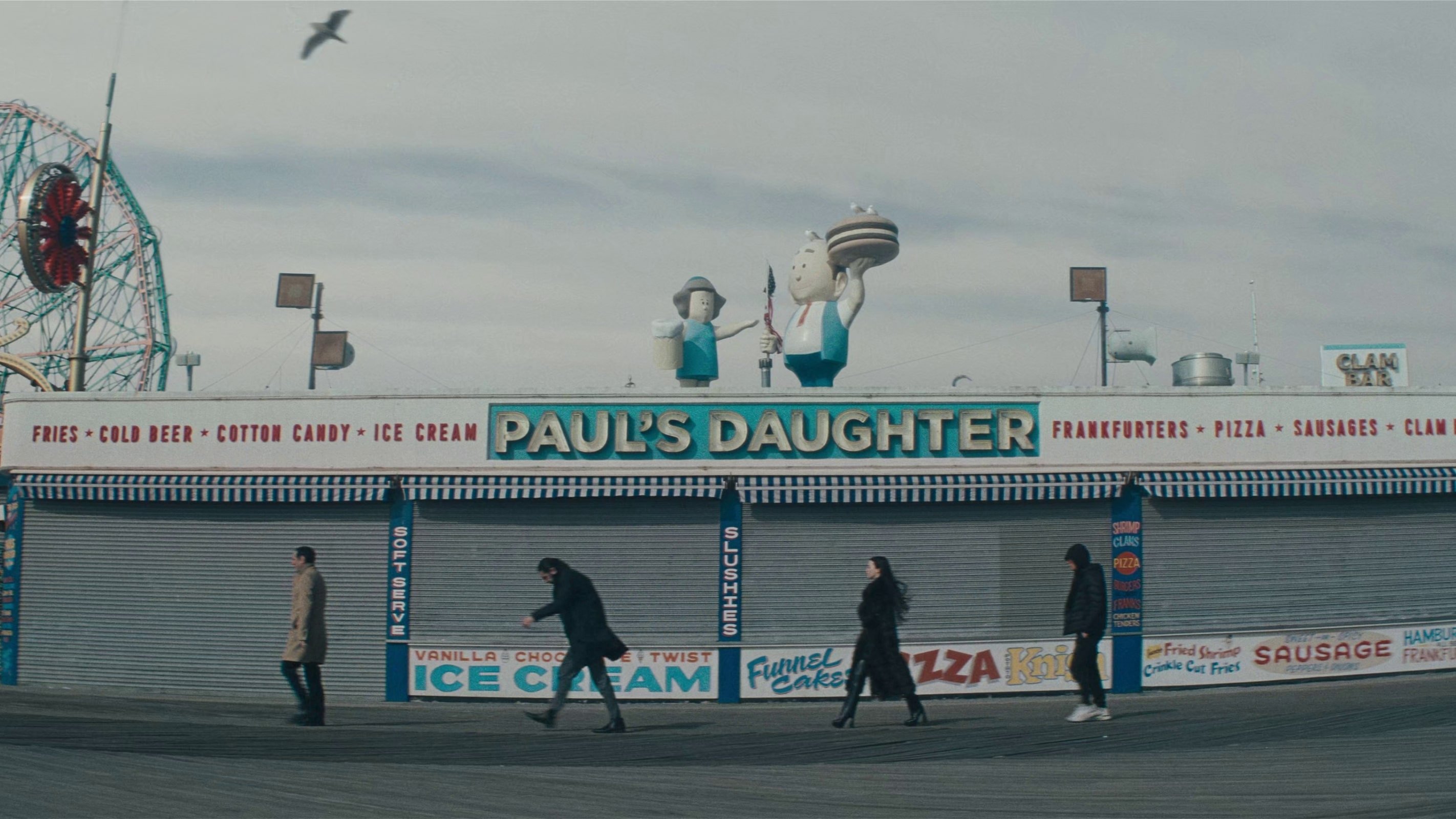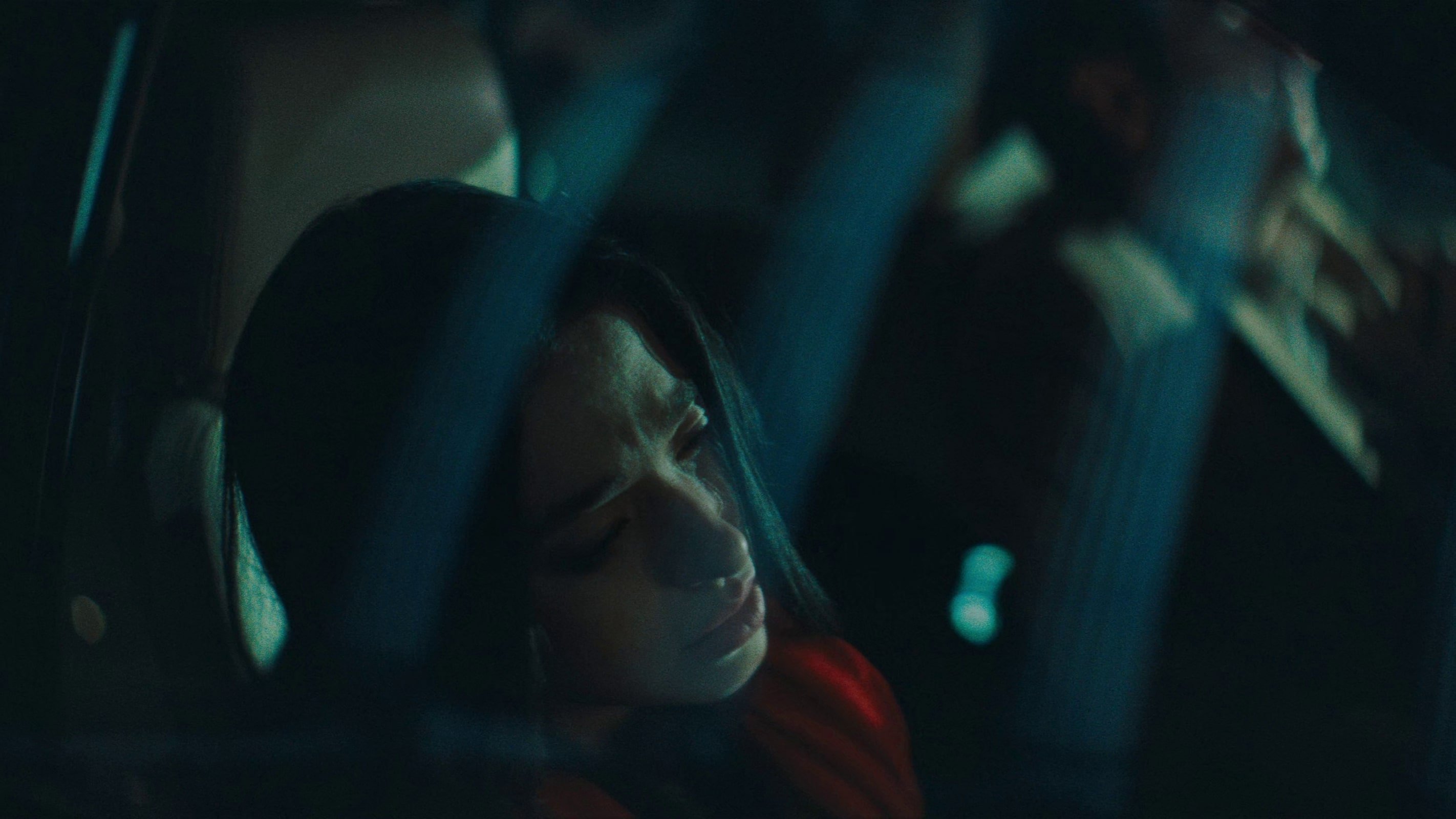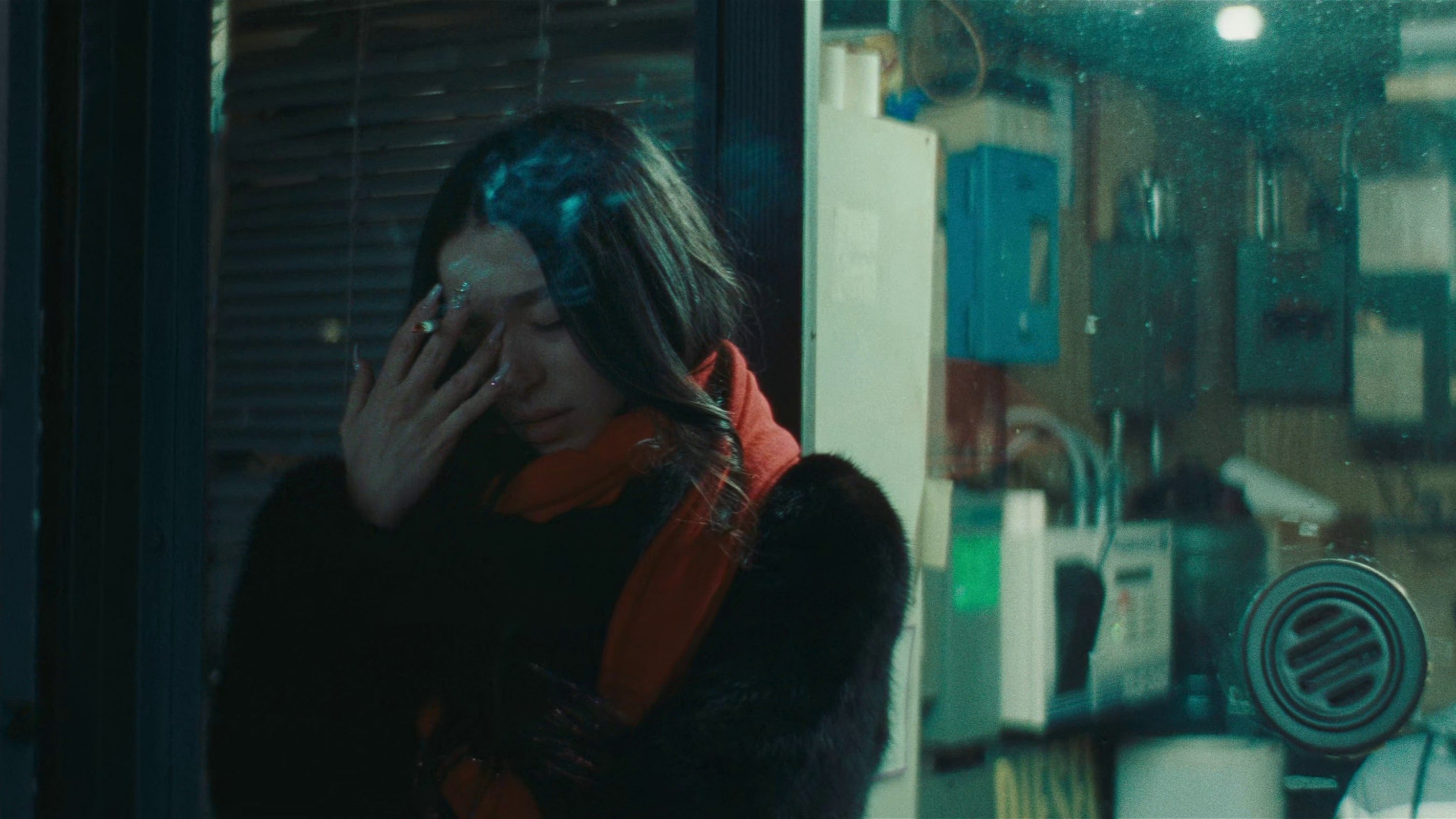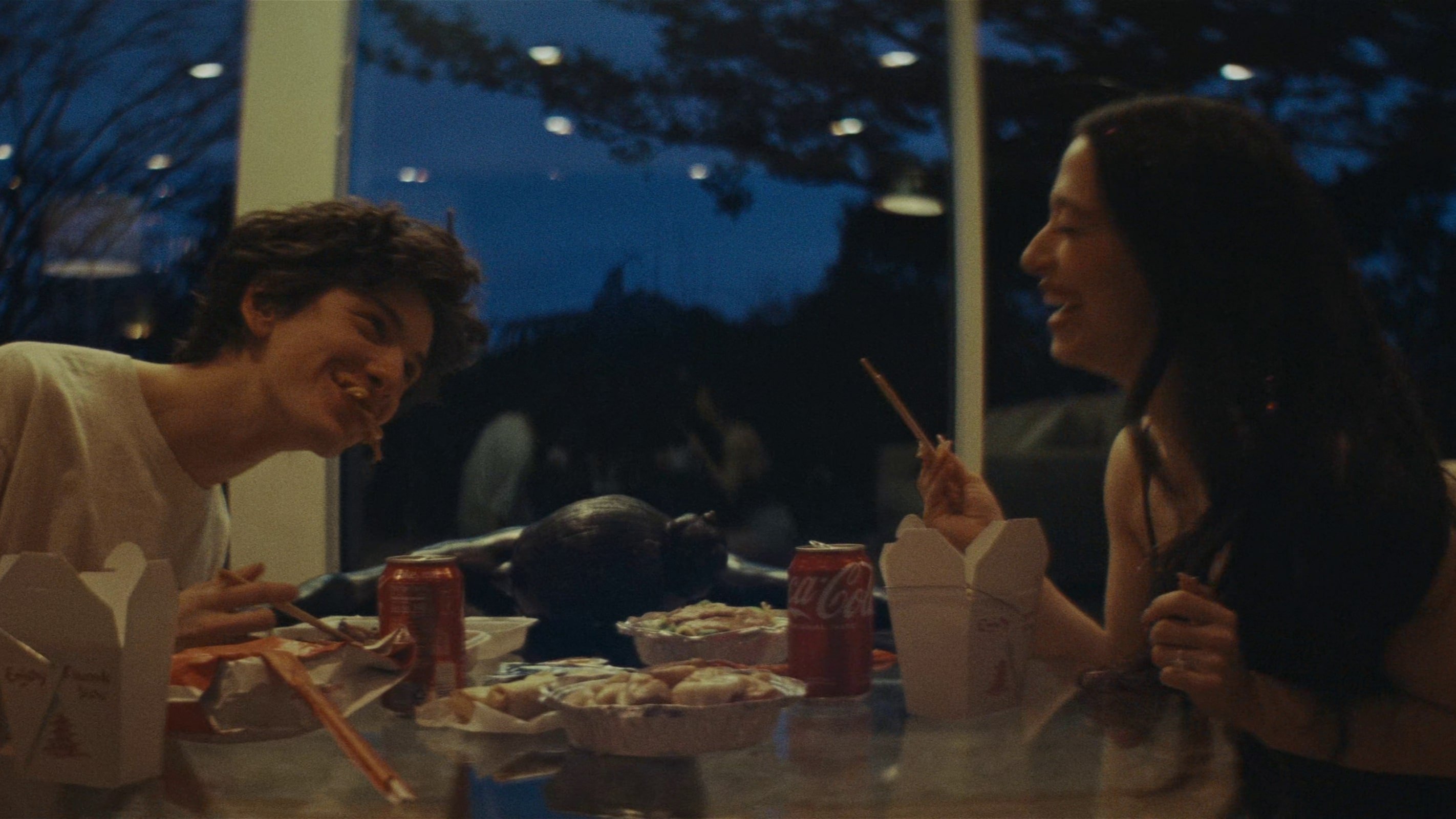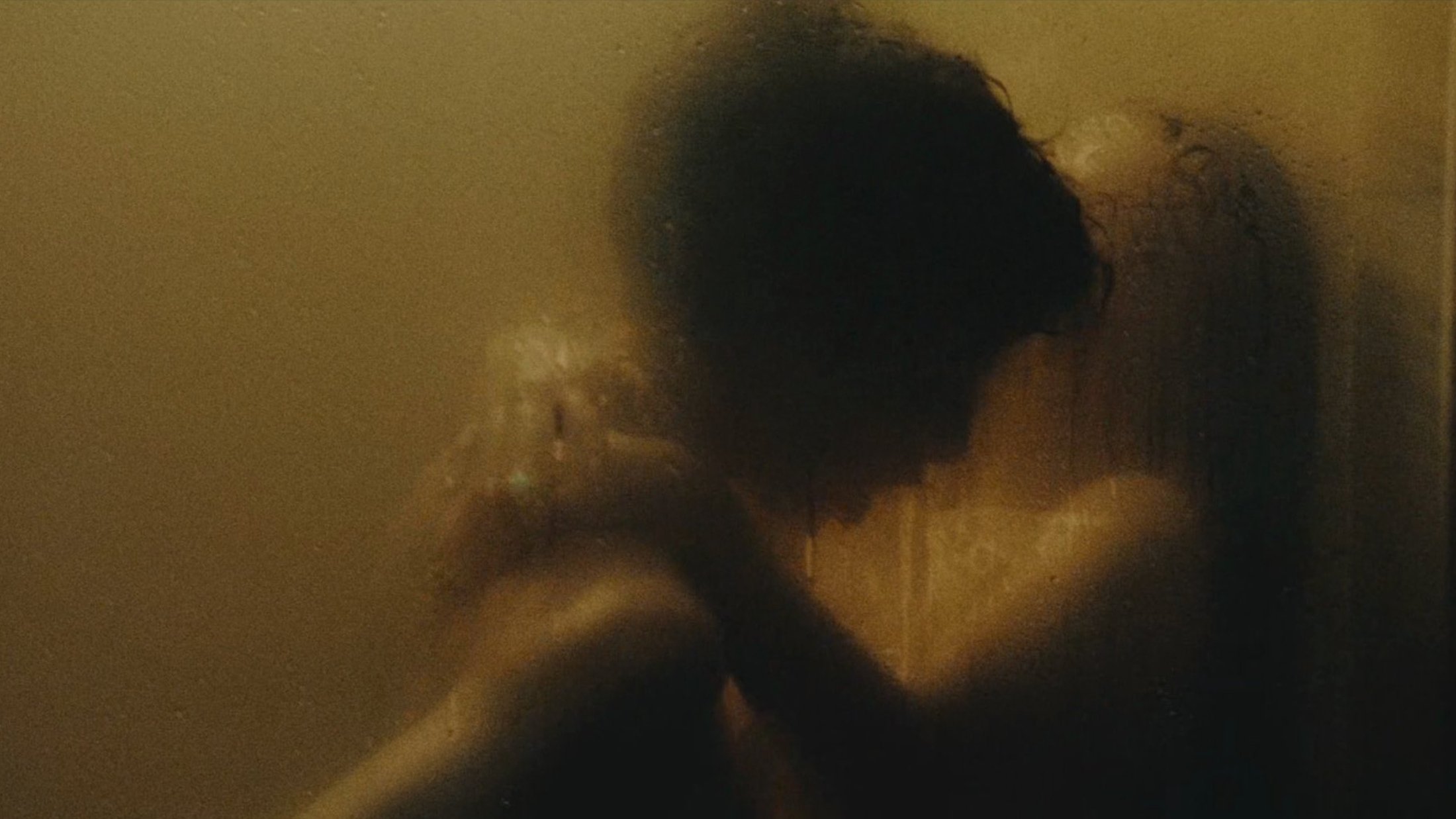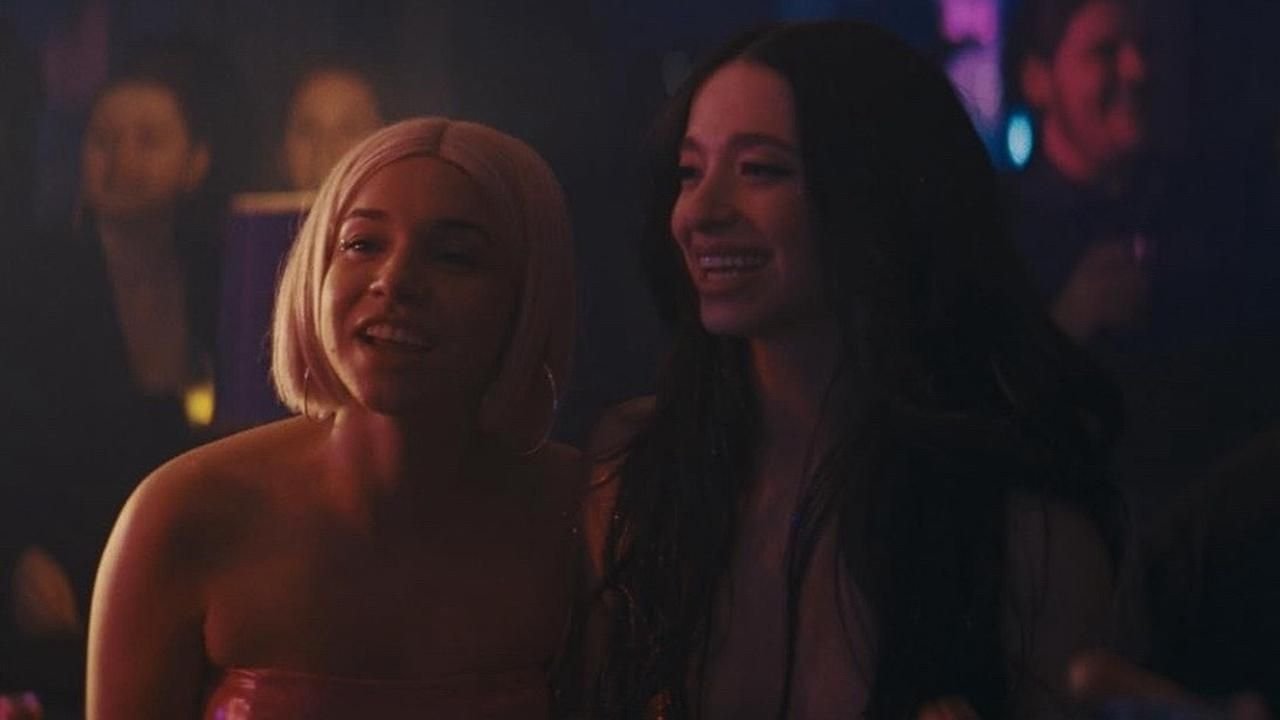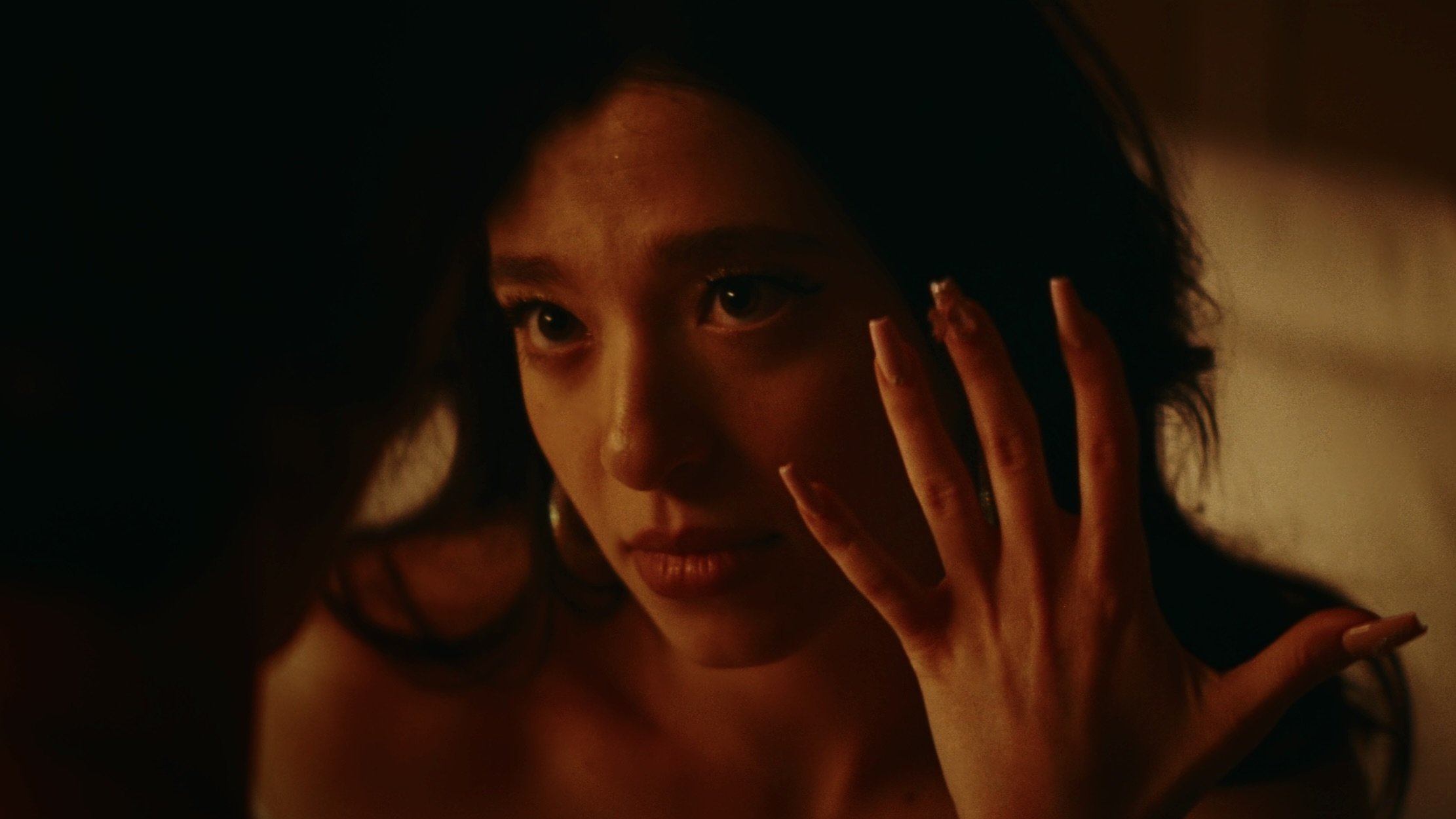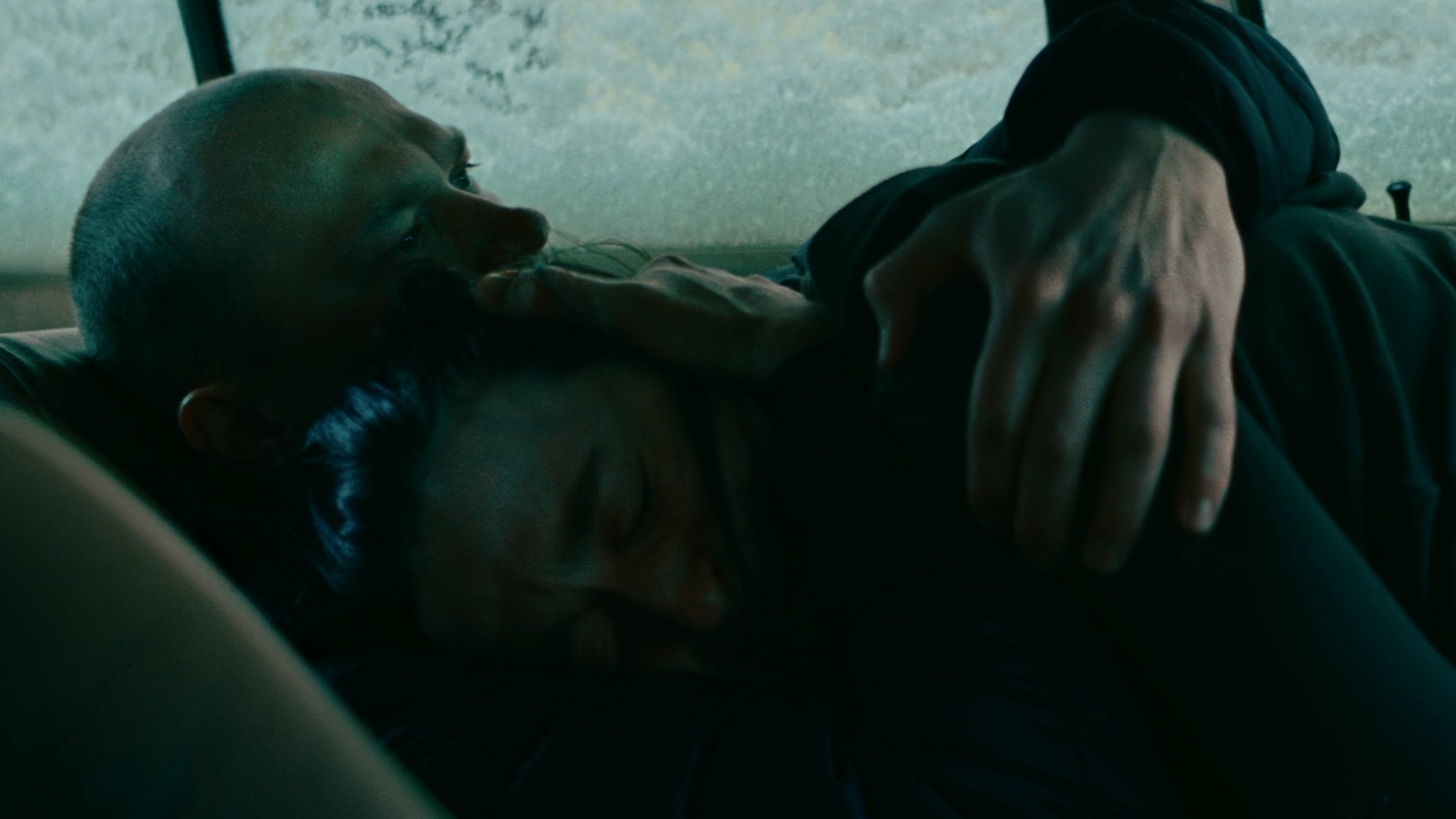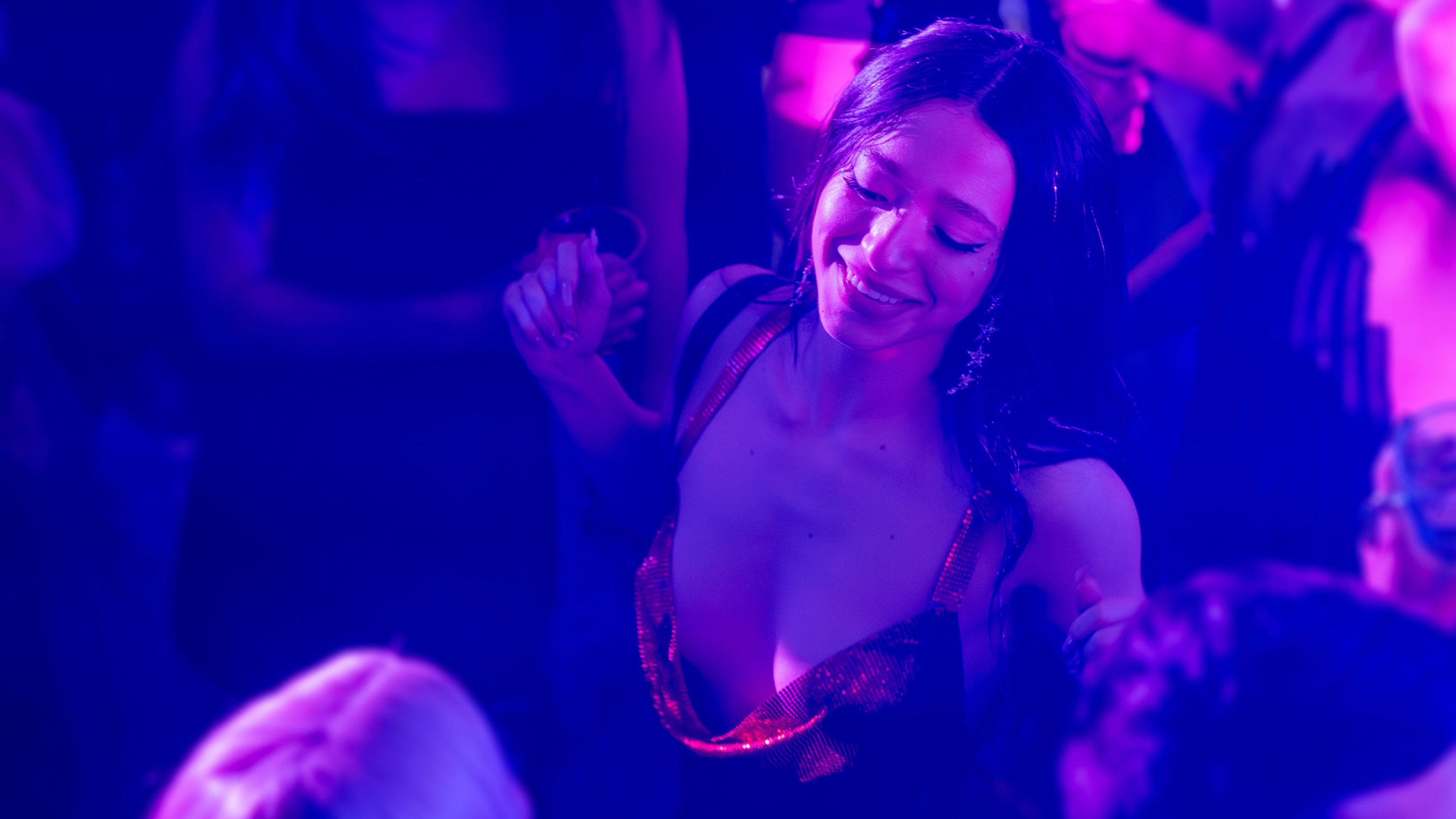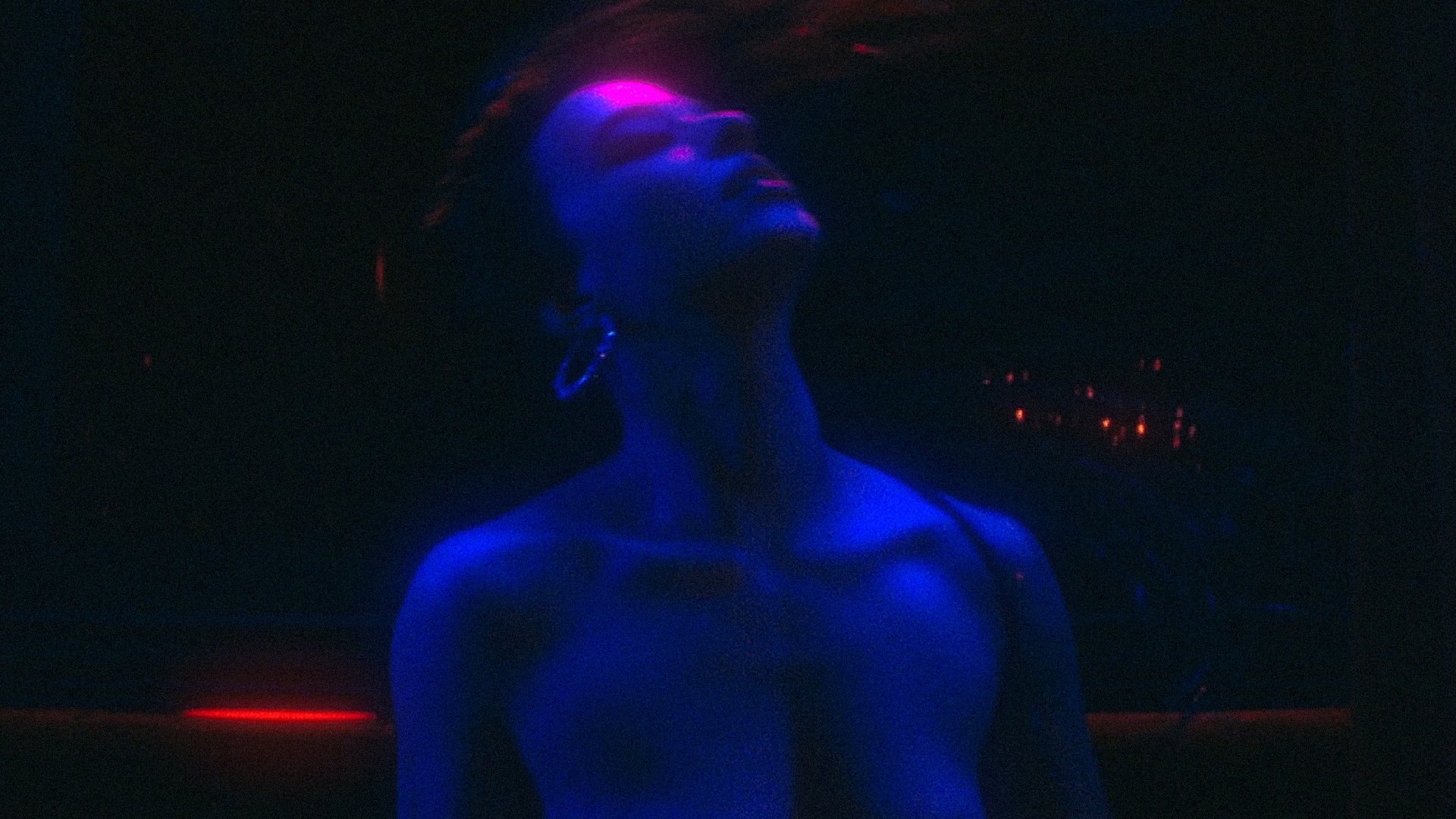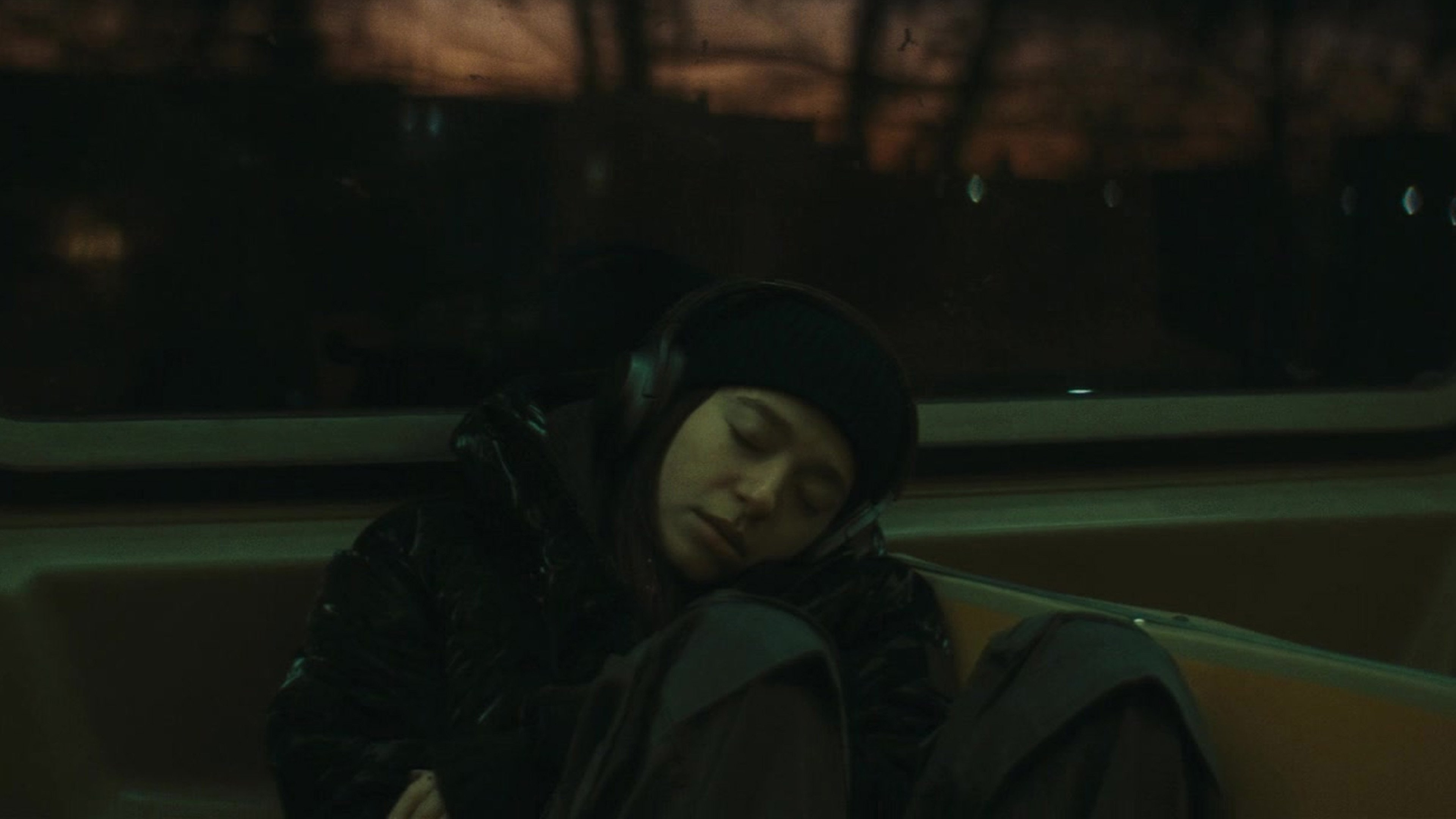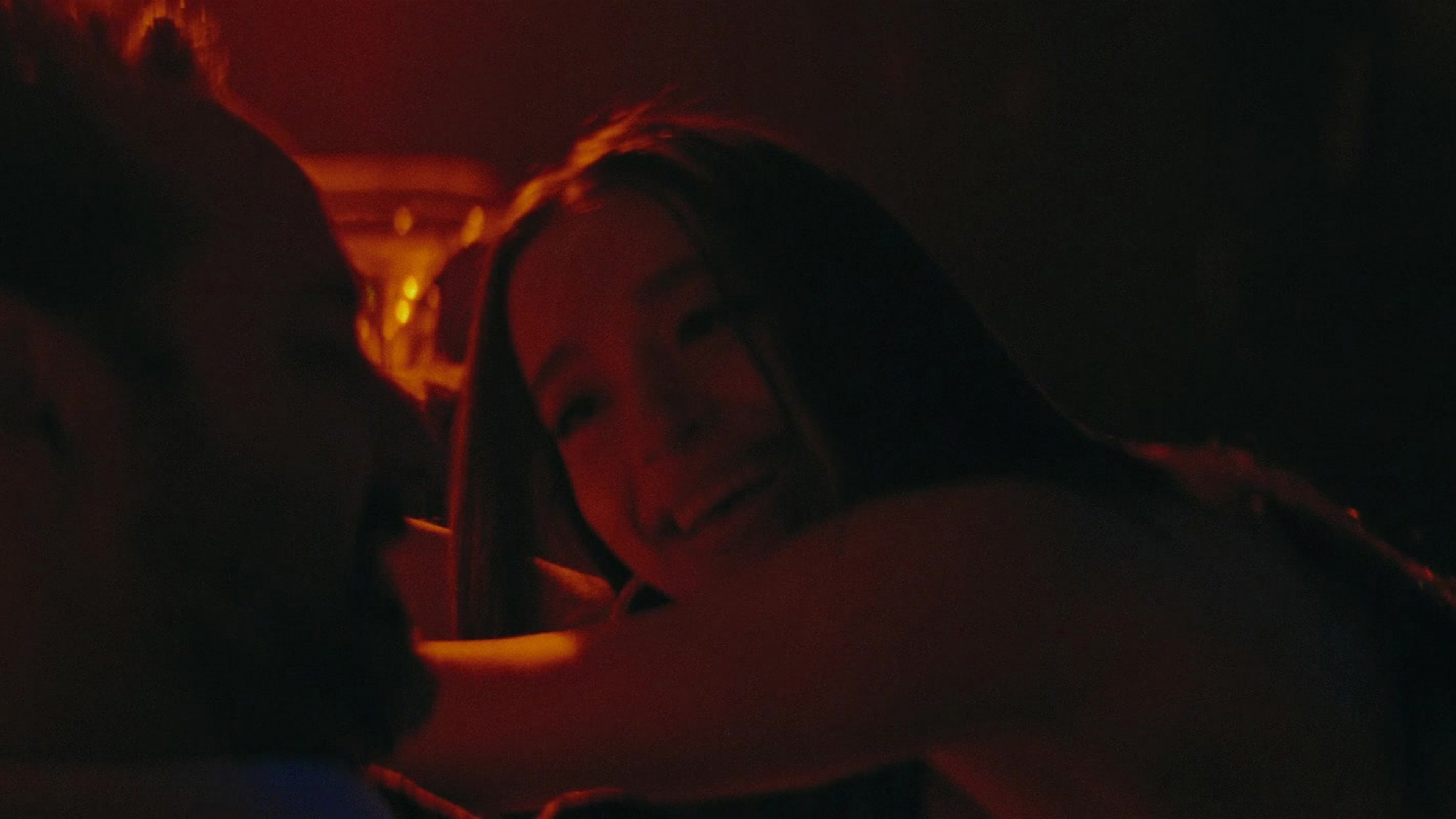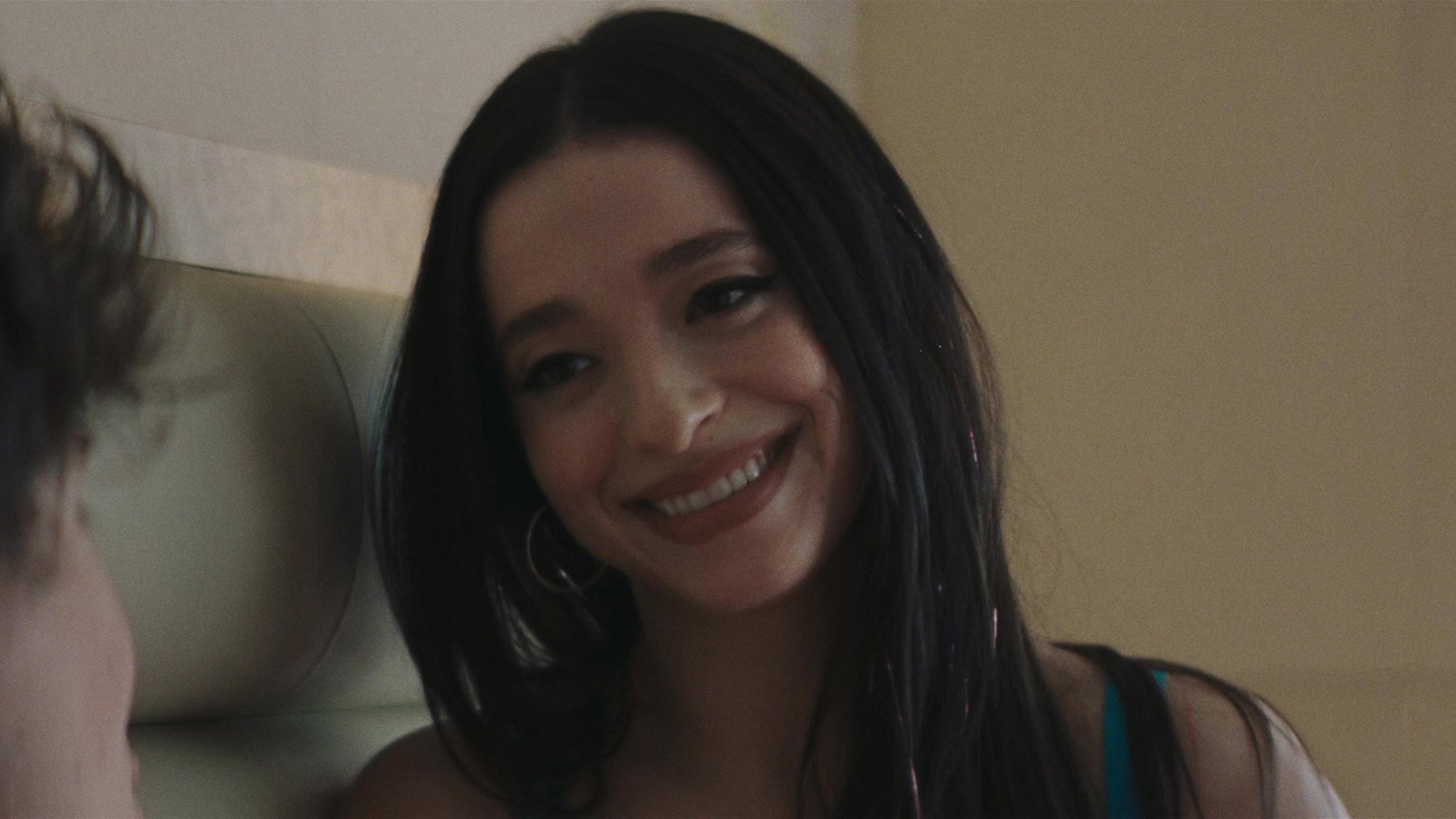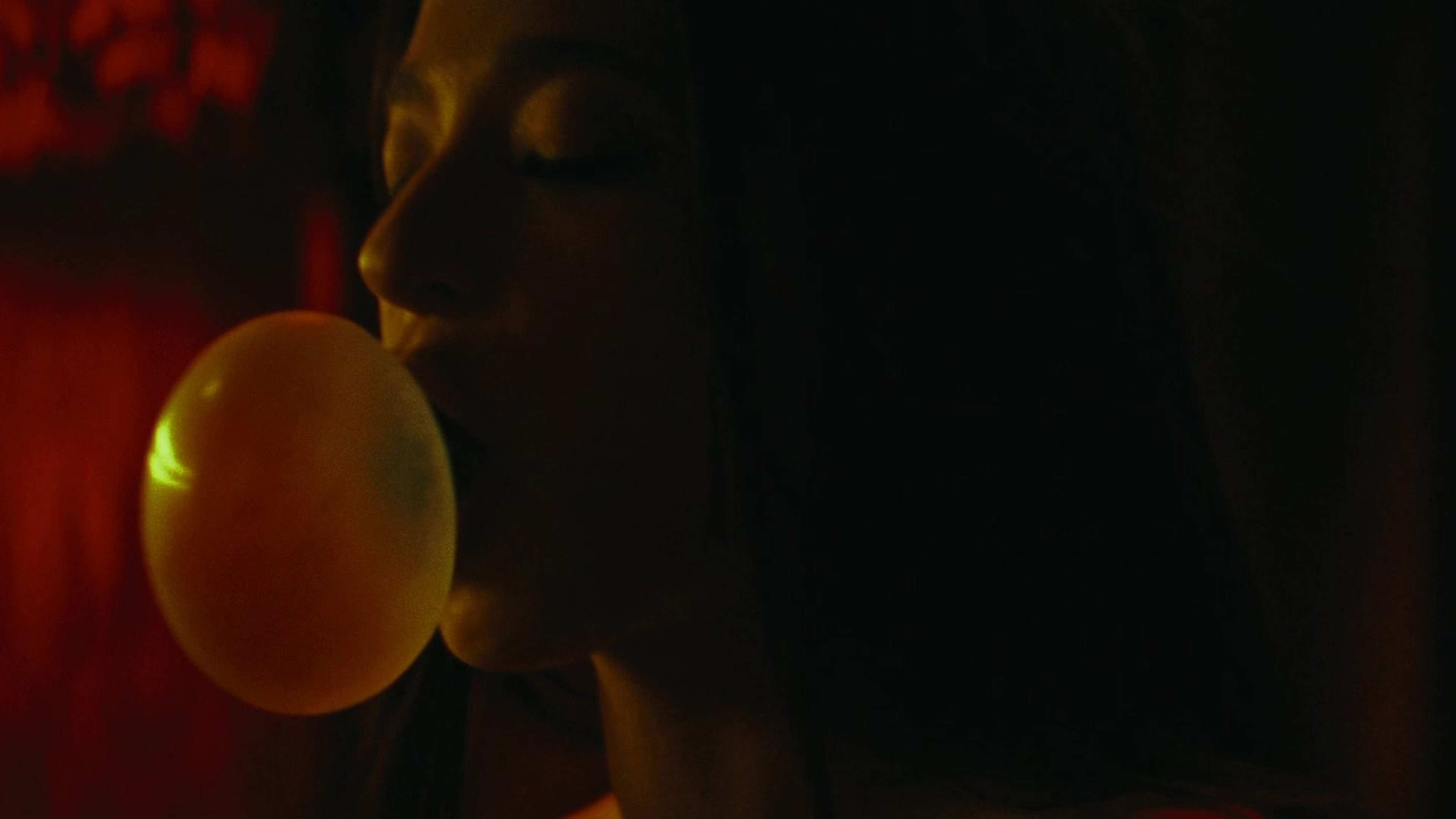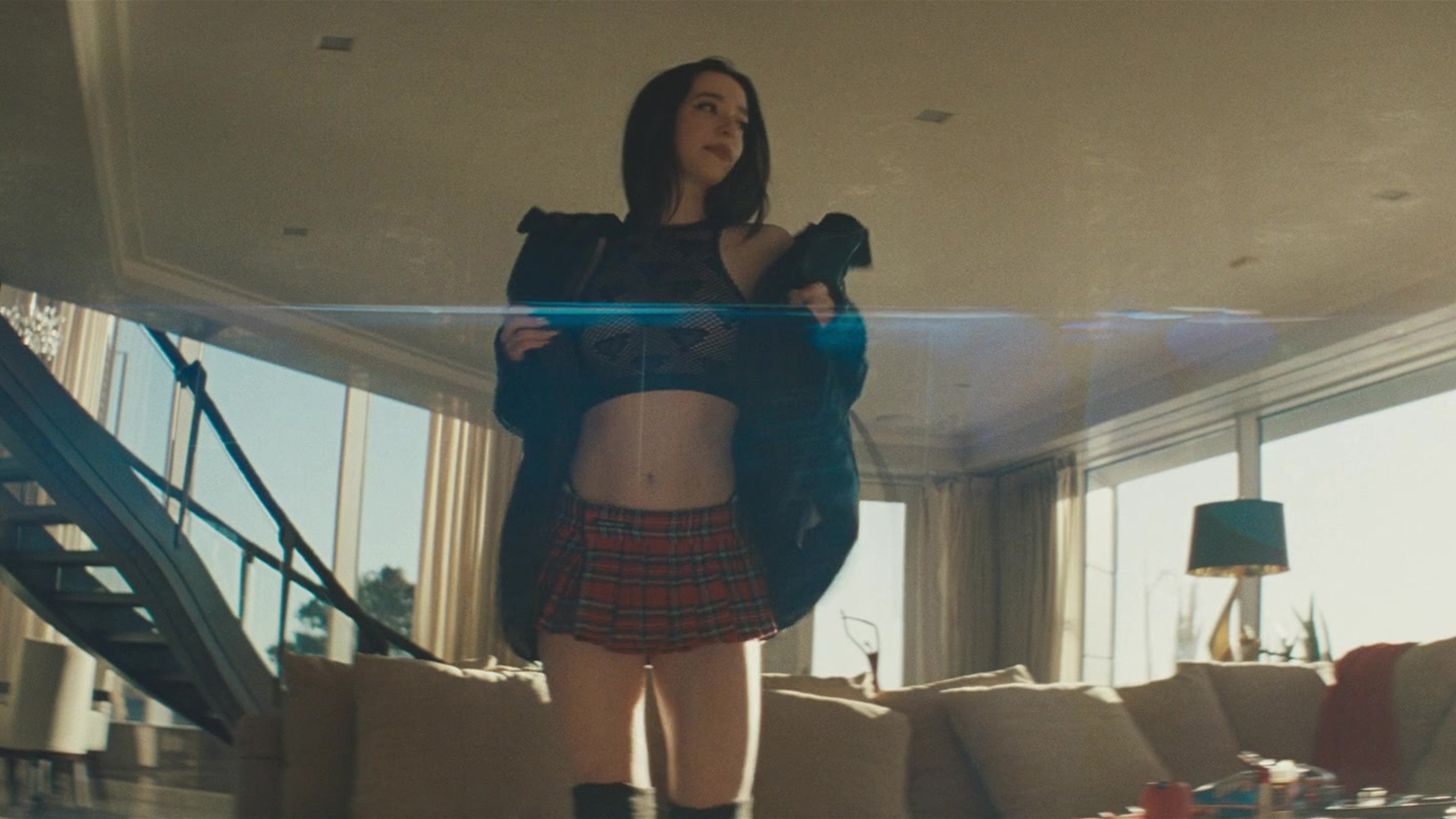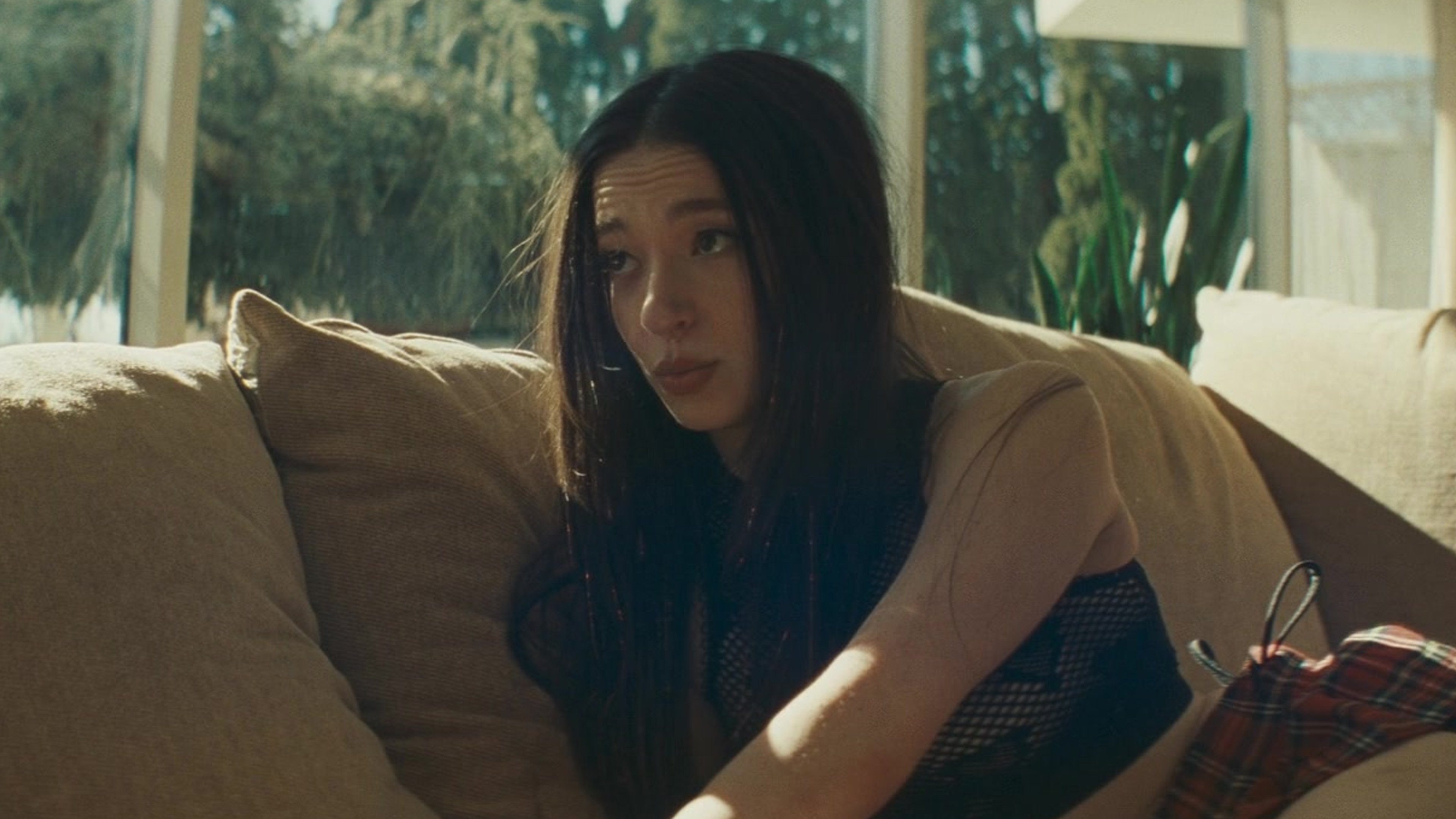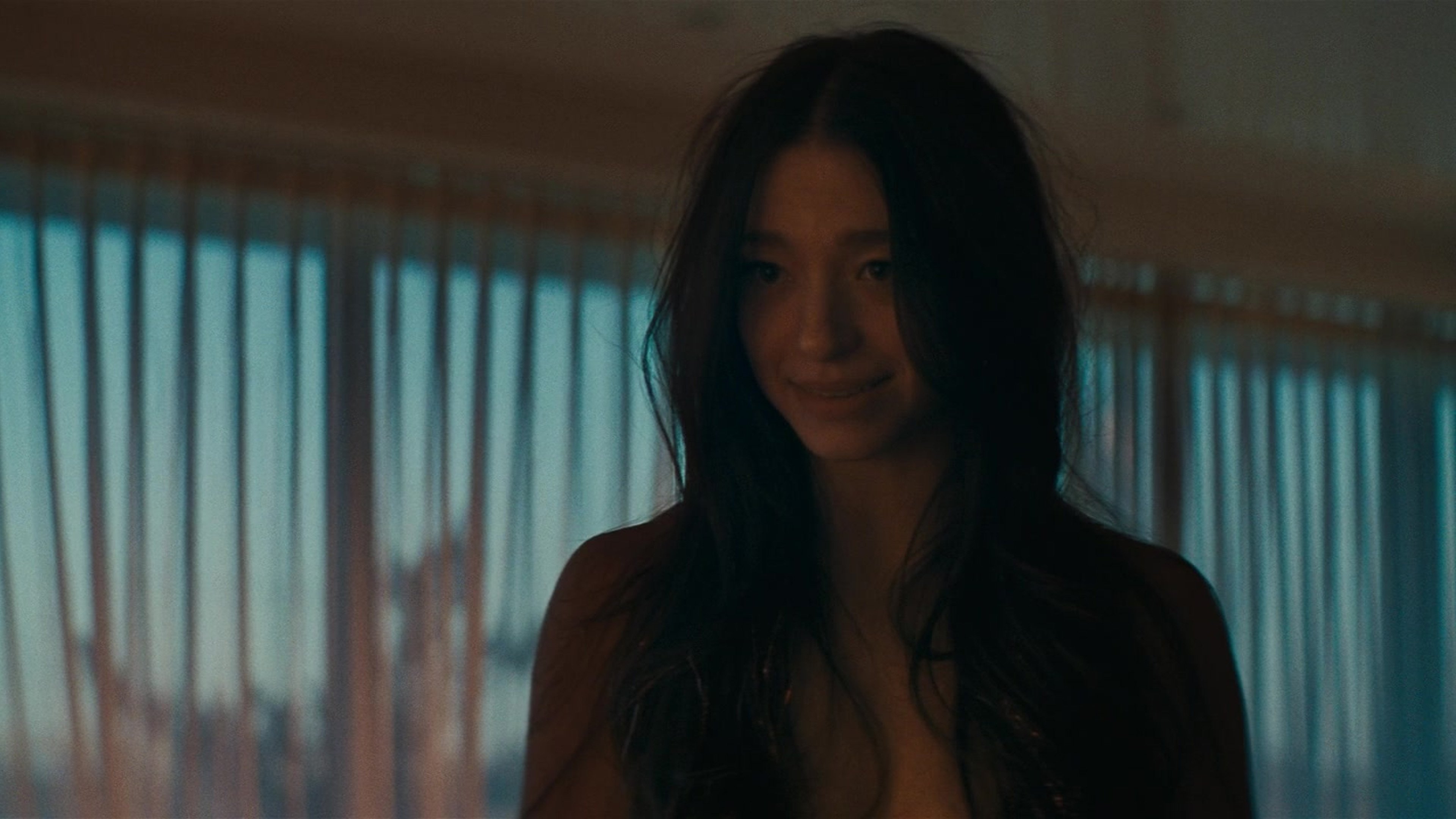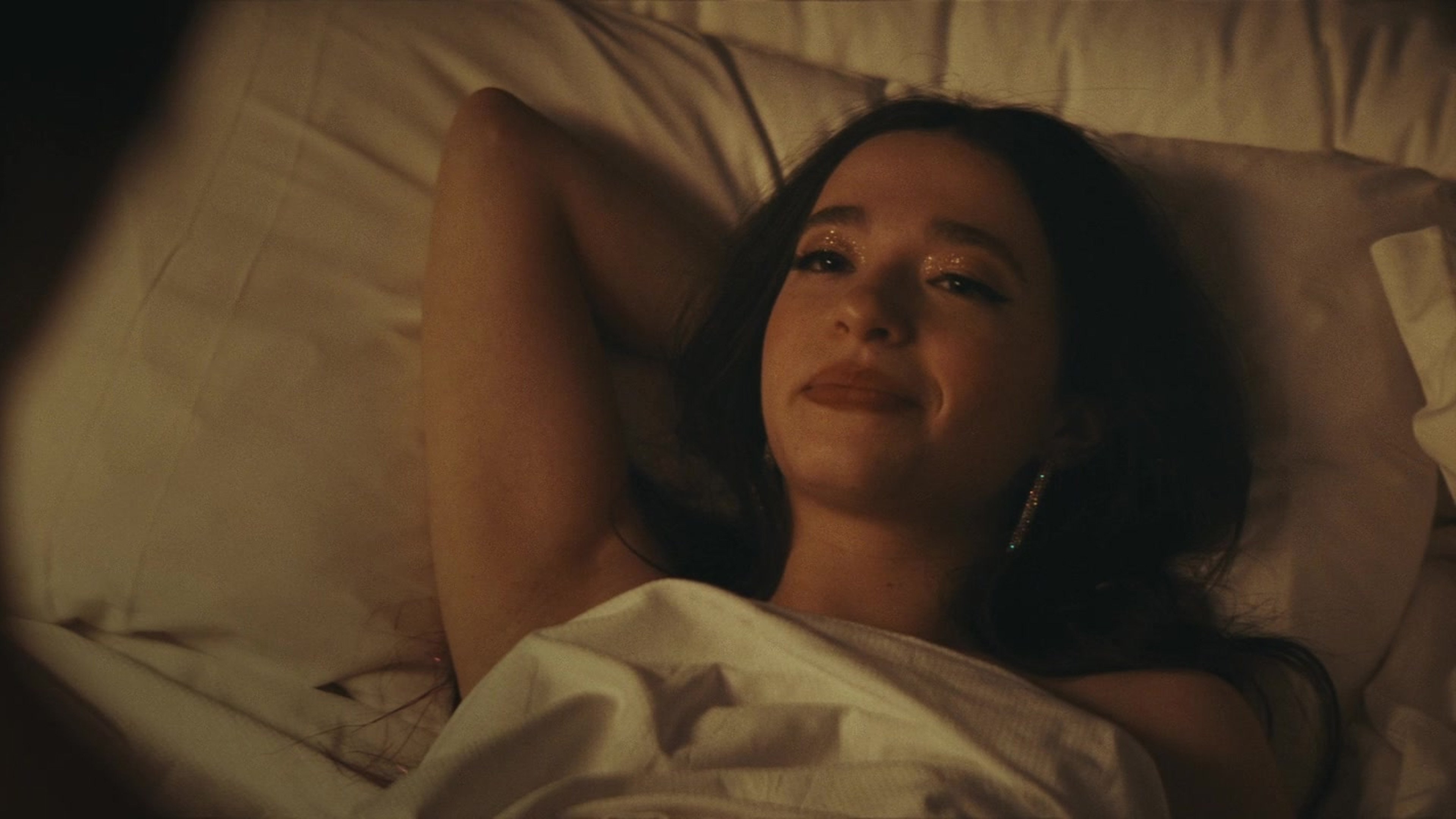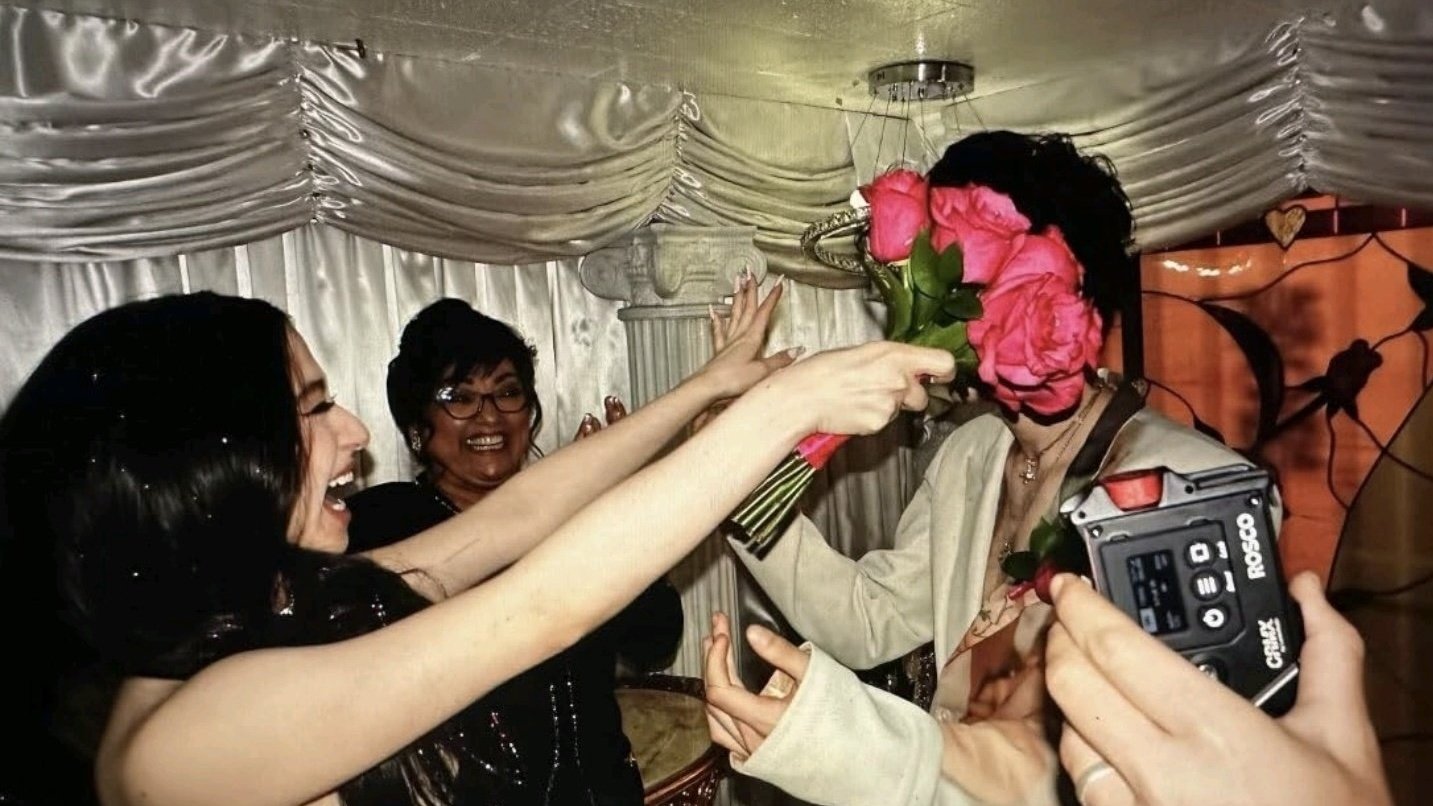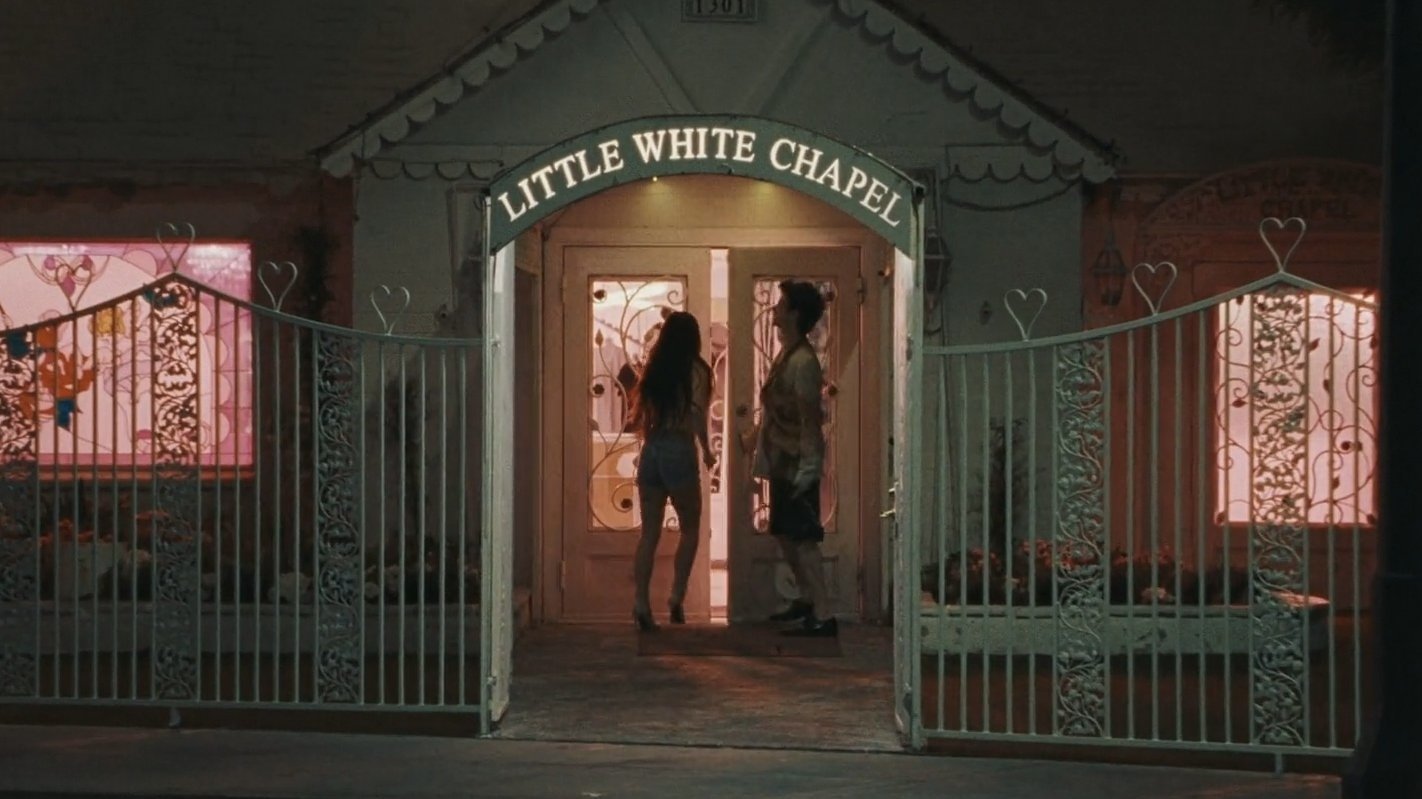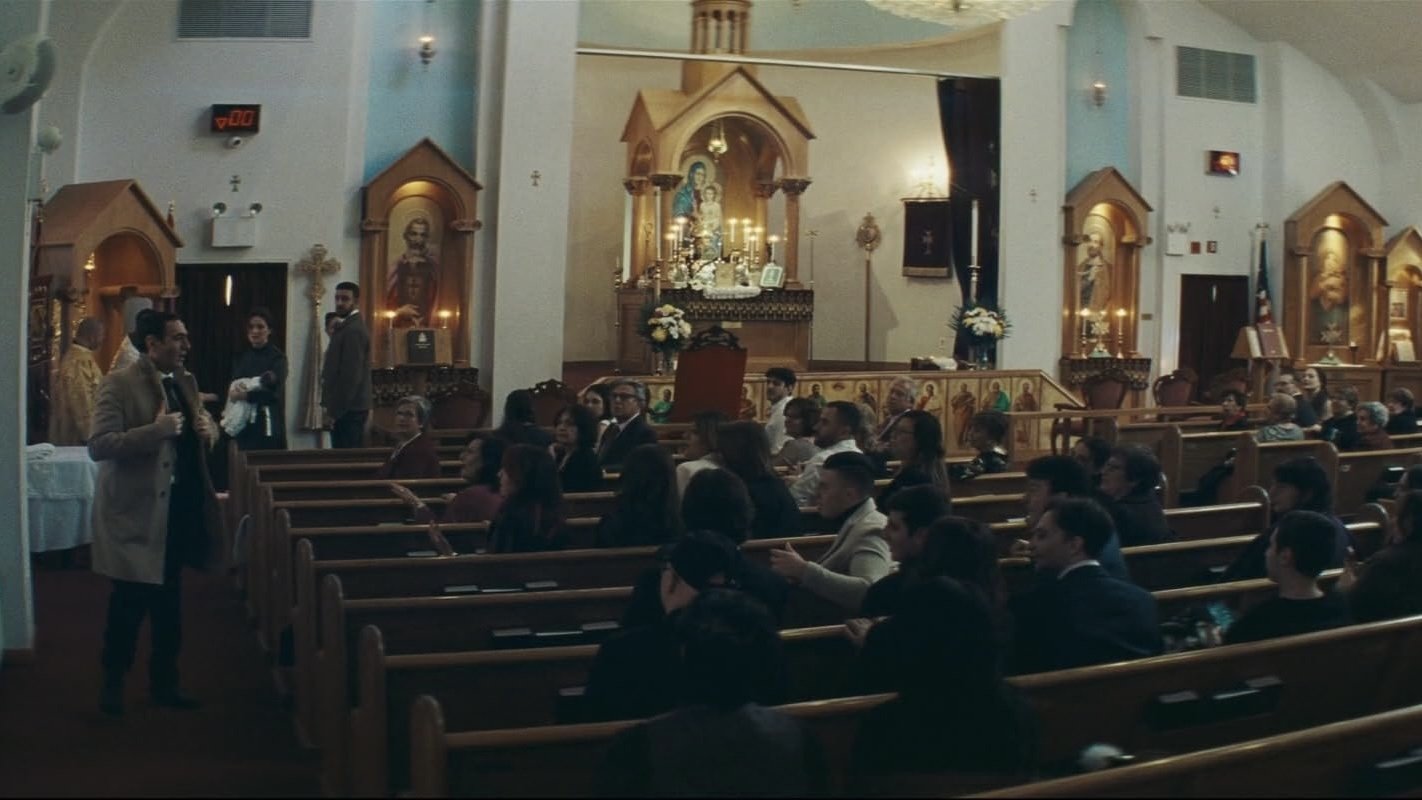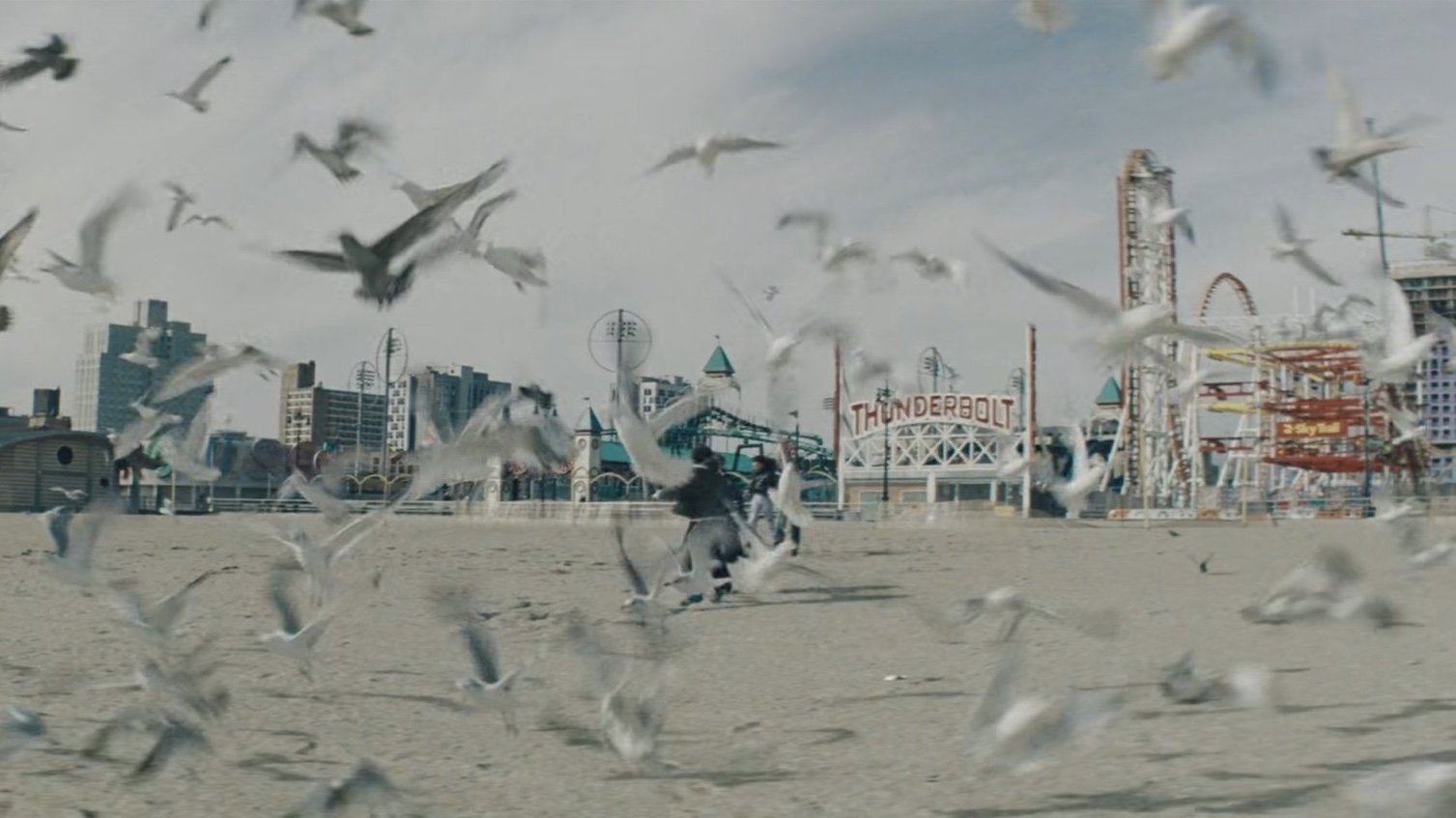Despite a very rough start, “Anora” ultimately offers a unique and entertaining exploration of the humanity behind sex work and the complexities of love, pain, and trauma. I was so close to giving up on the film during its excruciating opening thirty minutes, which I found dull, grating, and gratuitous. The early part of the movie is laden with an unnecessary and gratuitous parade of explicit scenes and a focus on unlikable characters doing uninteresting things. Now I am thankful that I didn’t storm out of the theater, because the eventual payoff is more than worth the investment.
As I reflect on the film, I’ve come to the realization that the style and tone of the film’s opening half hour might be more intentional than I first thought. Writer and director Sean Baker, known for his ability to capture the lives of marginalized people with empathy and complexity in his previous works “The Florida Project” and “Tangerine,” appears to be making a deliberate statement. The first act, with its emphasis on the superficial, transactional view of sex work, feels almost intentionally alienating, highlighting how society often reduces sex workers to mere objects of desire that exist solely to be used, abused, and discarded. It’s designed to make viewers uncomfortable, mostly because it seems to be a critique of how these people are seen as less than human. Sex workers like Anora are often dismissed as disposable rather than as individuals with depth and feelings.
Once the film transitions into the second act, it gains momentum and its true heartbeat emerges. The focus shifts to Anora (Mikey Madison), a young sex worker from Brooklyn who impulsively marries a powerful Russian oligarch’s playboy son, Ivan (Mark Eydelshteyn). As news of the marriage reaches Russia, it threatens to derail her new life. Ivan’s parents are infuriated and head to New York to have the union annulled. The plot sounds like a simple and goofy romantic comedy, but it becomes more layered as the film progresses.
Baker excels in depicting characters on the fringes of society, and Anora is no exception. She’s flawed, complicated, and completely human in her desire to be happy, safe, and loved. As we get to know the character better, her strength, resilience, and vulnerability shines through. It’s a real testament to how much Baker understands his characters and the environments they inhabit. They are never caricatures but relatable, normal people caught up in difficult, often tragic circumstances. And this, I think, is where the film really succeeds.
It’s a serious story that takes an unexpected turn when a trio of bumbling criminal characters show up, adding some much-needed levity and energy to the film. The comedic angle is strange but also highly entertaining, which provides a nice contrast to the tension-filled dramatic elements. The humor balances the more serious undertones of the story and injects an unexpected freshness into the film, making it easier (and a lot more fun) to invest in Anora’s journey.
What’s really going to have audiences talking is the ending, and it’s the place where the film leaves its most notable mark. I can imagine the final frame will be analyzed and discussed and misunderstood, but it’s one of the most profound, heartbreaking, and touching conclusions I’ve seen this year.
WARNING: I am issuing a spoiler alert for the next paragraph. Please stop reading now if you’ve not yet seen the film.
When Igor (Yura Borisov) and Anora are together in the final act, this isn’t a typical “rescue” or “knight in shining armor” trope that you’d expect to find in a romantic film. Their sad and painful attempt at intimacy is a deeply meaningful and emotional recognition between two people who have been hurt by the world in similar ways. It’s a poignant reminder that love and healing often come from shared experiences of pain, and that empathy can transcend even the most complicated circumstances. It’s just so heartbreaking and sad, and I’m not sure there’s another film that’s so accurately or sensitively conveyed a person’s haunting emotional wounds with such authenticity.
It goes without saying that despite a miserable opening, “Anora” ultimately won me over. This is a flawed but compelling story about a woman reclaiming her agency, confronting the societal labels placed on her, and finding something profoundly human in a world that seeks to strip her of it.
By: Louisa Moore / SCREEN ZEALOTSDespite a very rough start, “Anora” ultimately offers a unique and entertaining exploration of the humanity behind sex work and the complexities of love, pain, and trauma. I was so close to giving up on the film during its excruciating opening thirty minutes, which I found dull, grating, and gratuitous. The early part of the movie is laden with an unnecessary and gratuitous parade of explicit scenes and a focus on unlikable characters doing uninteresting things. Now I am thankful that I didn’t storm out of the theater, because the eventual payoff is more than worth the investment.
As I reflect on the film, I’ve come to the realization that the style and tone of the film’s opening half hour might be more intentional than I first thought. Writer and director Sean Baker, known for his





